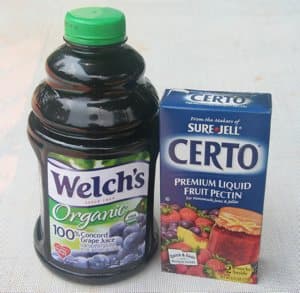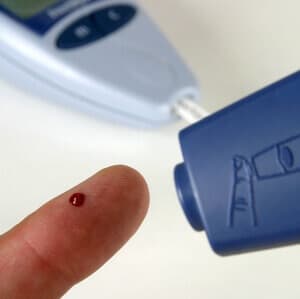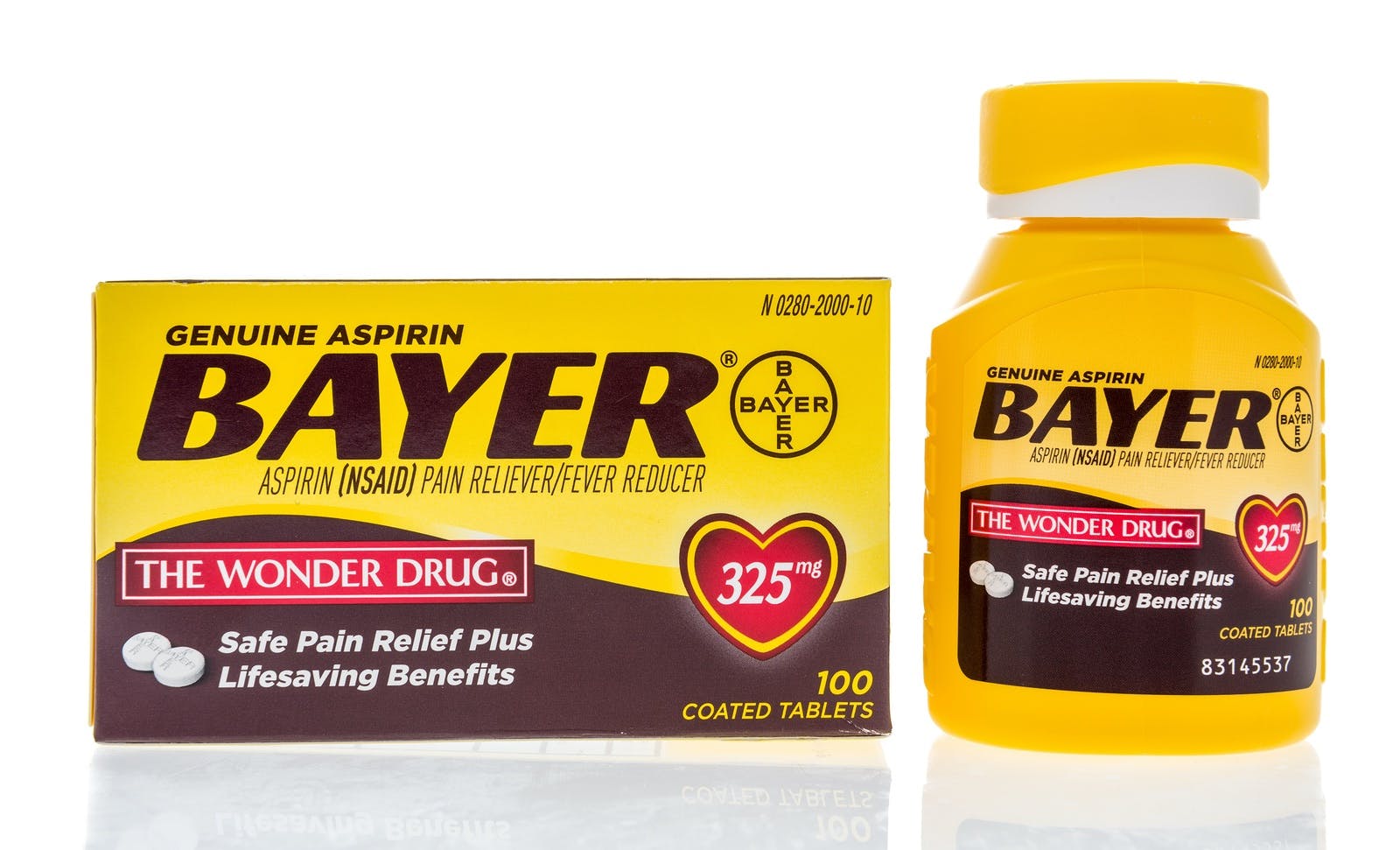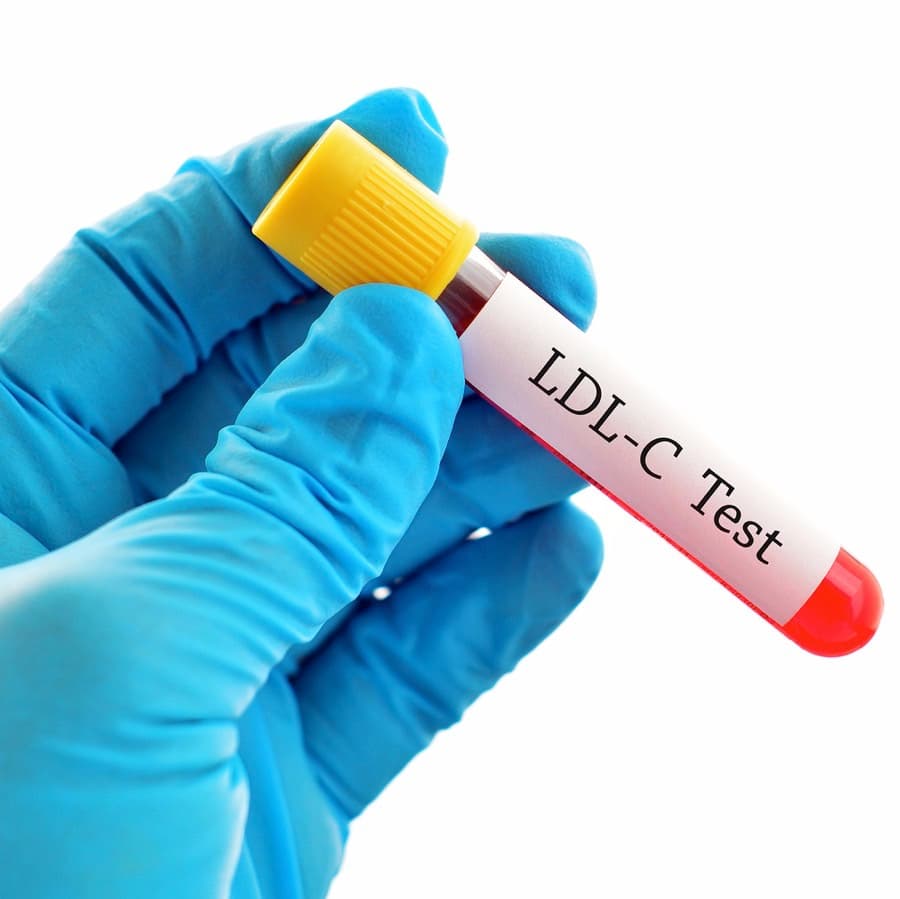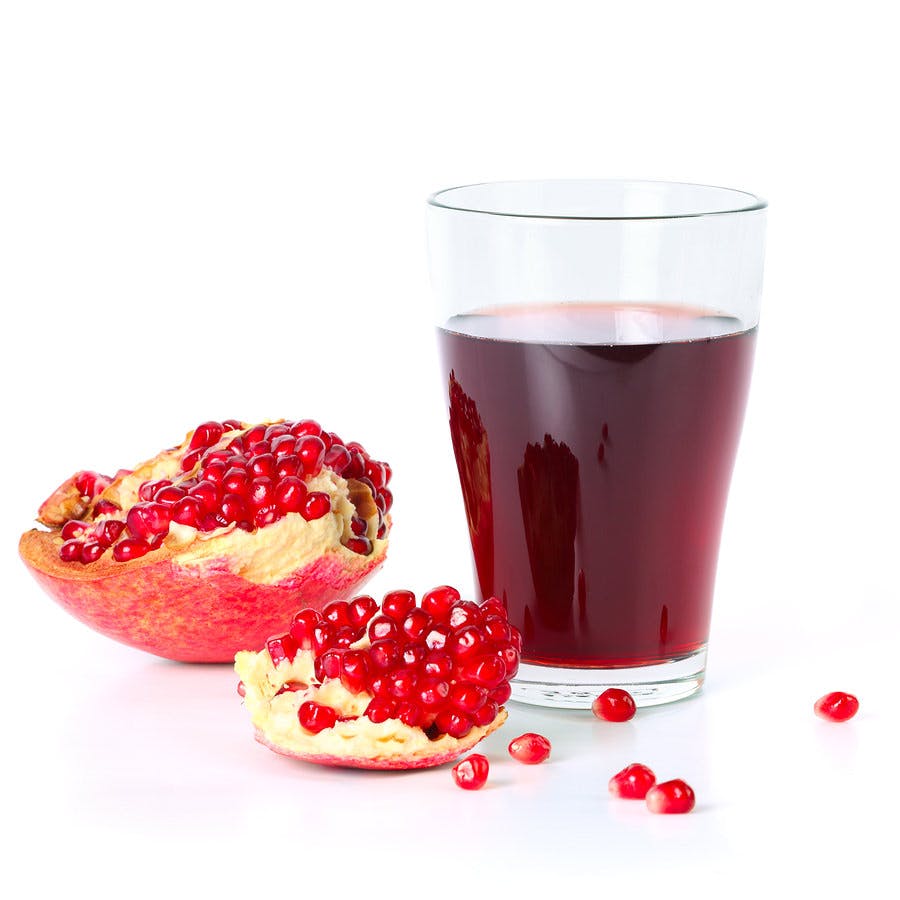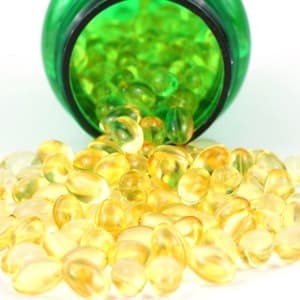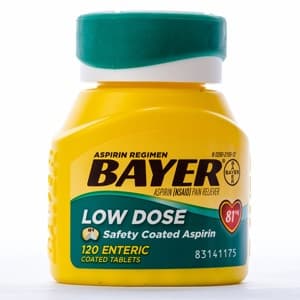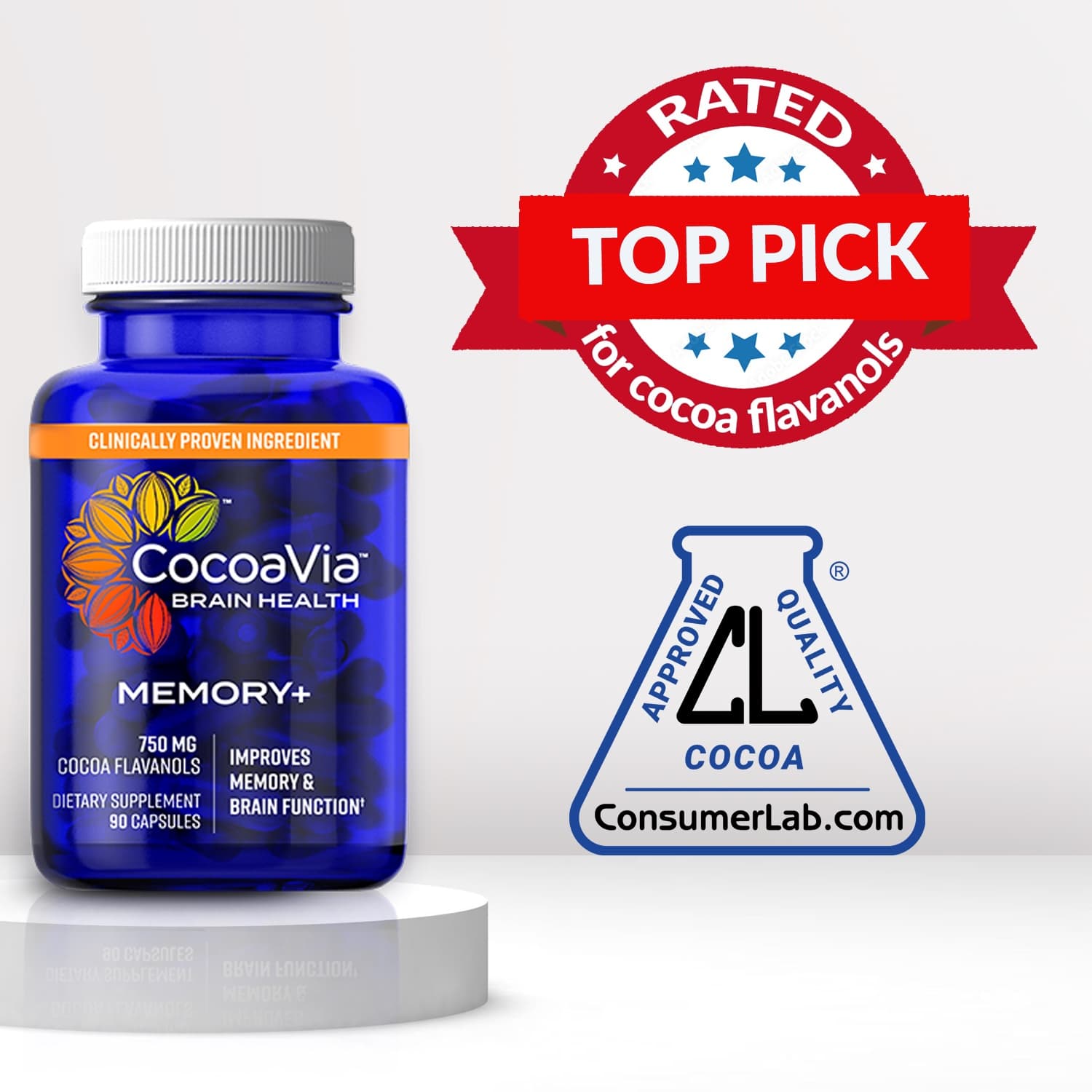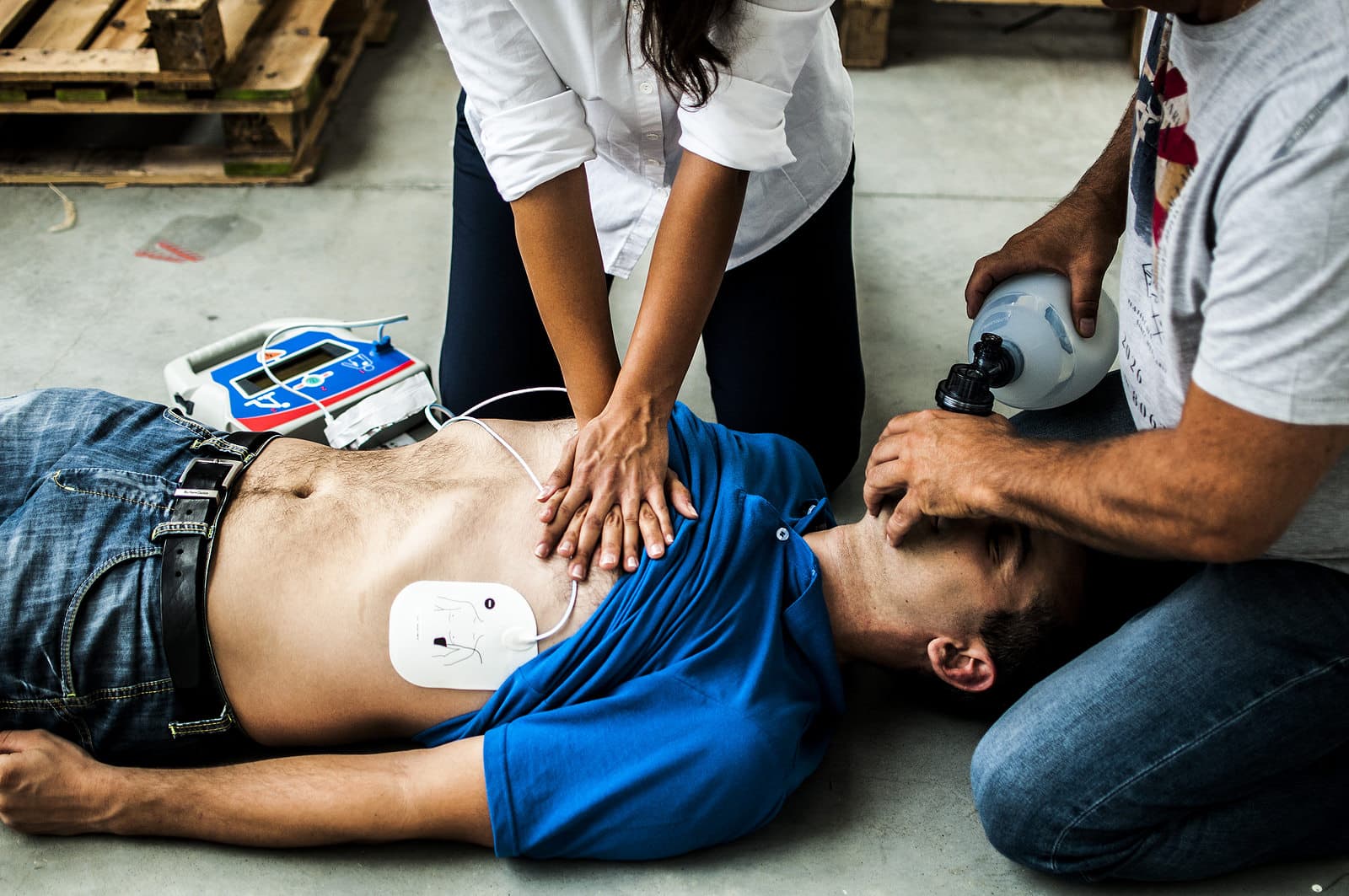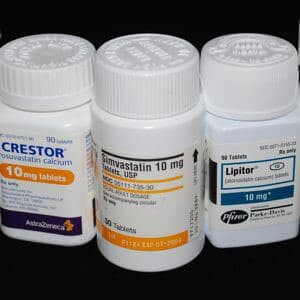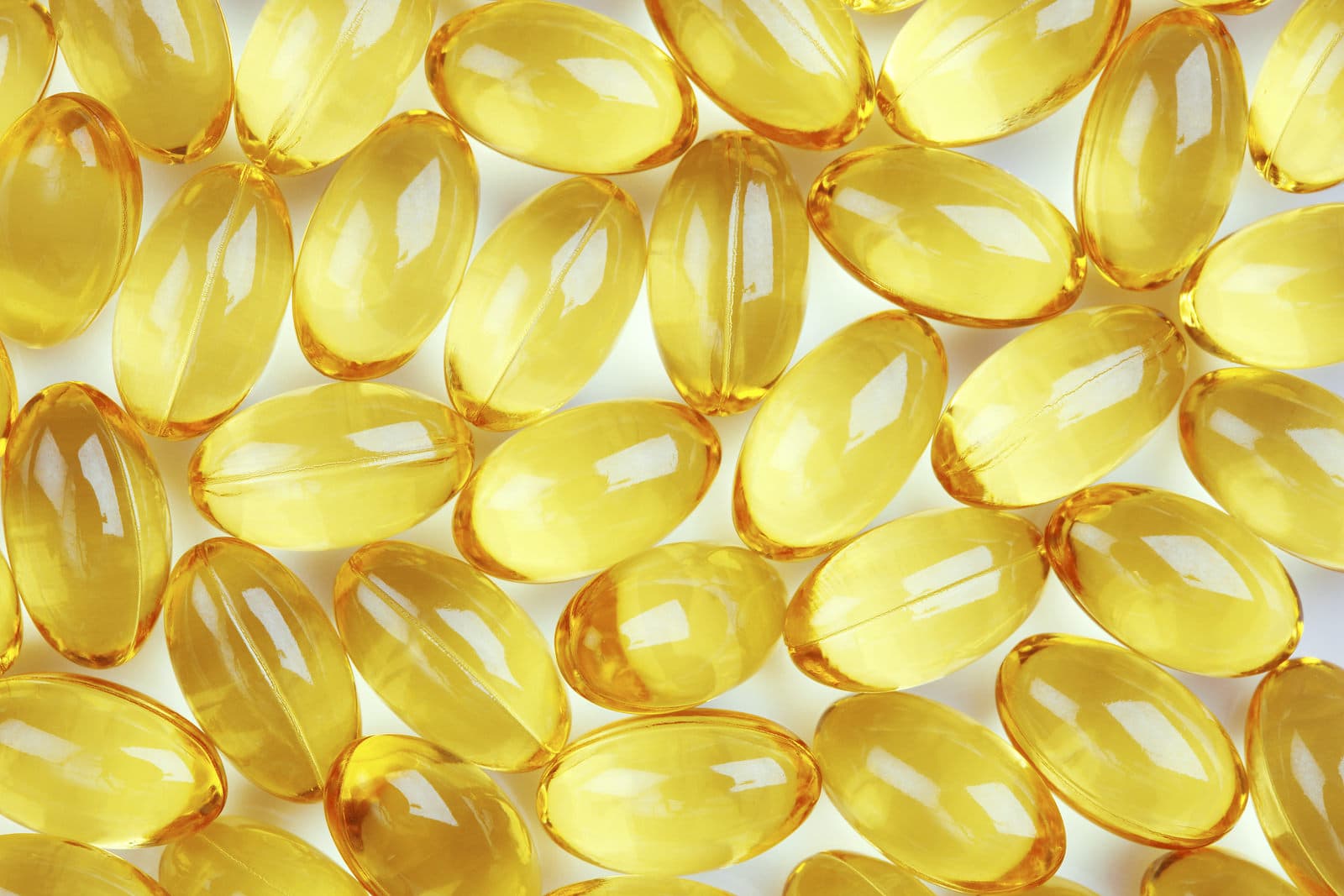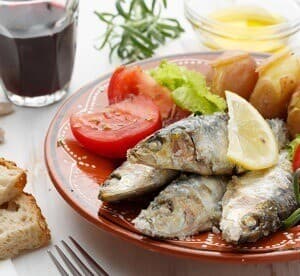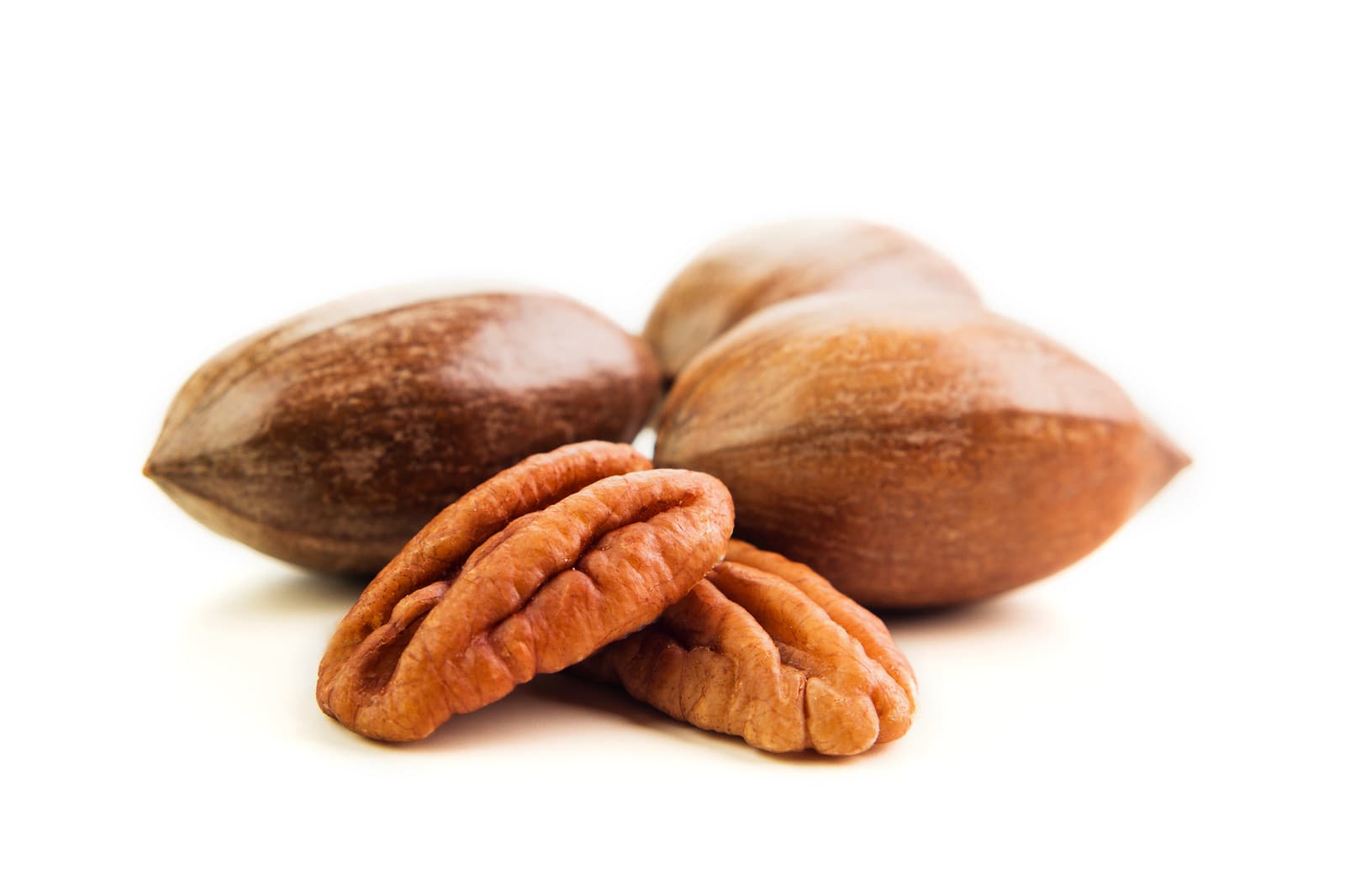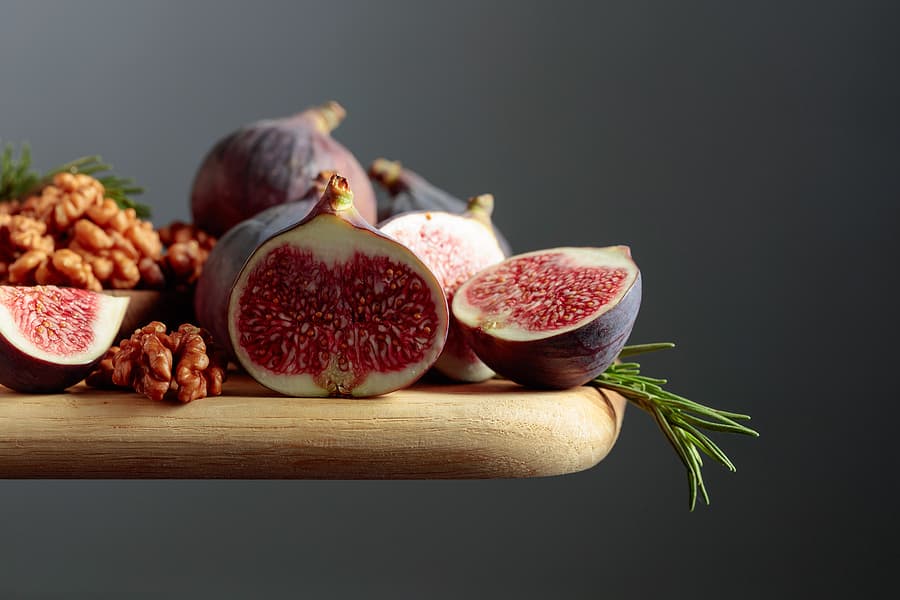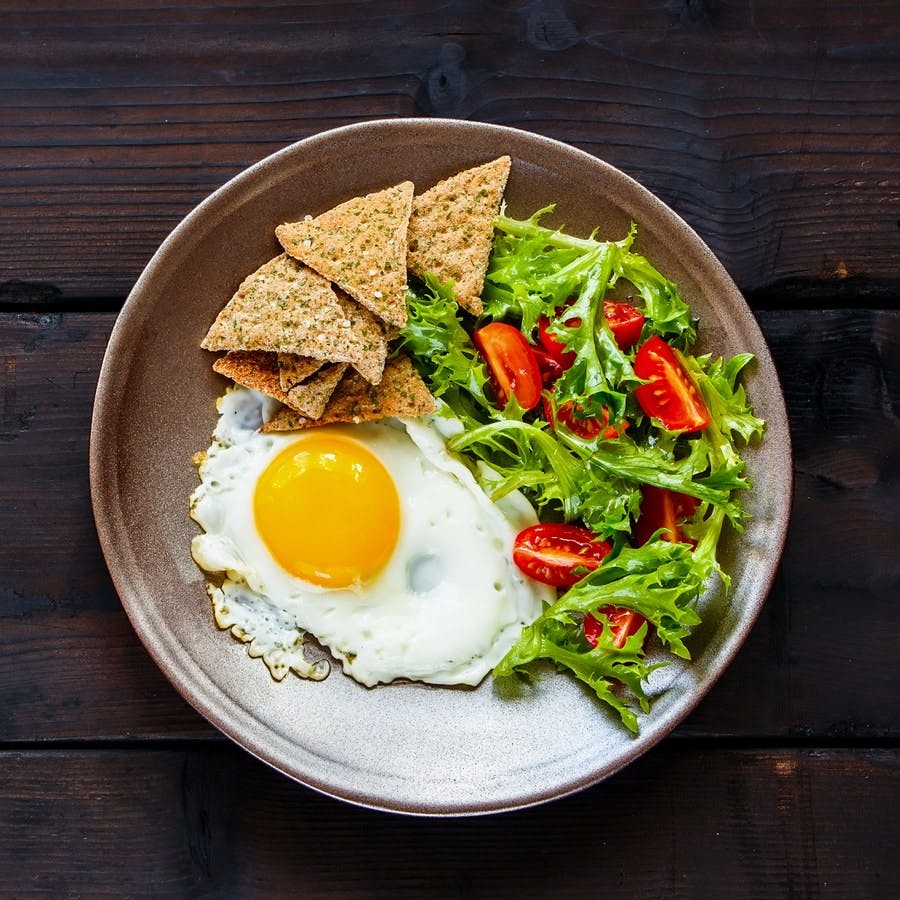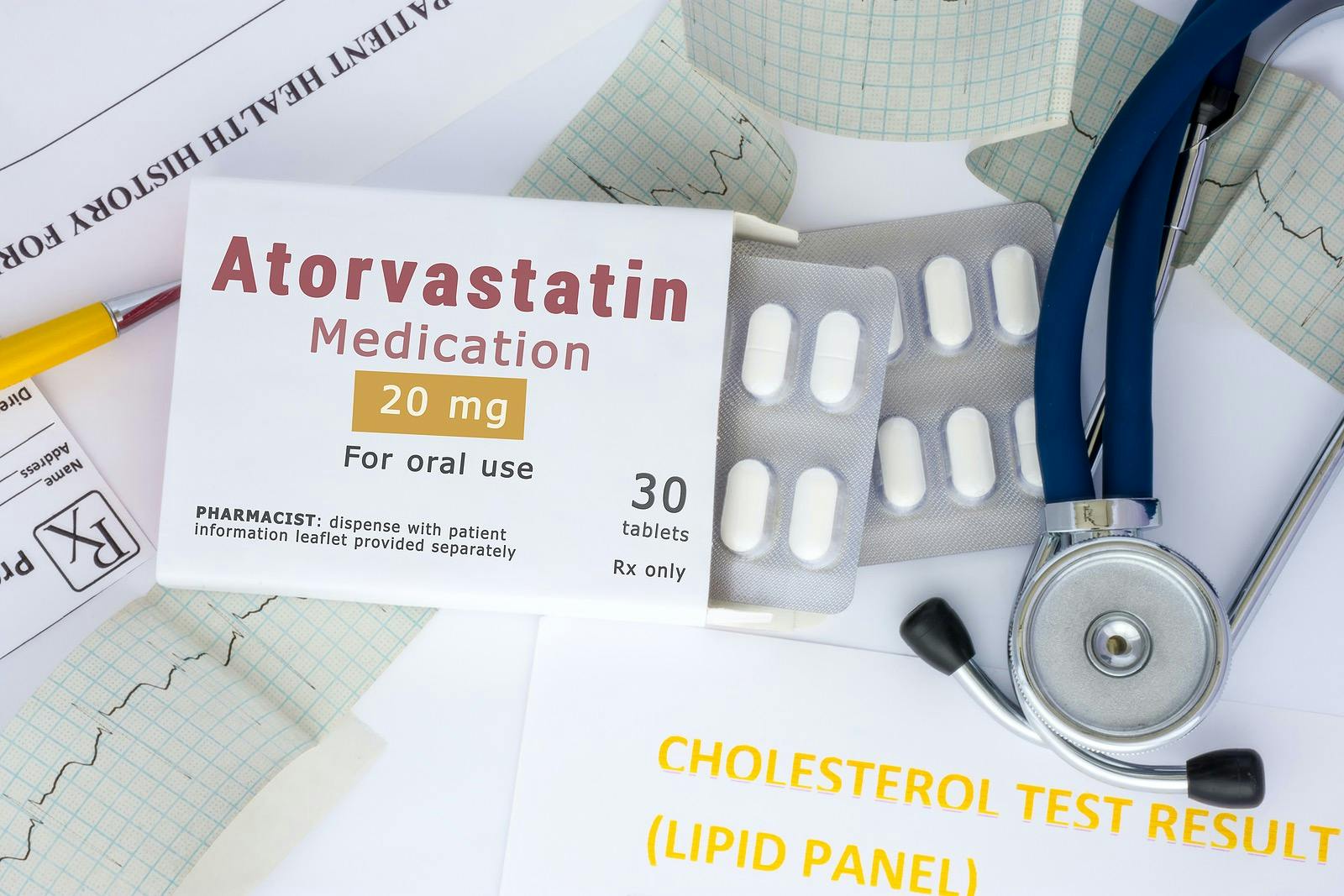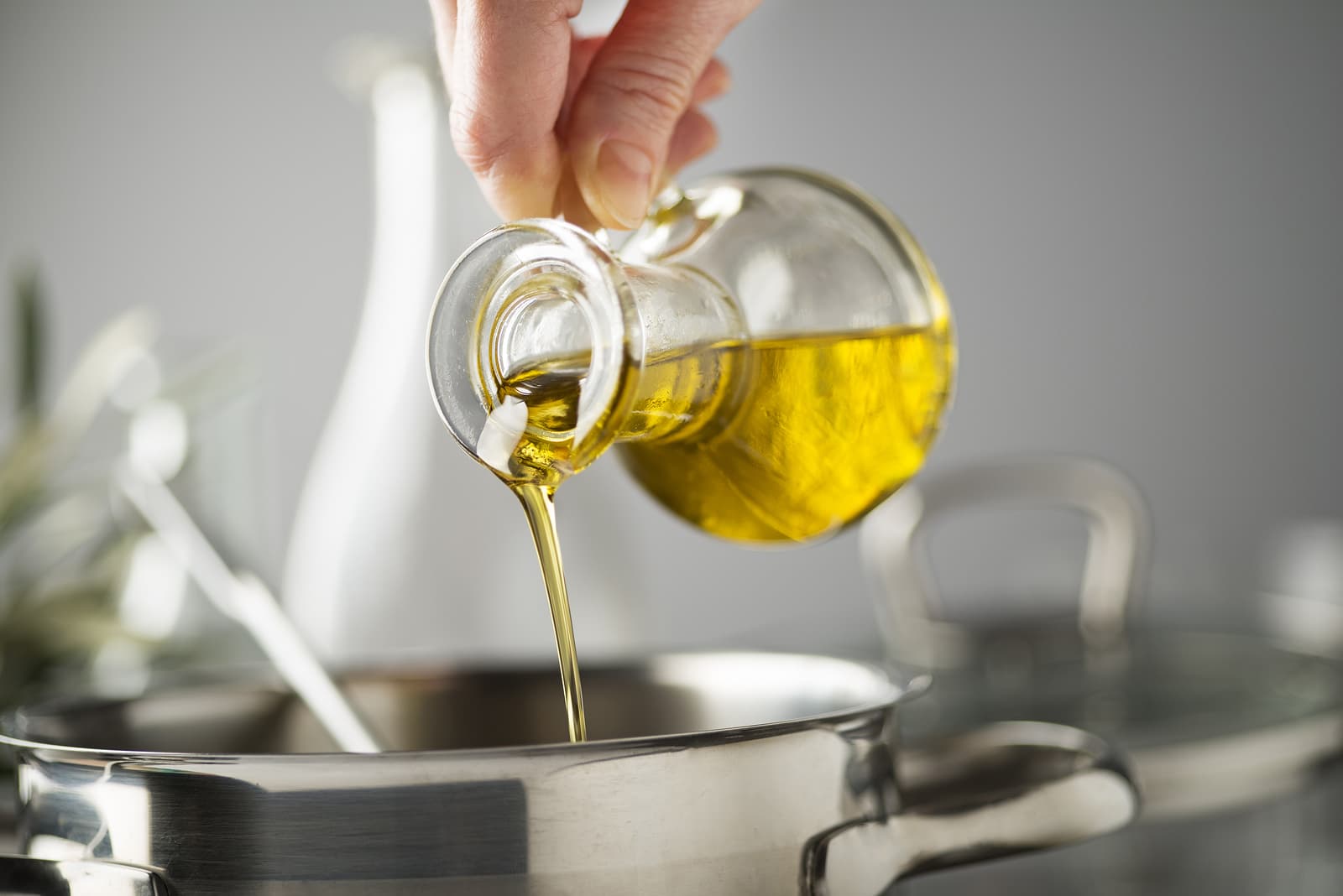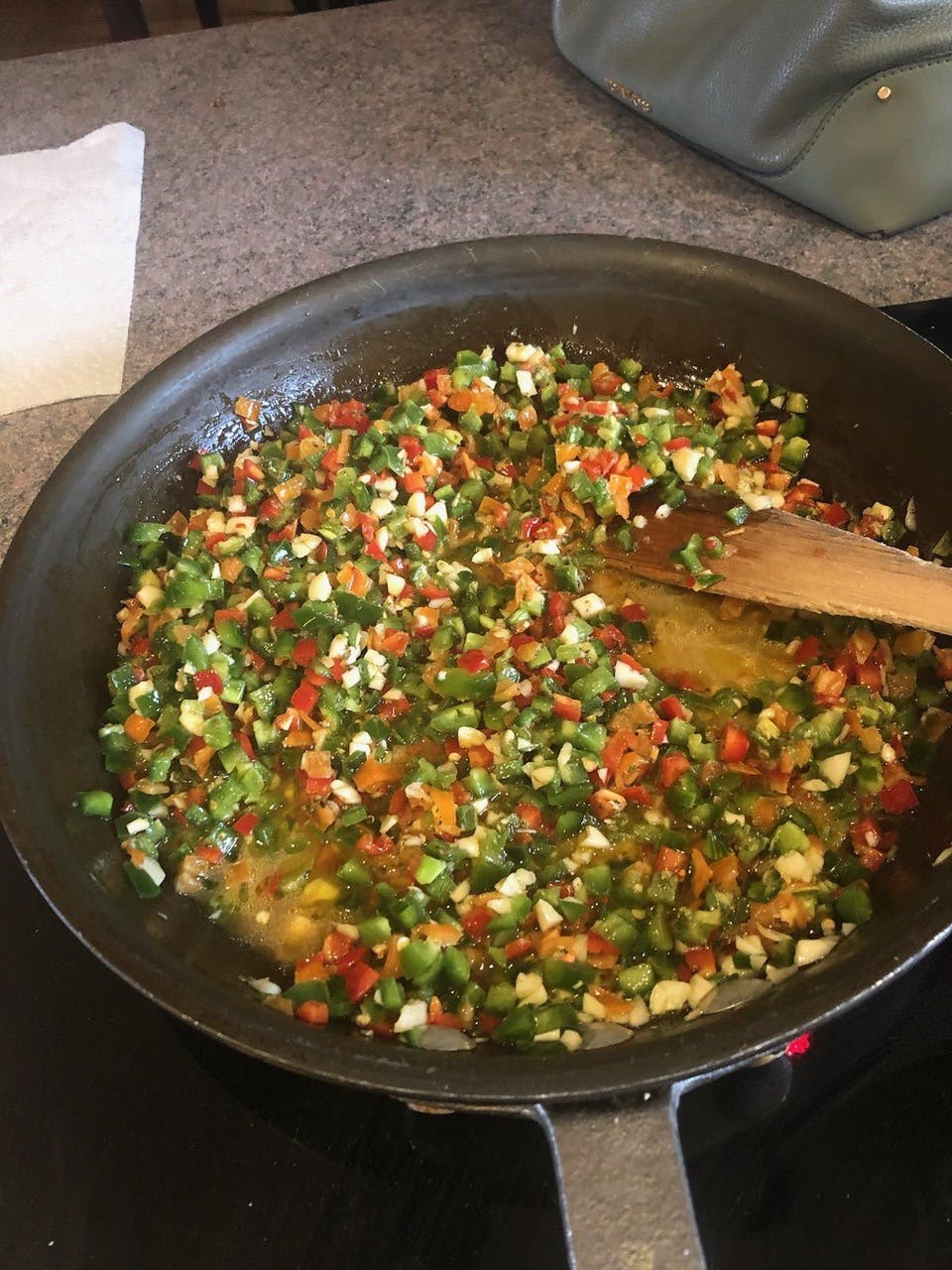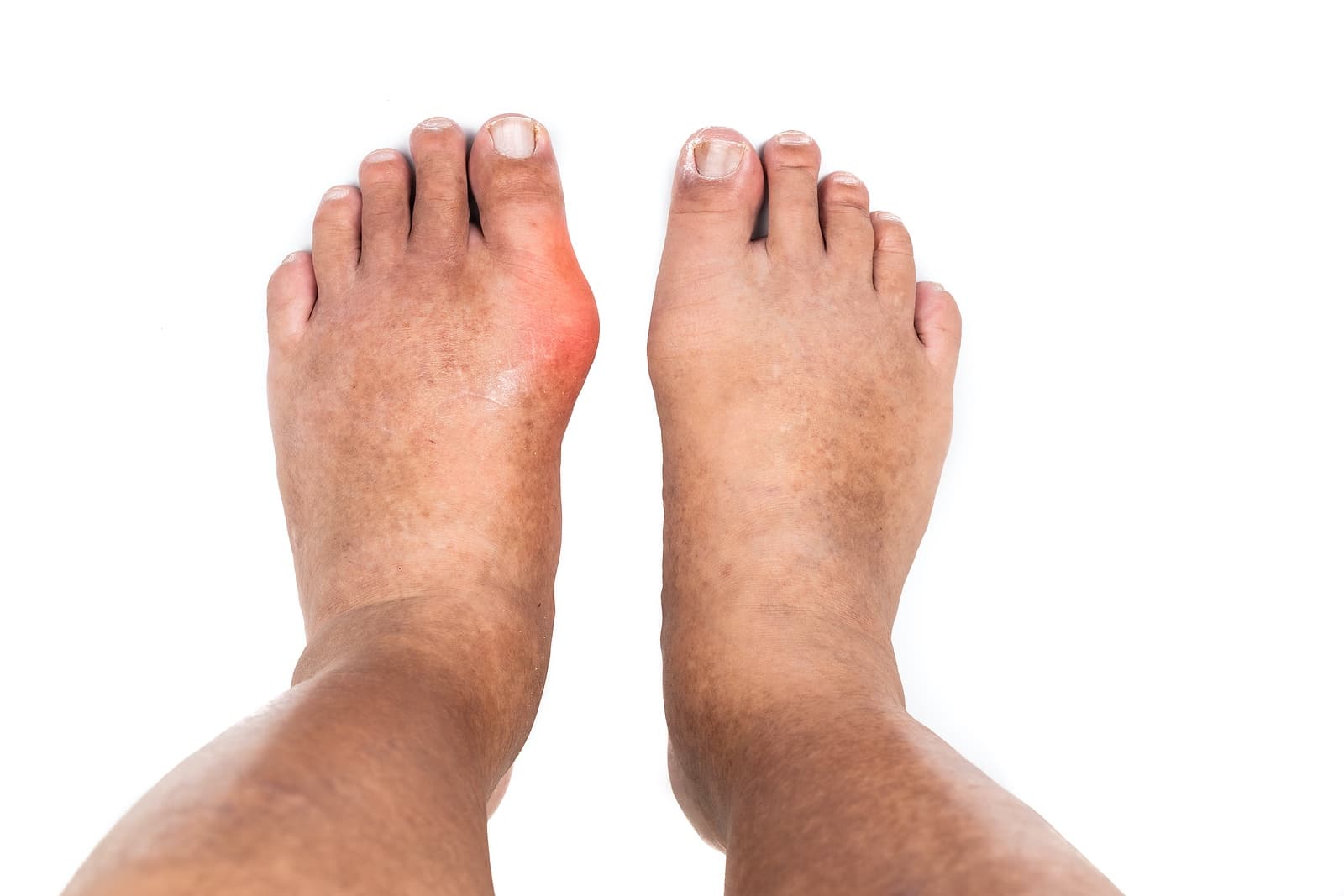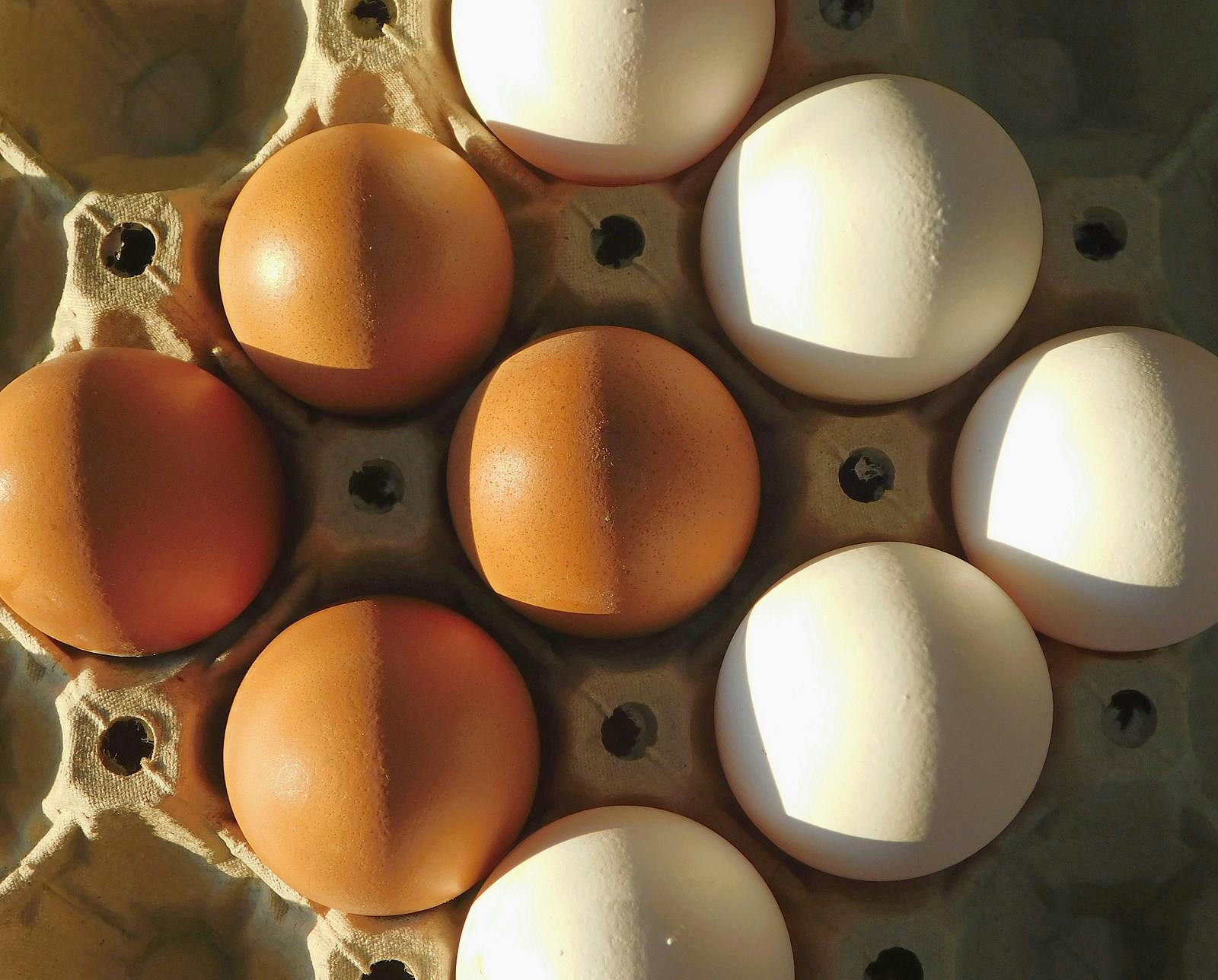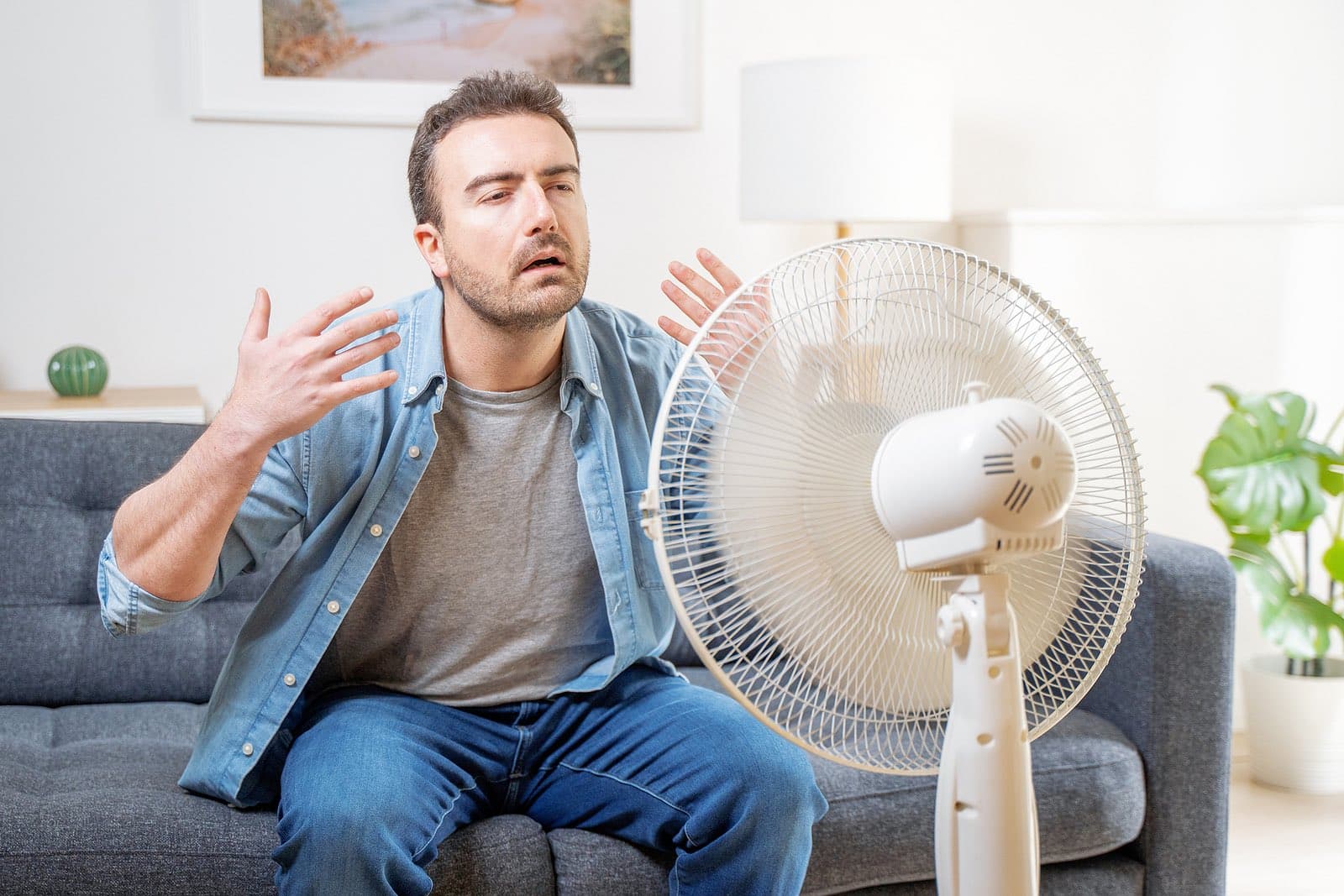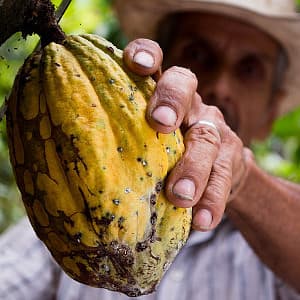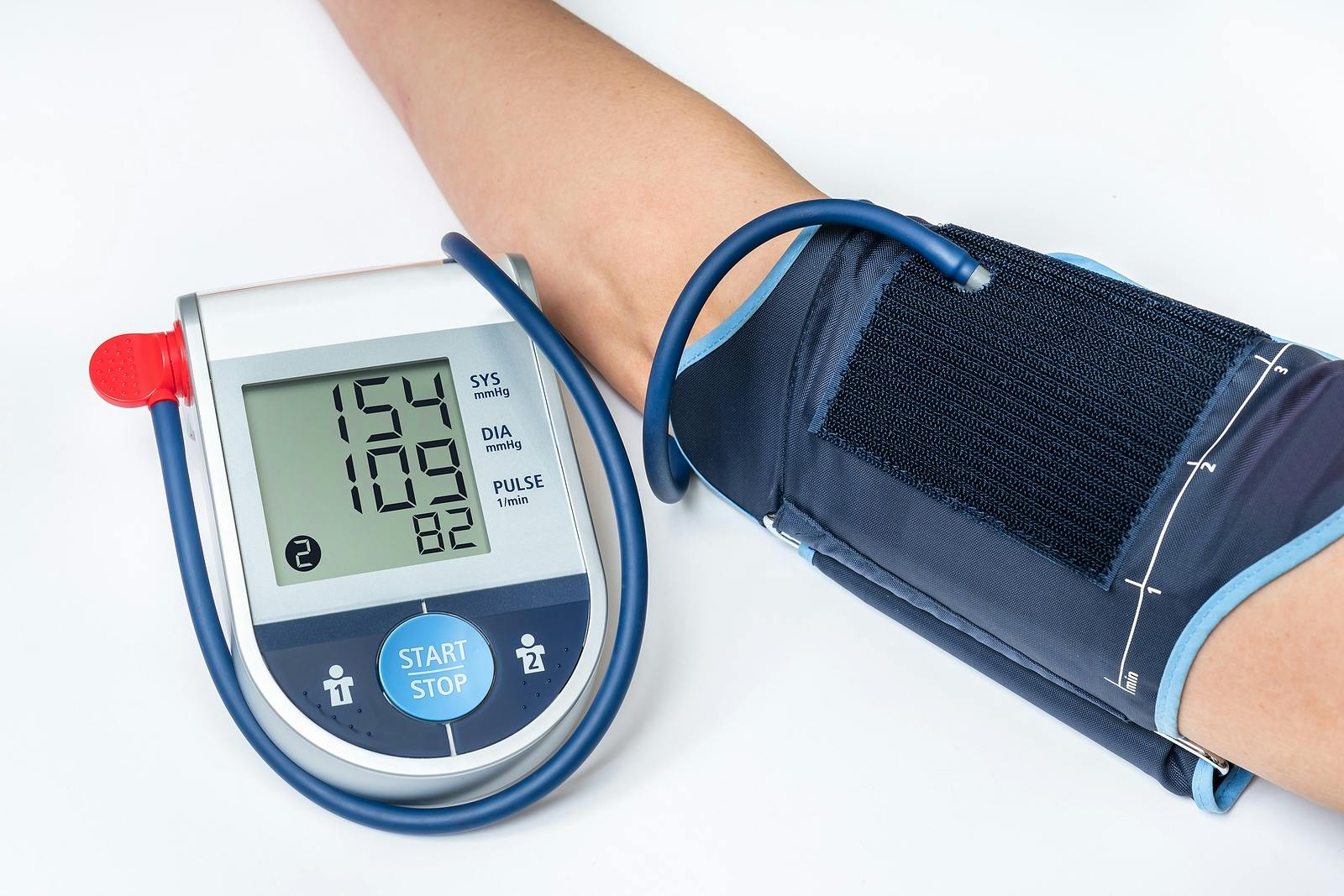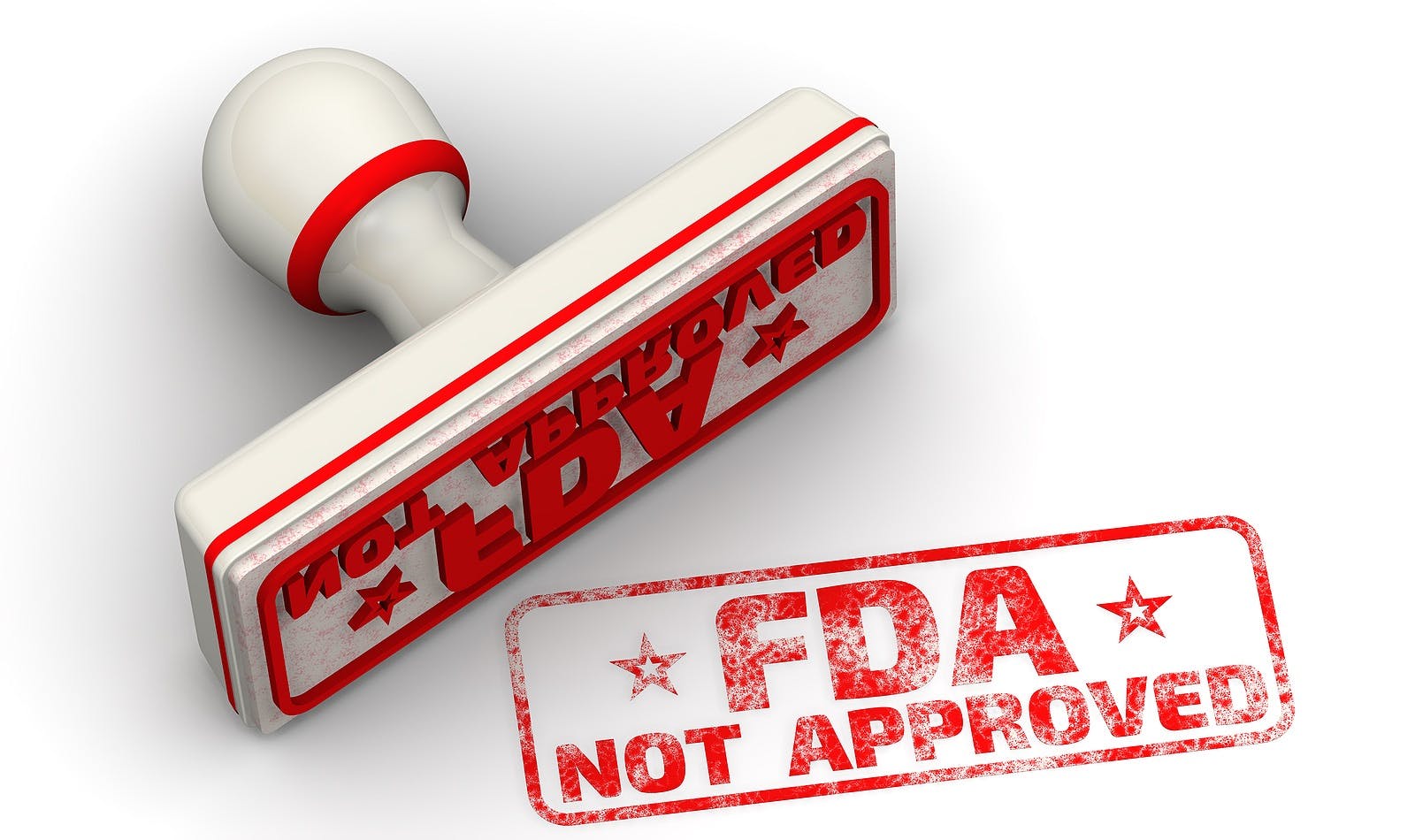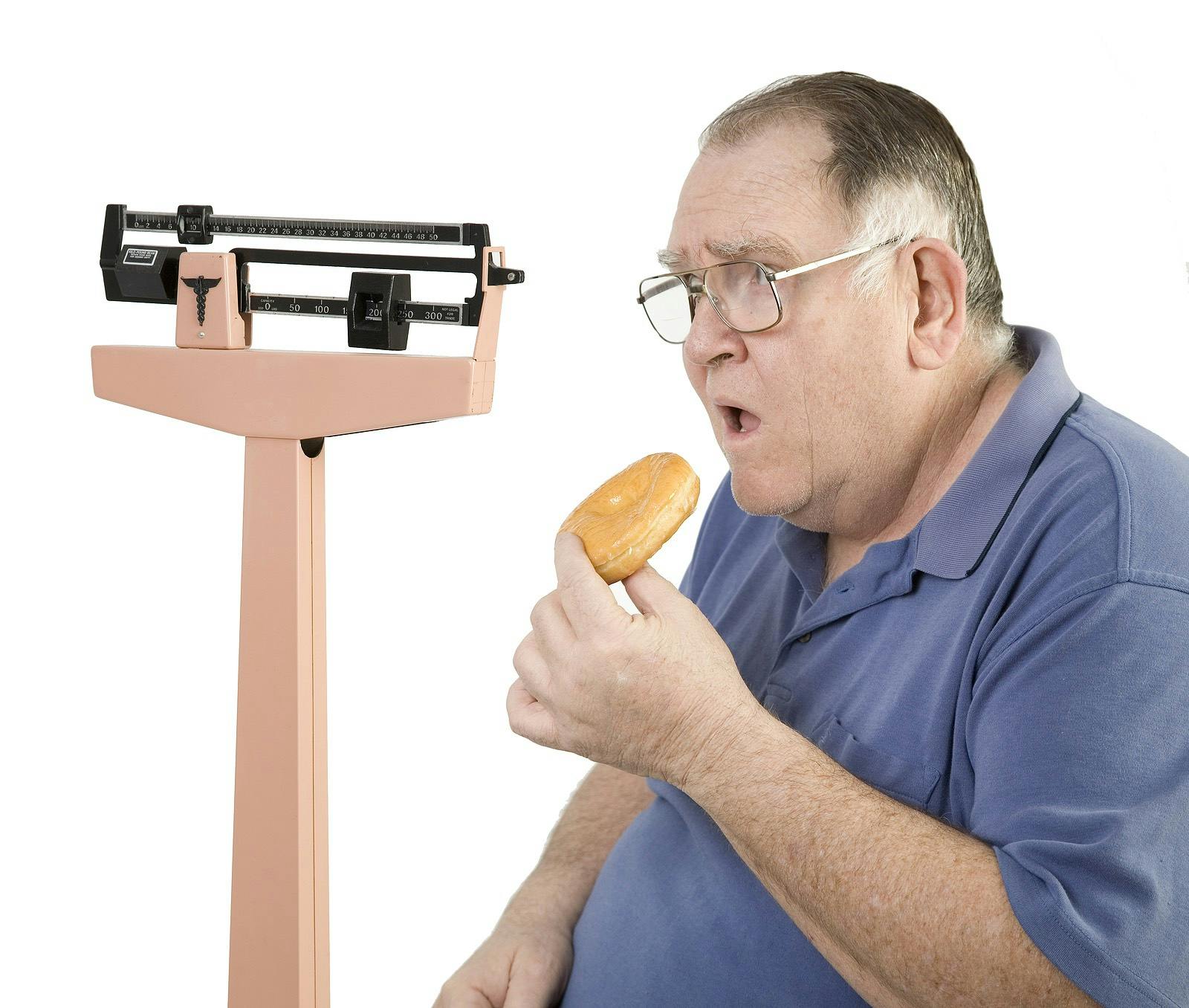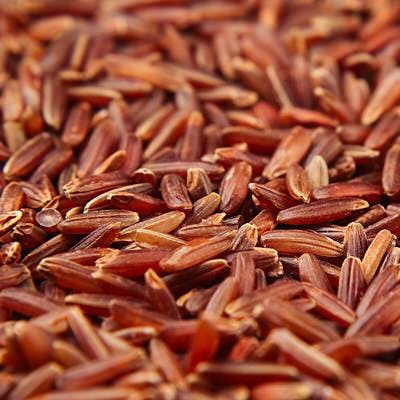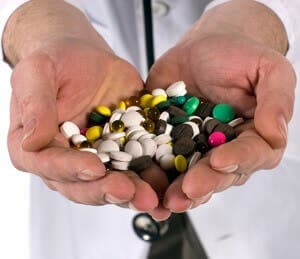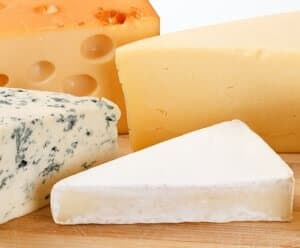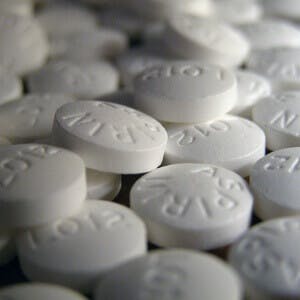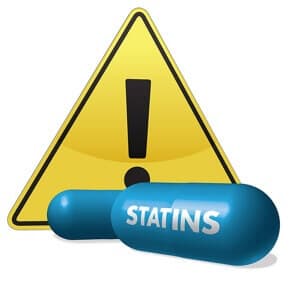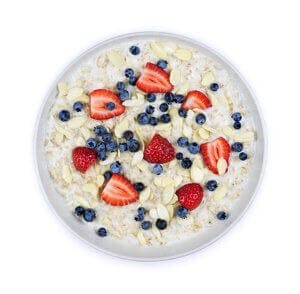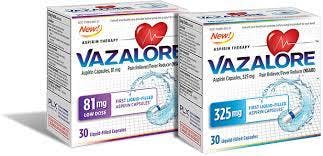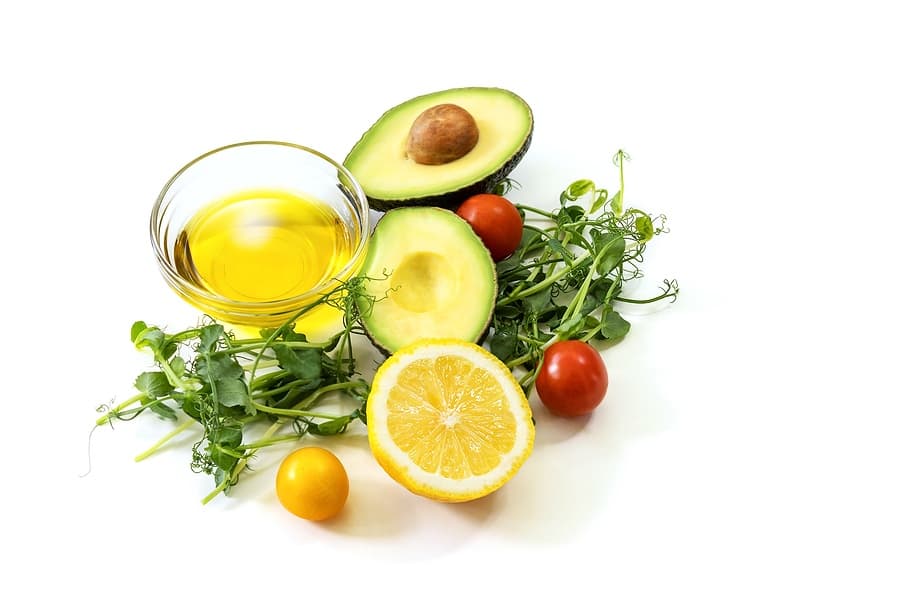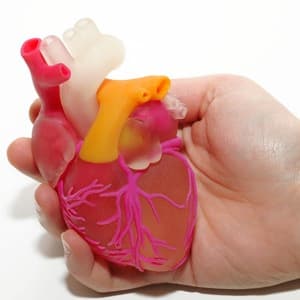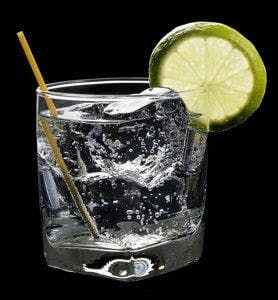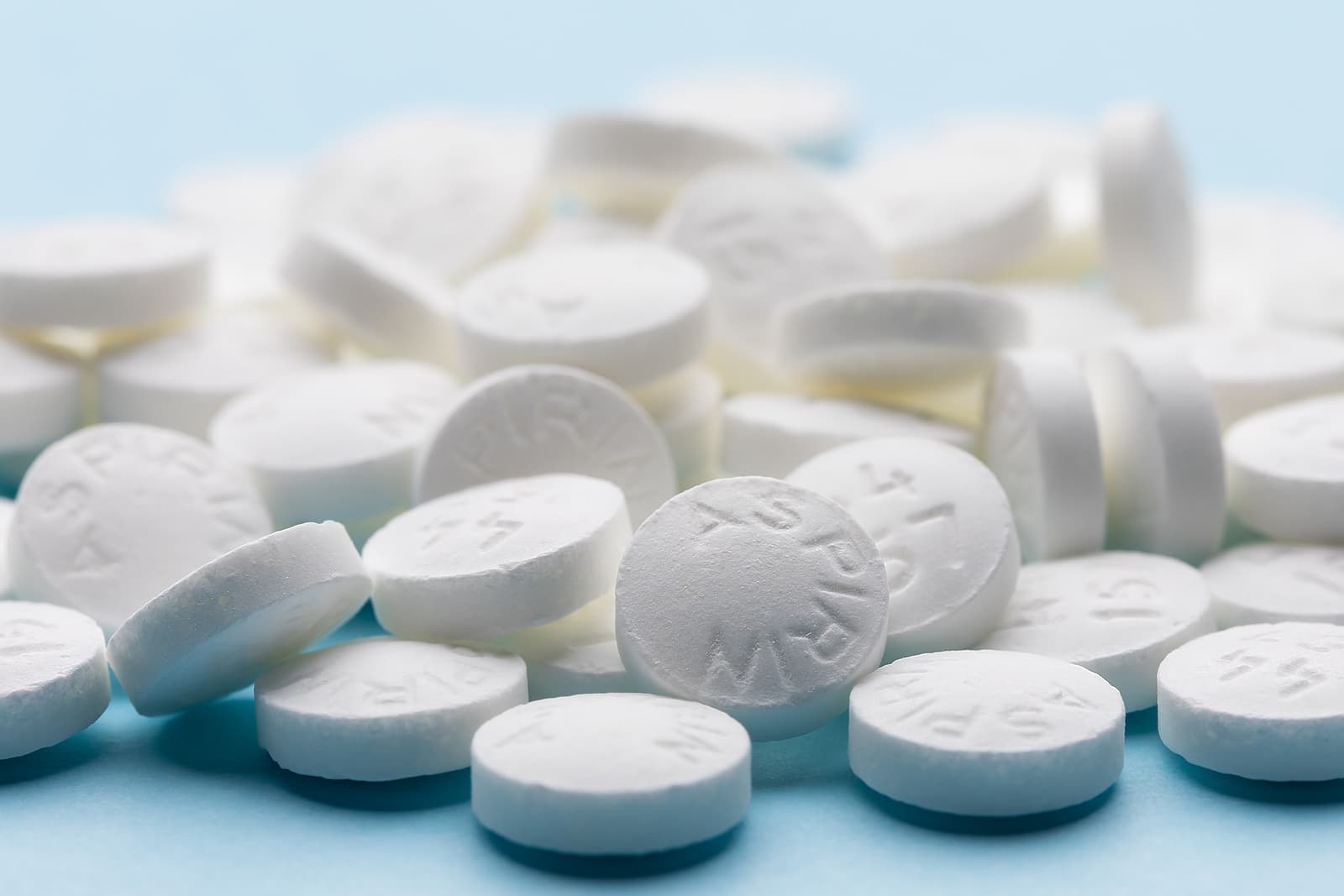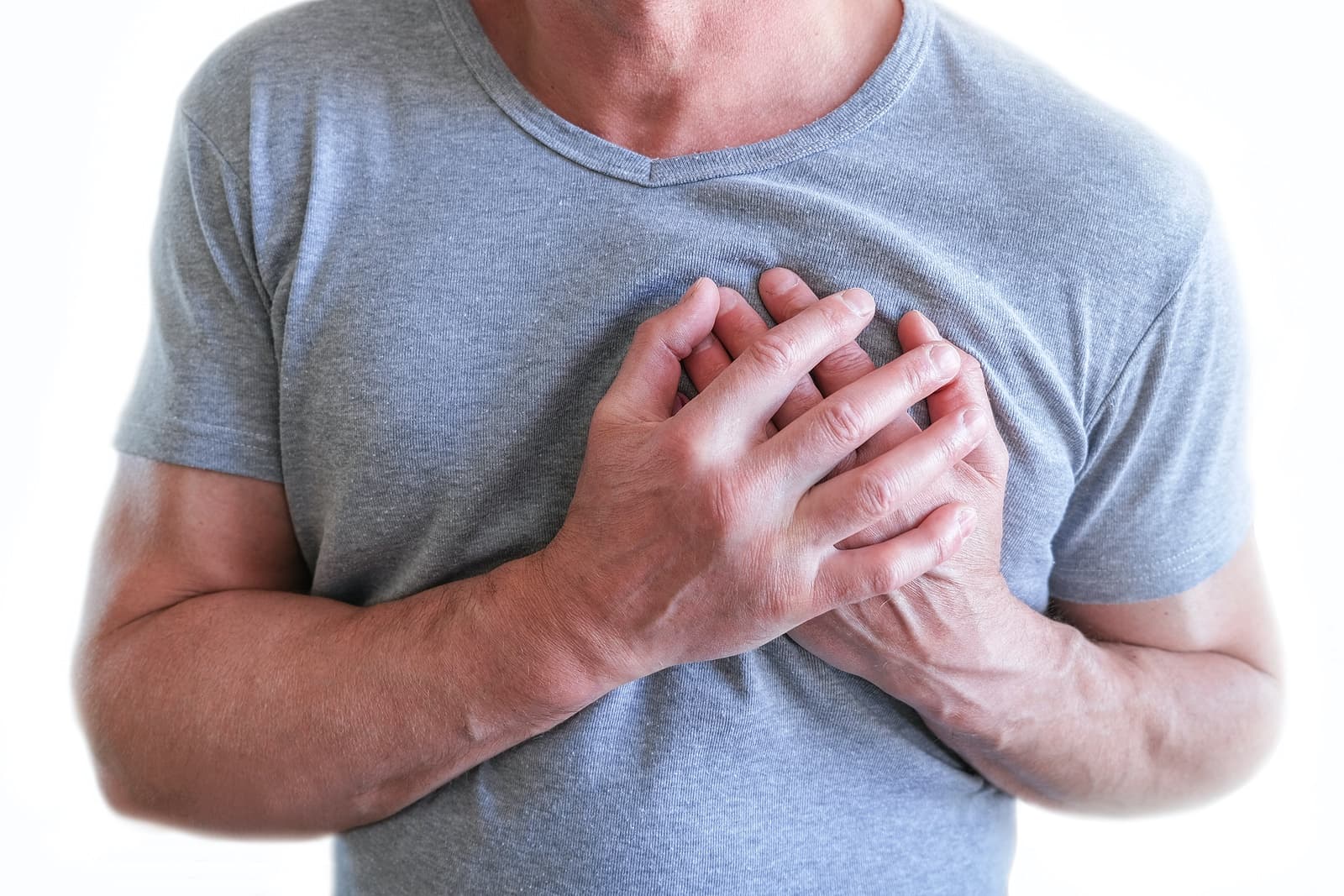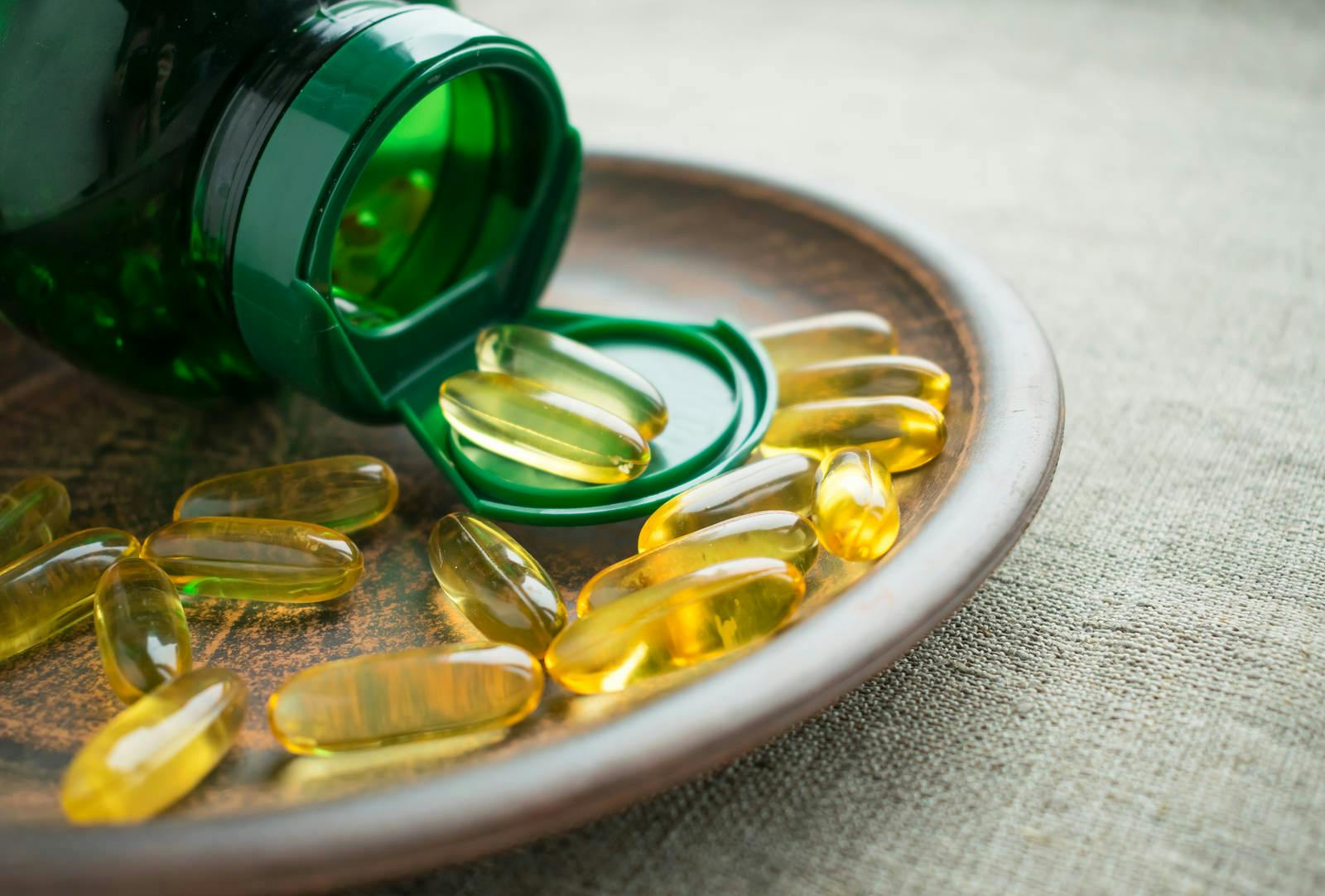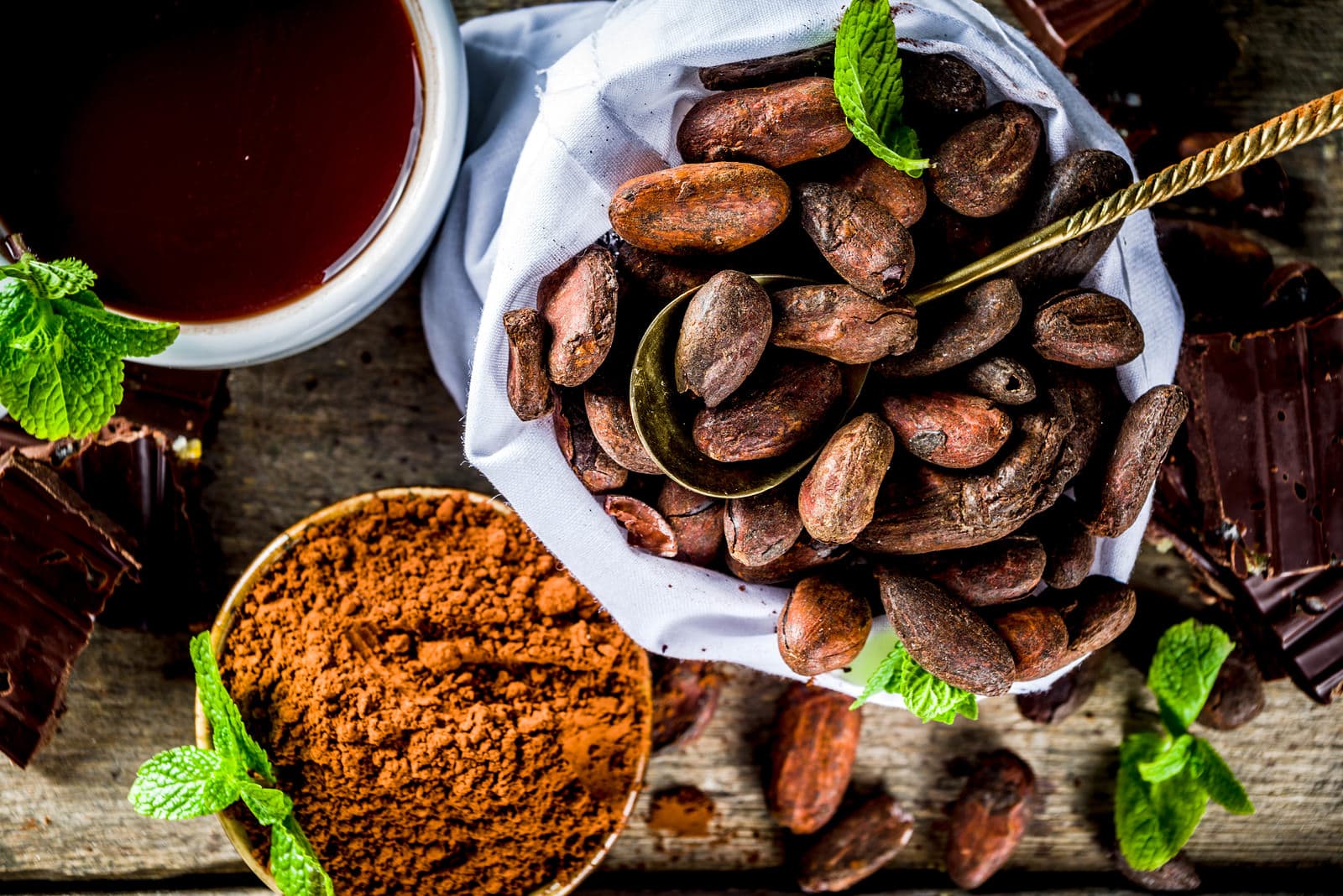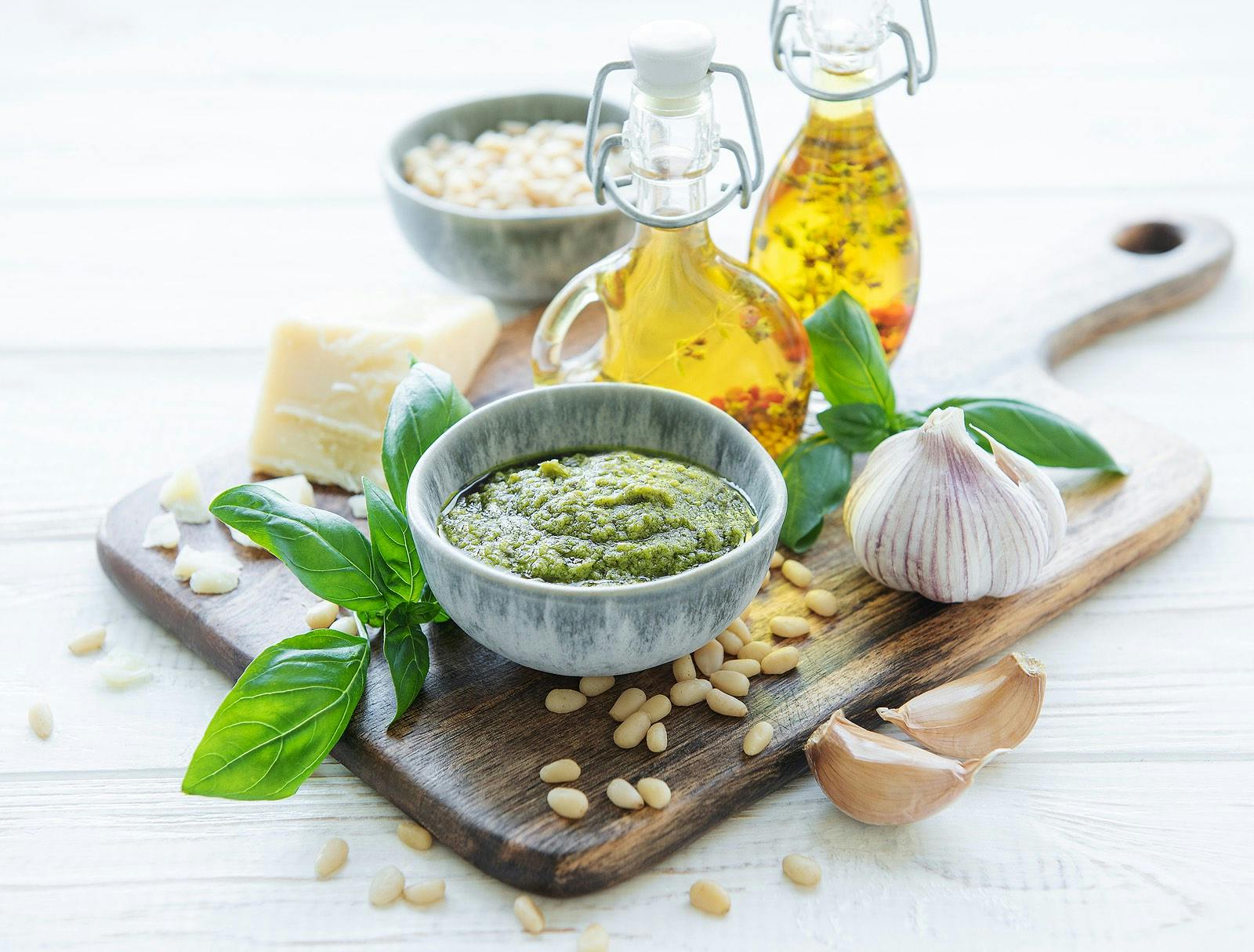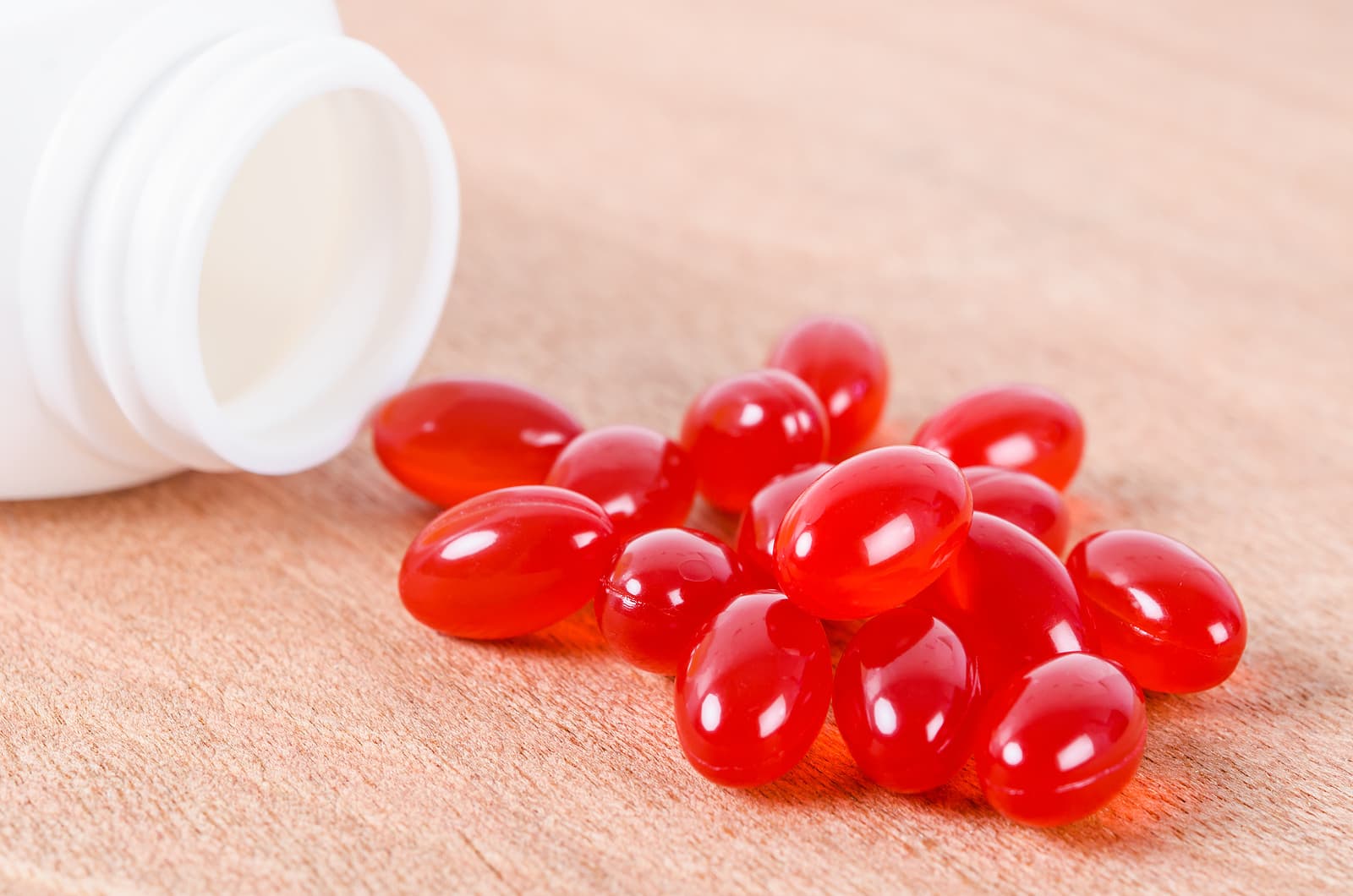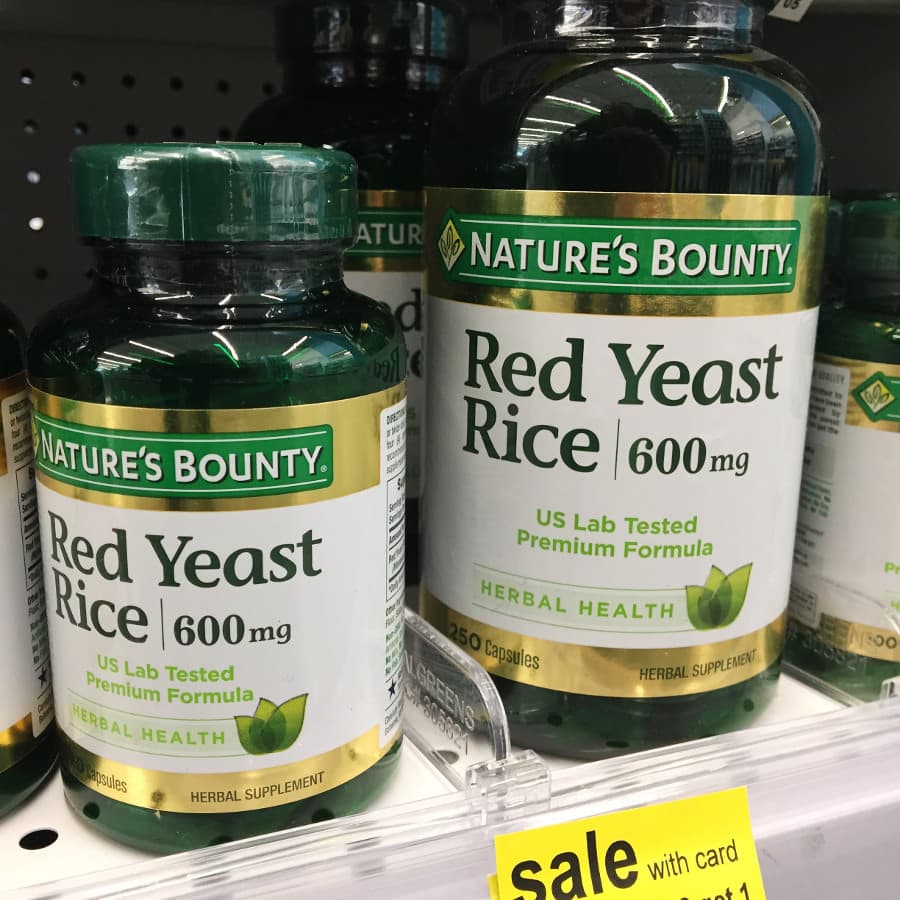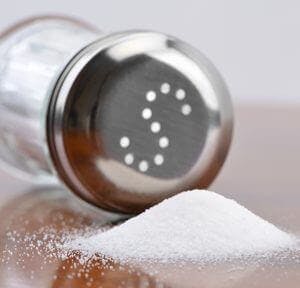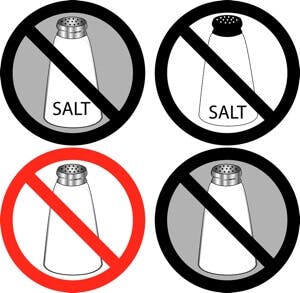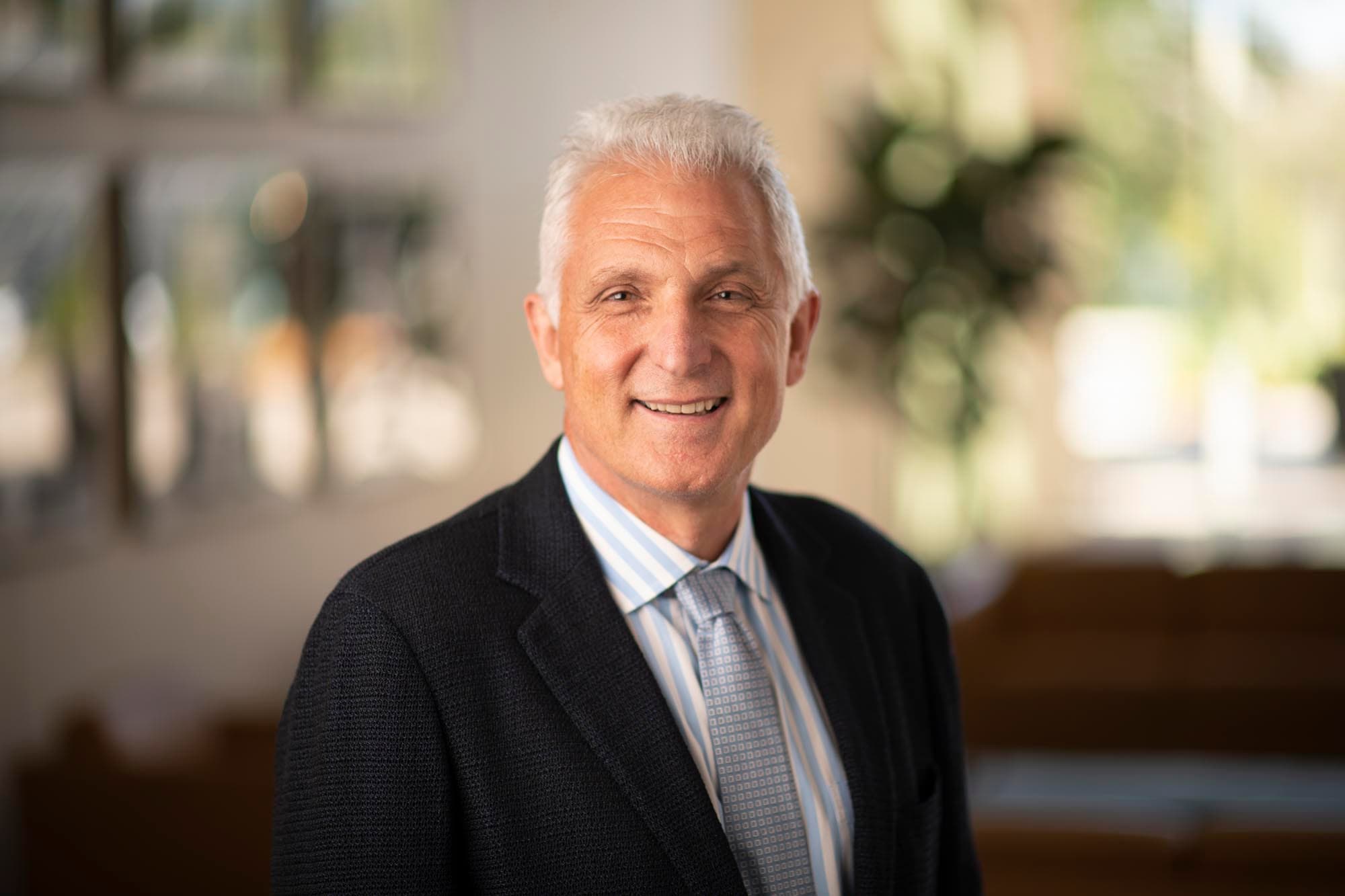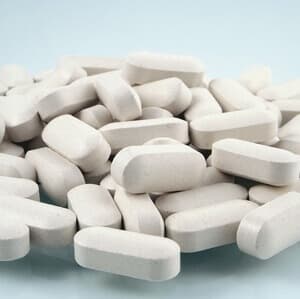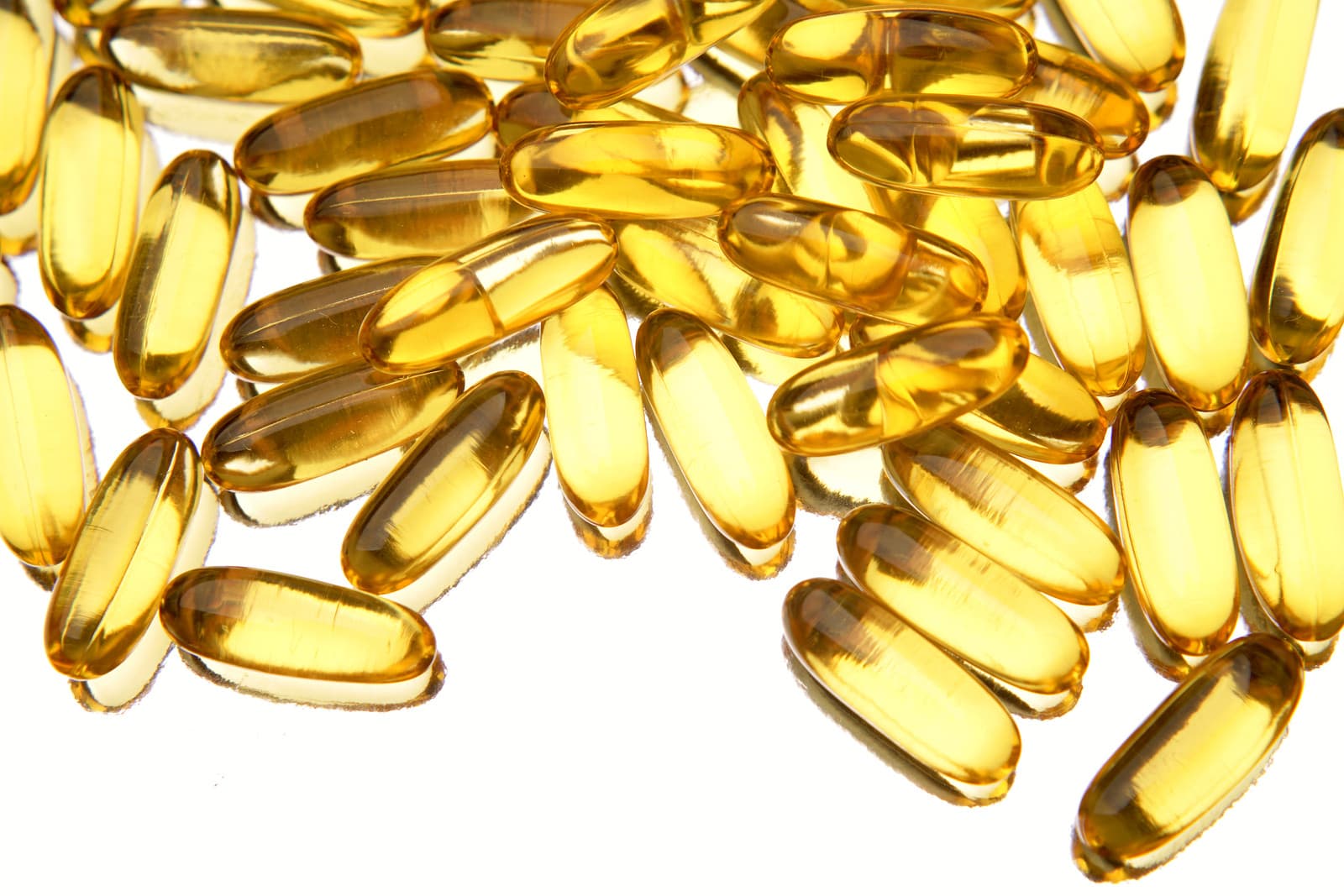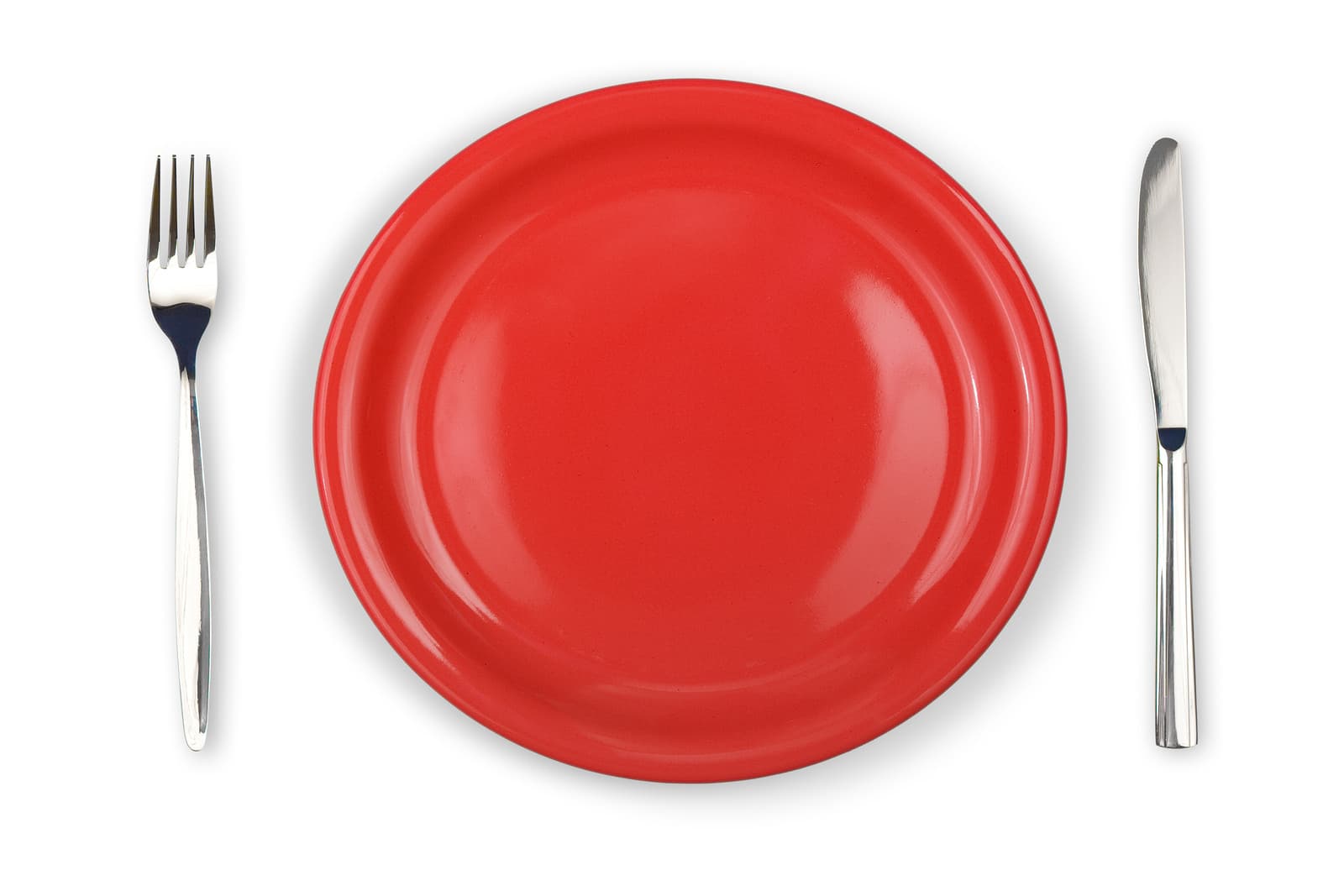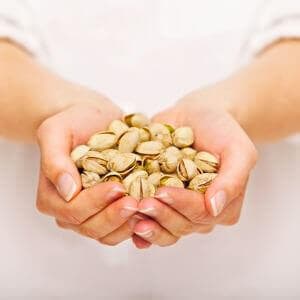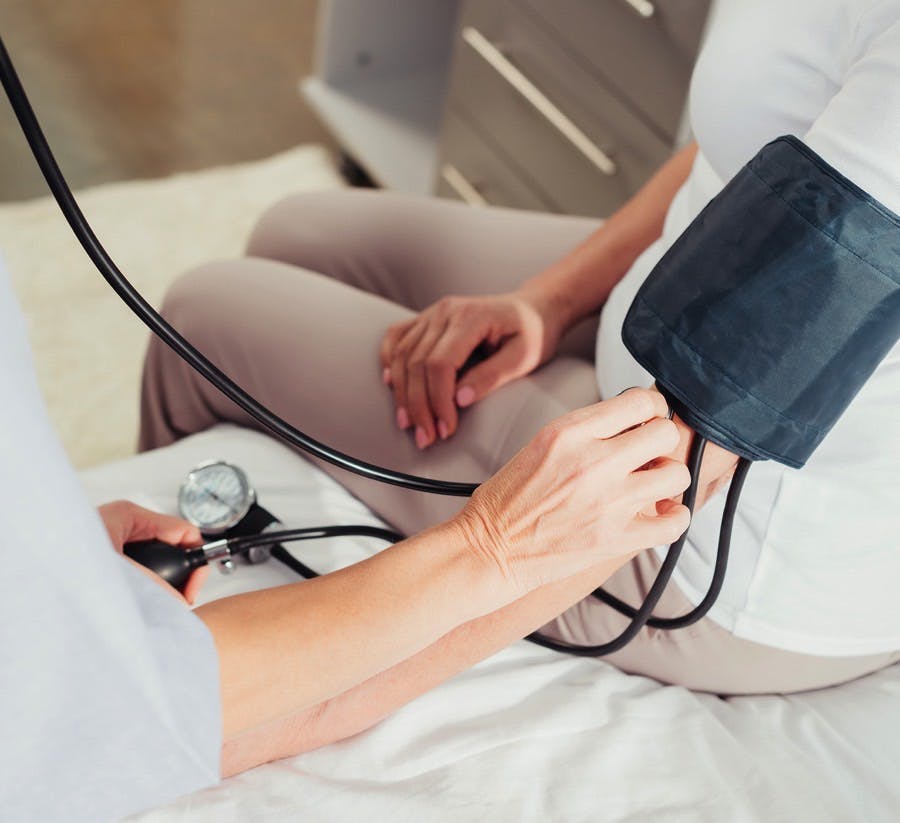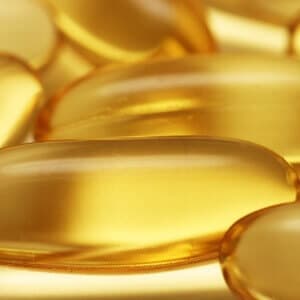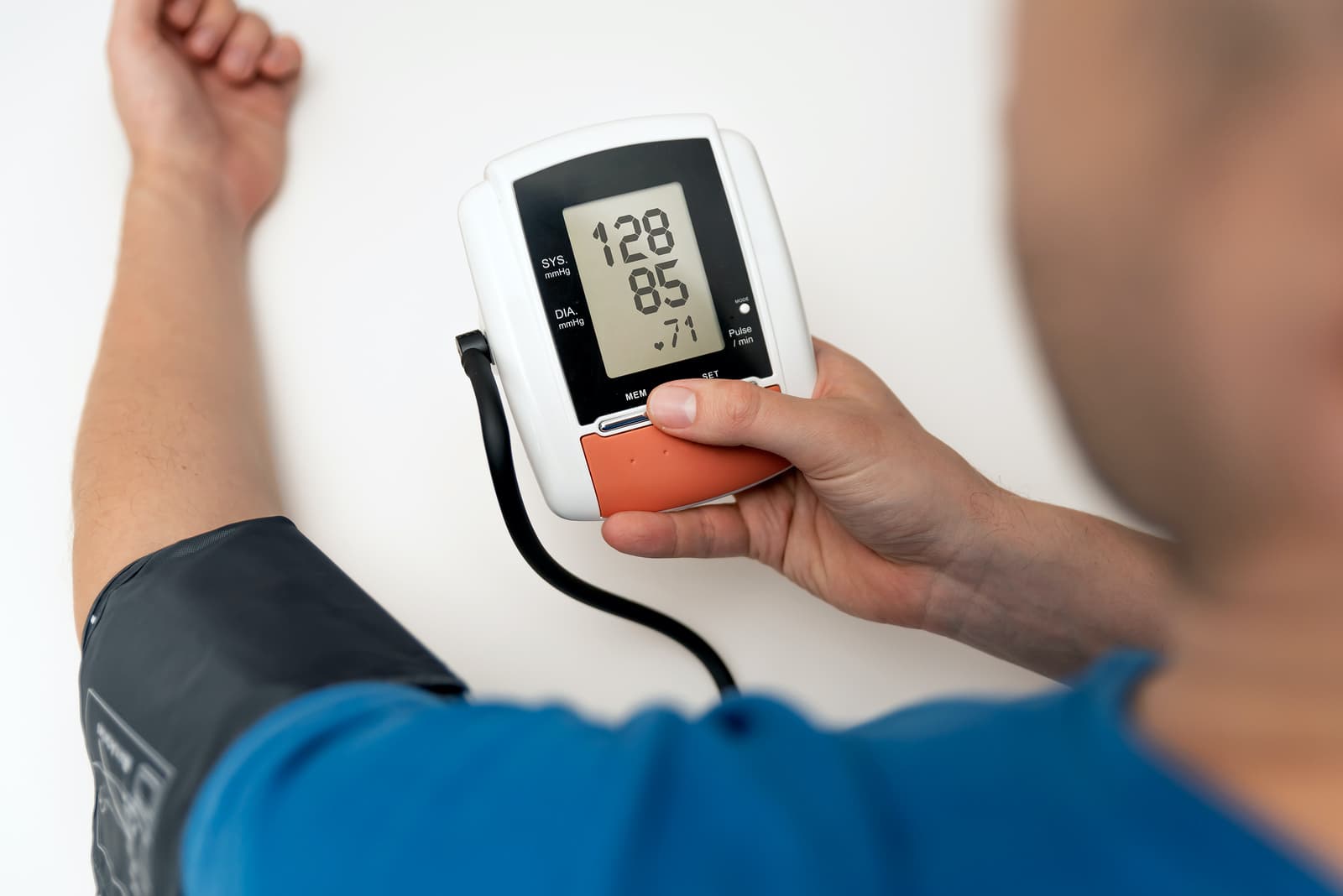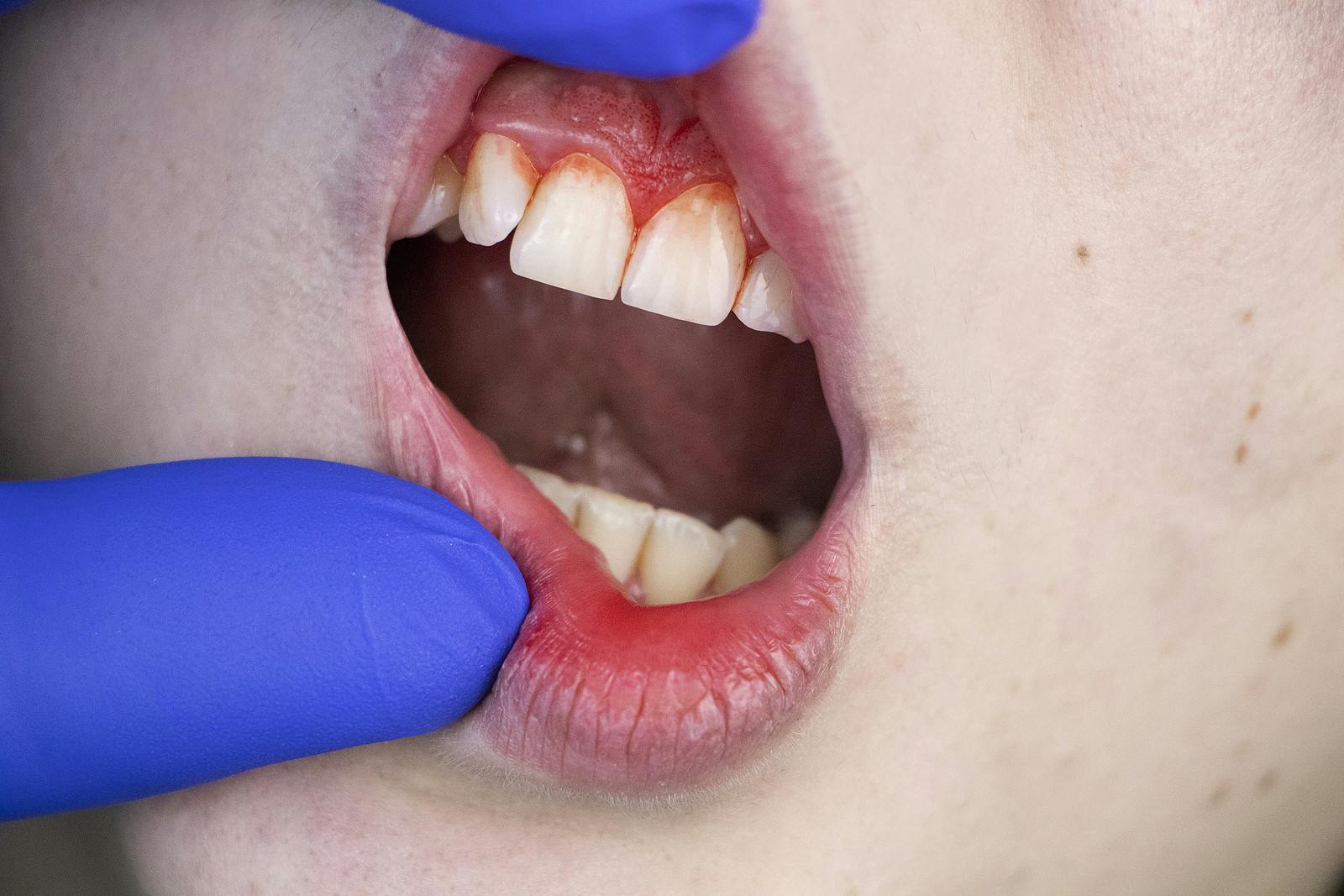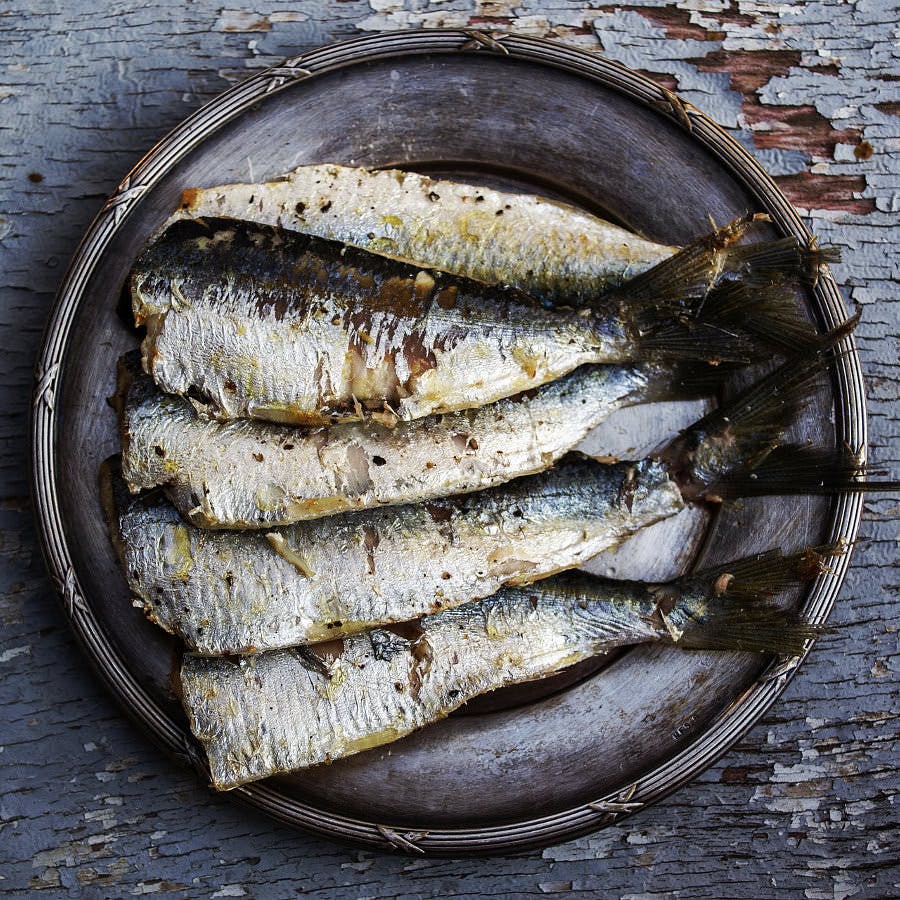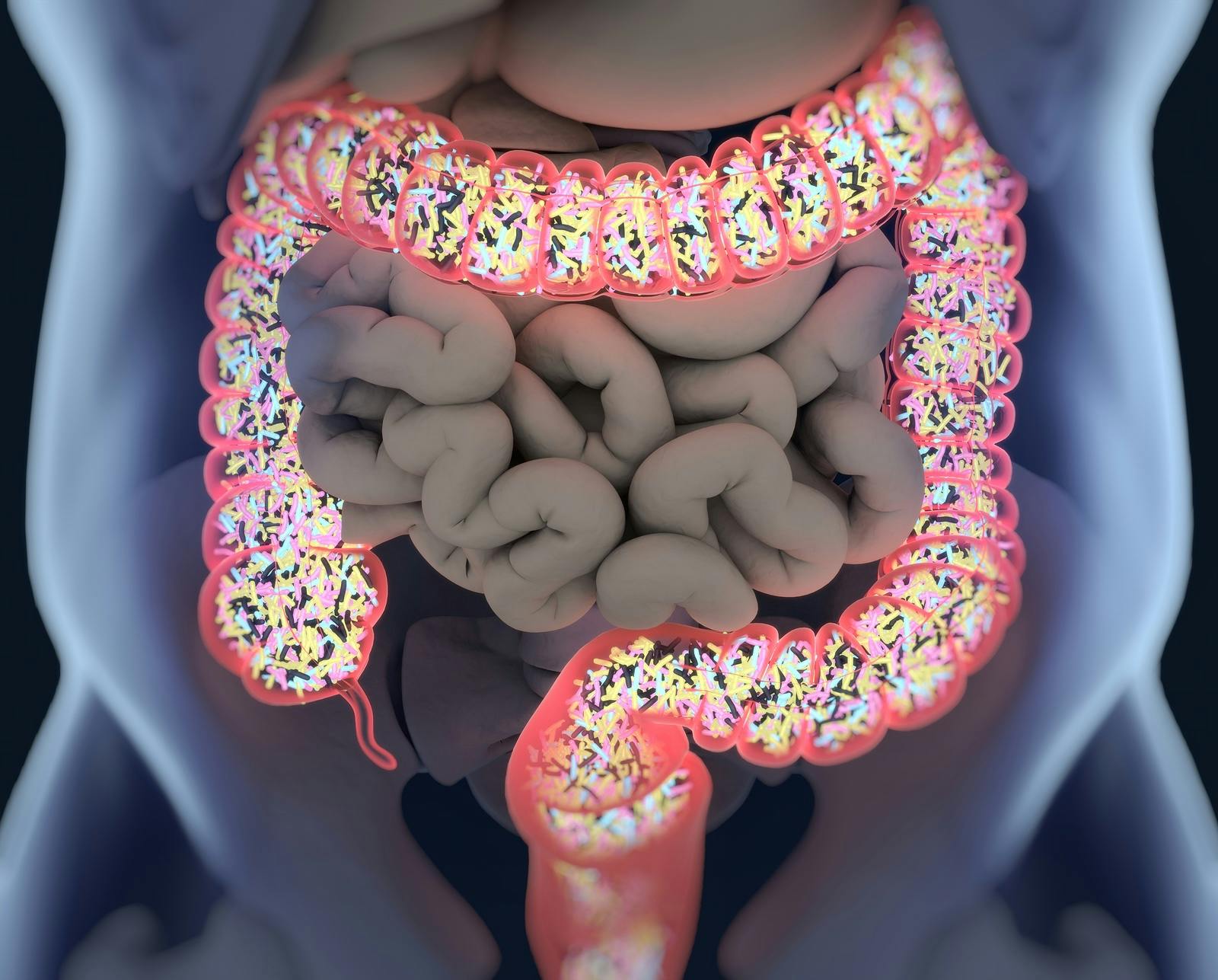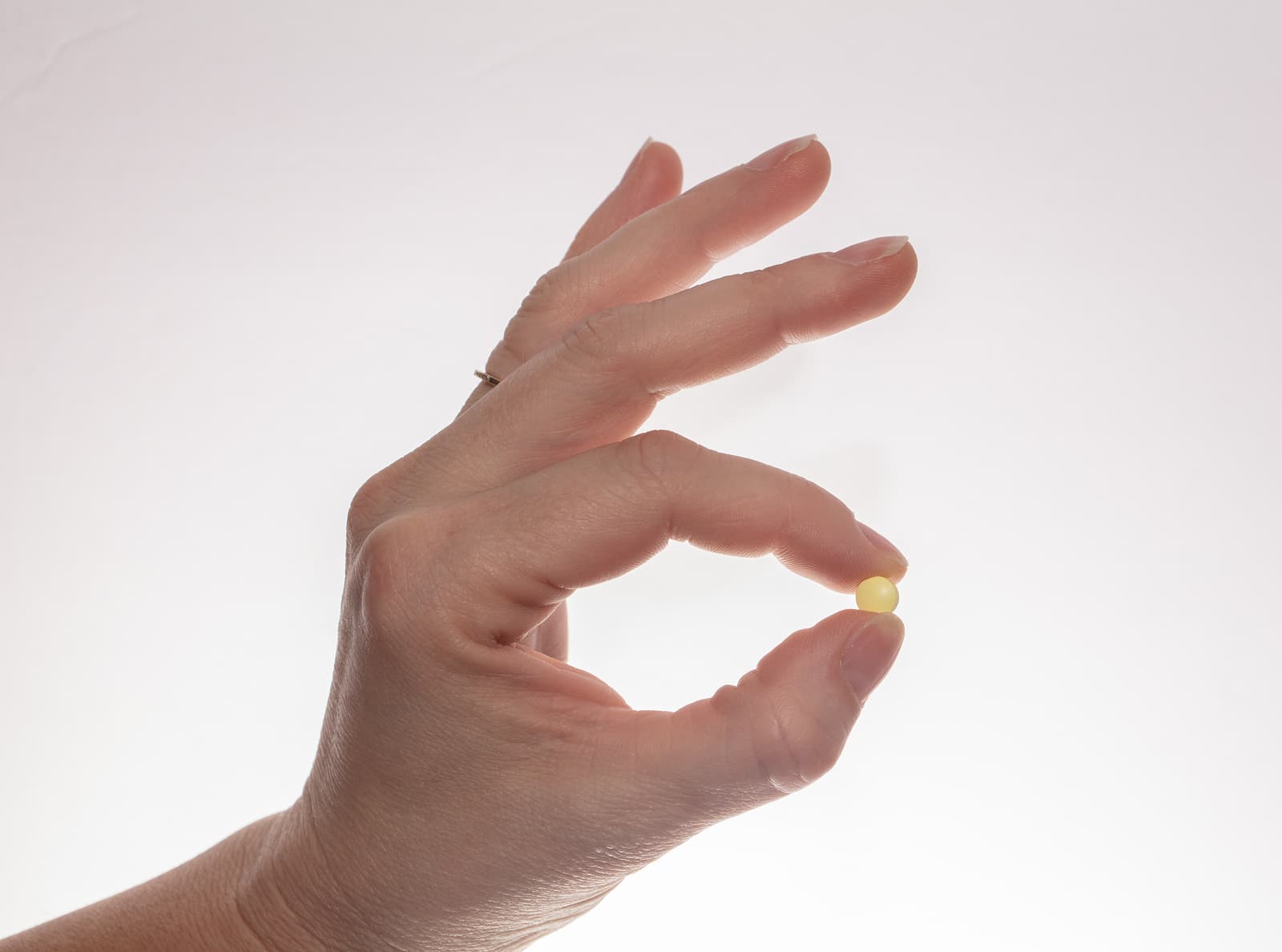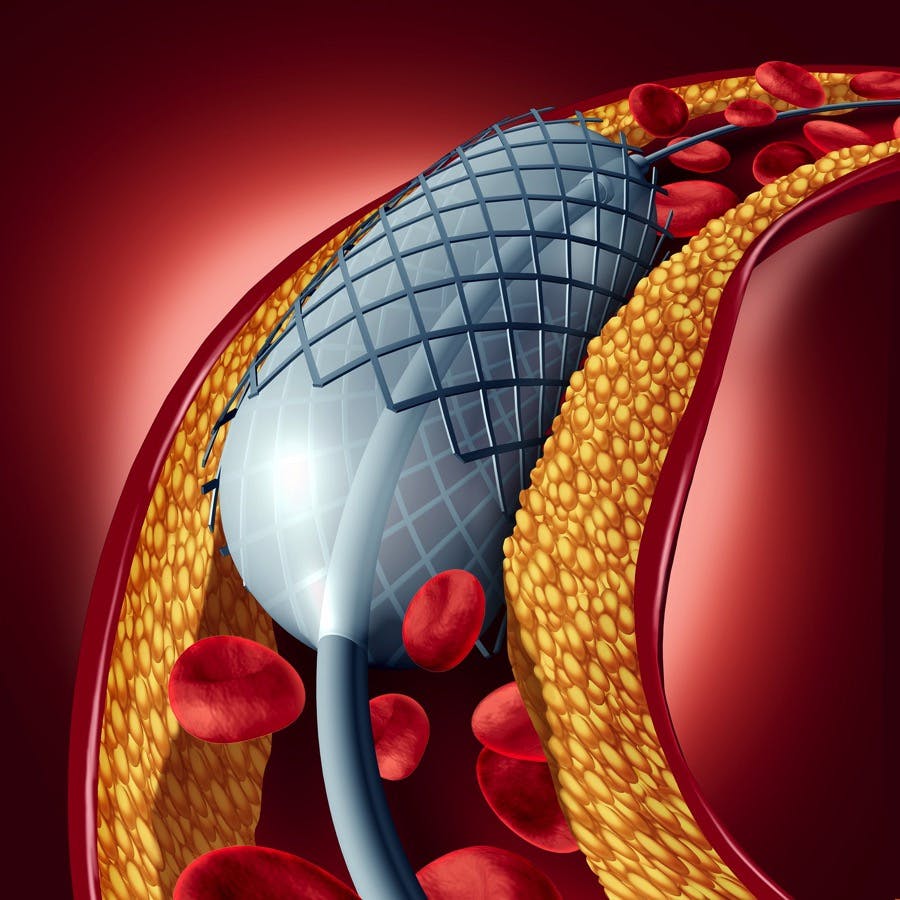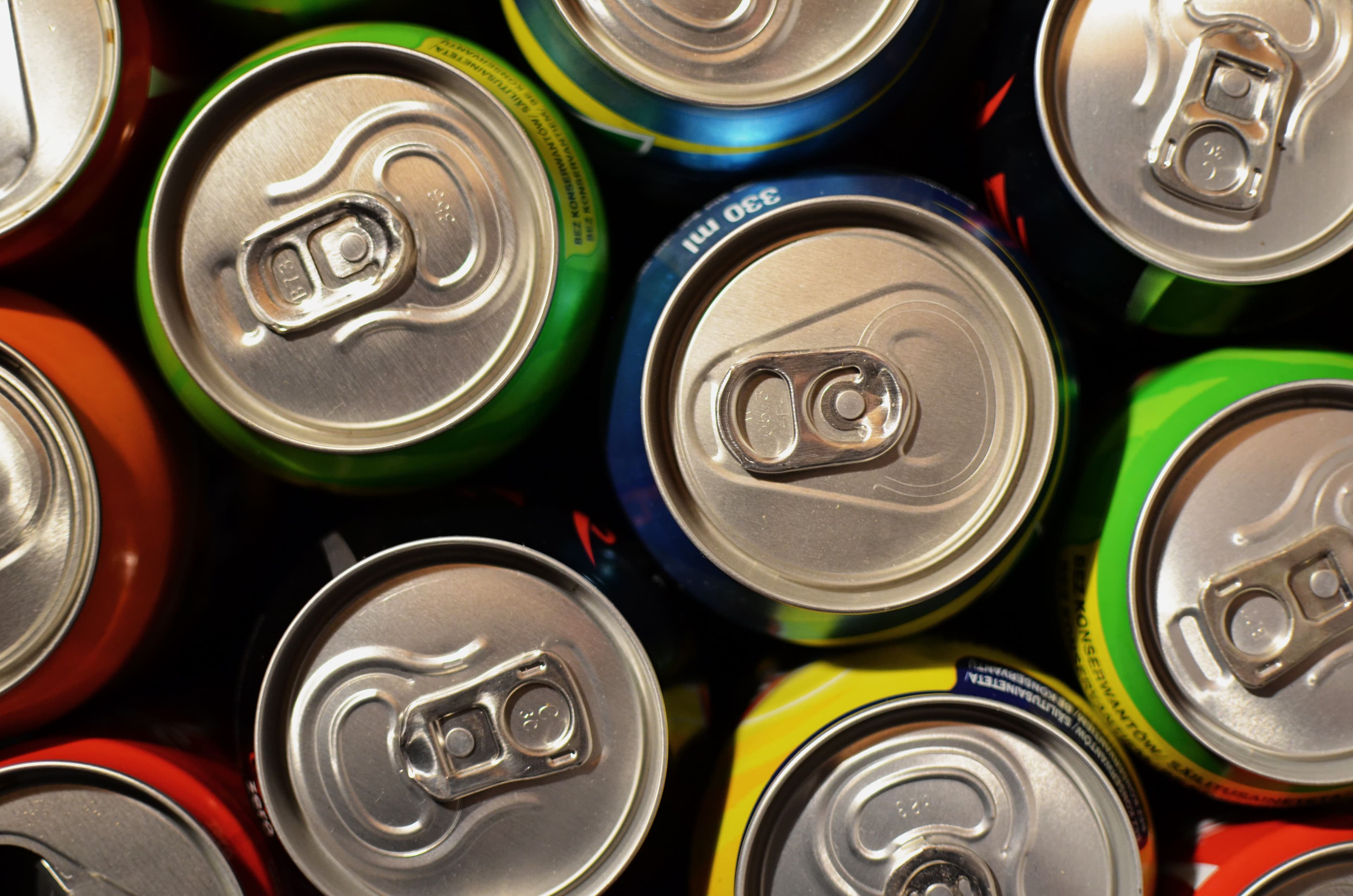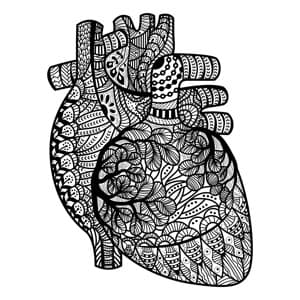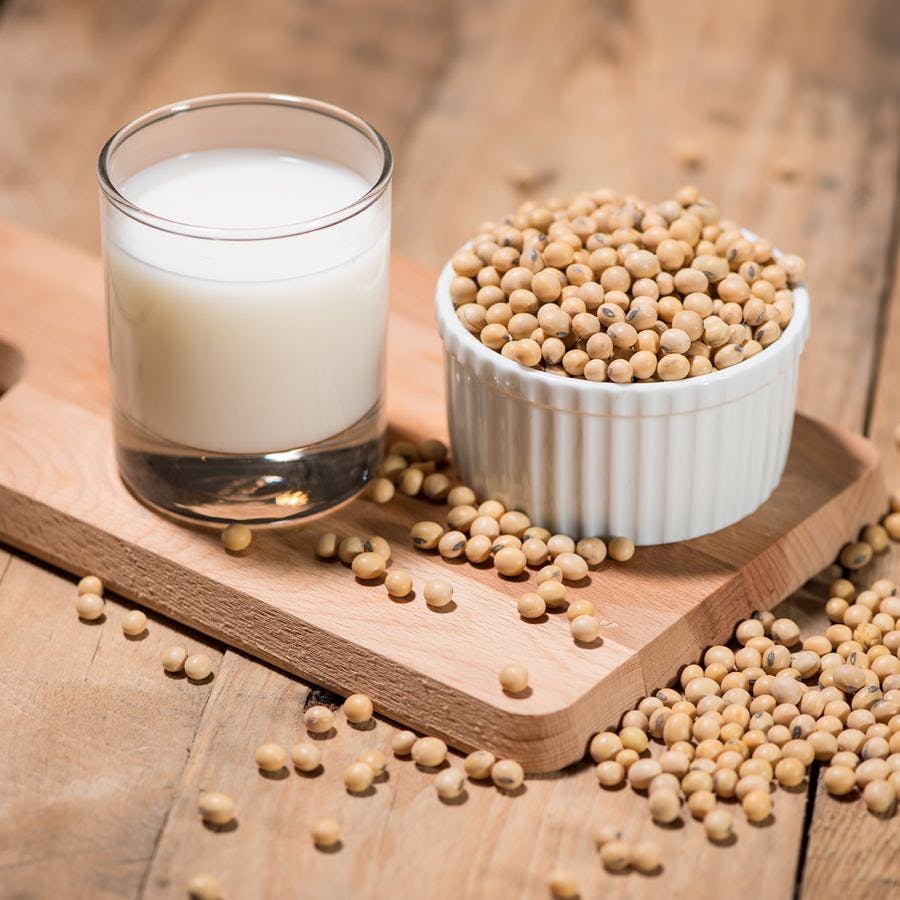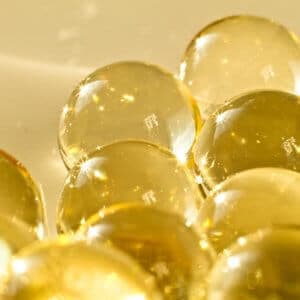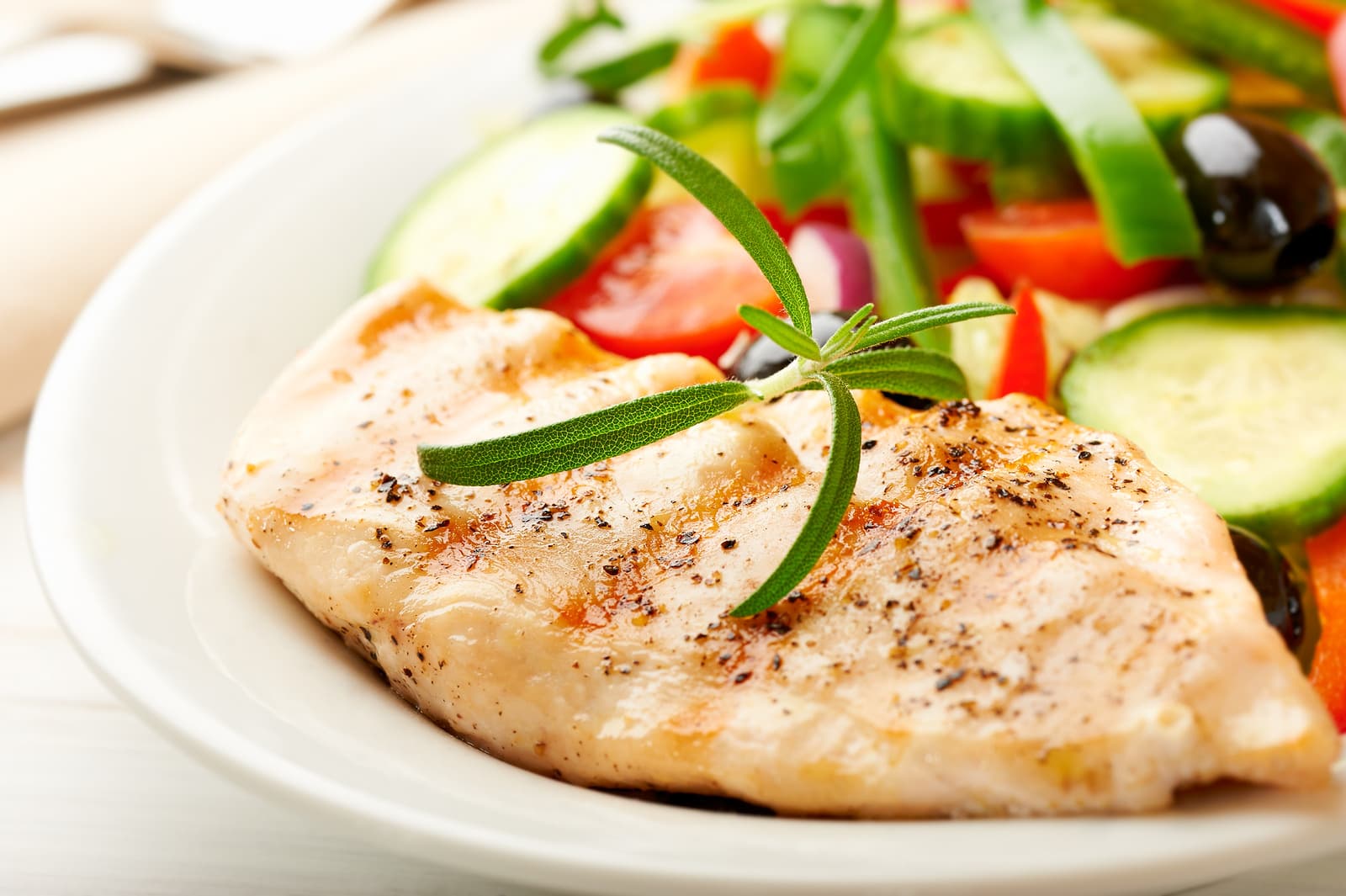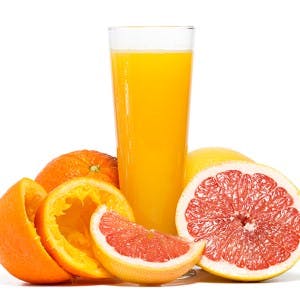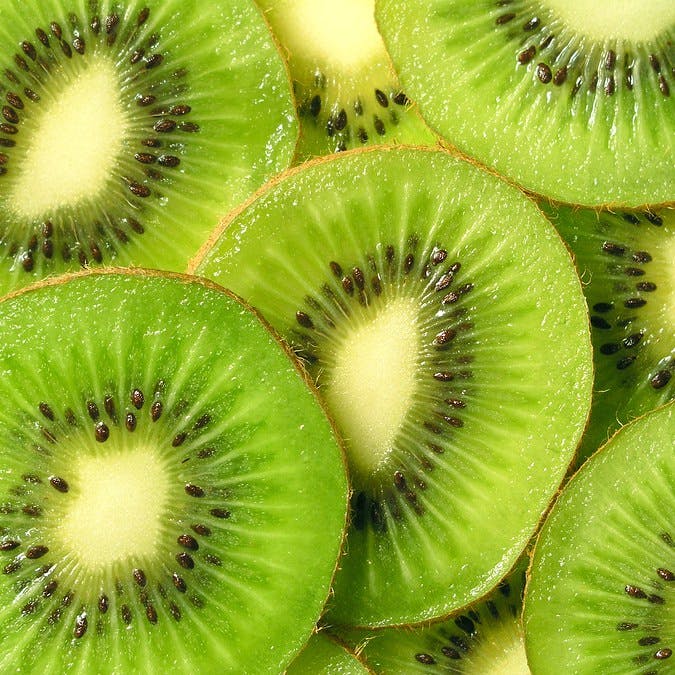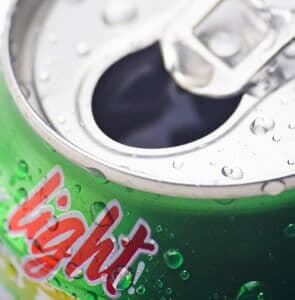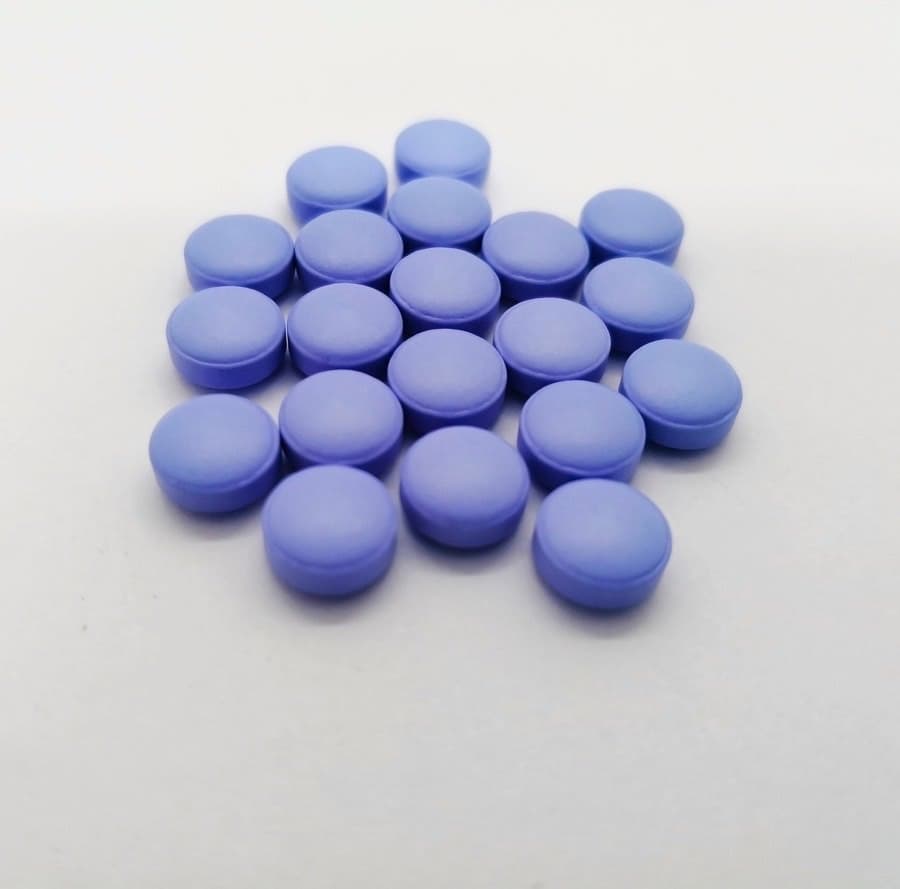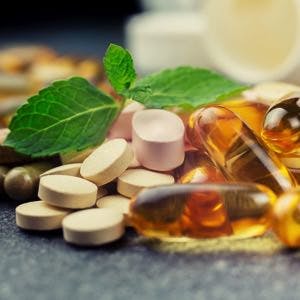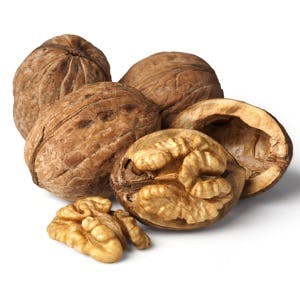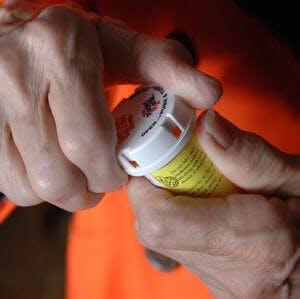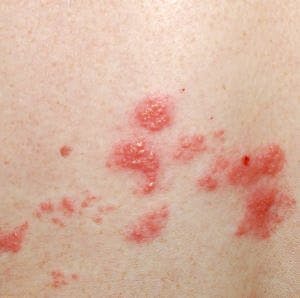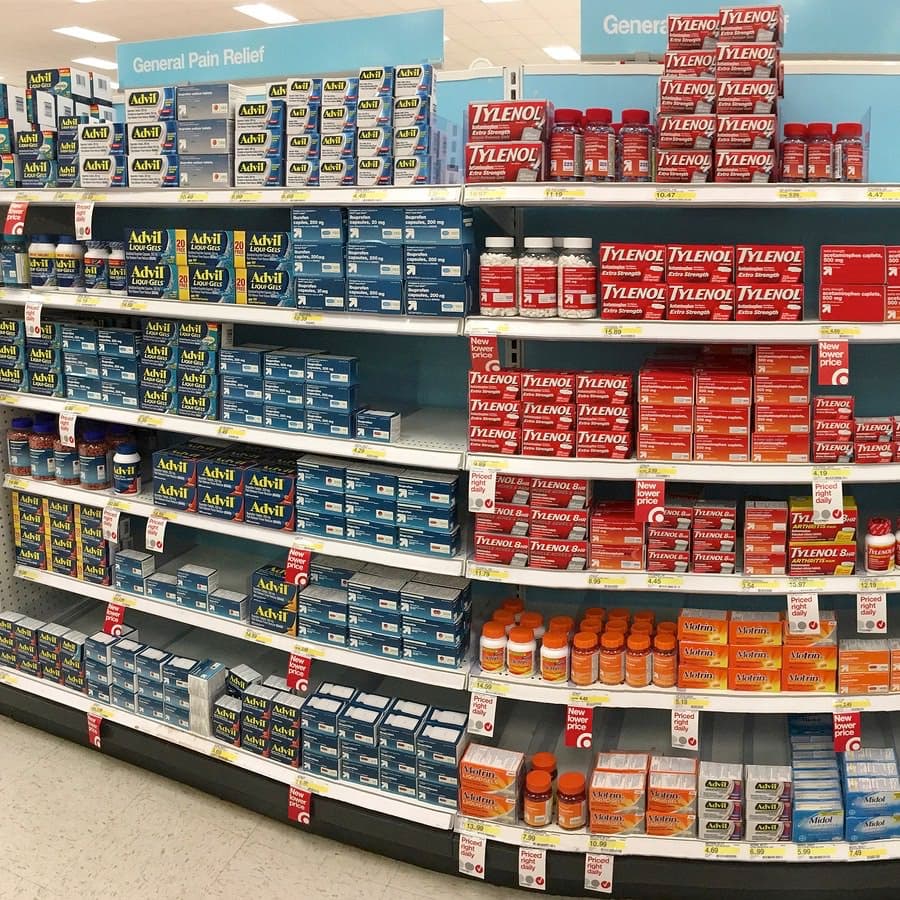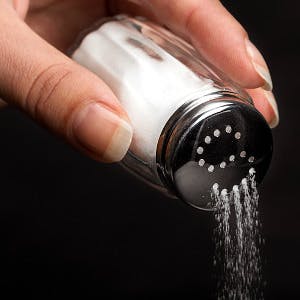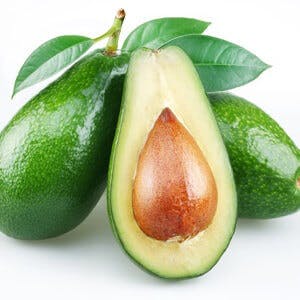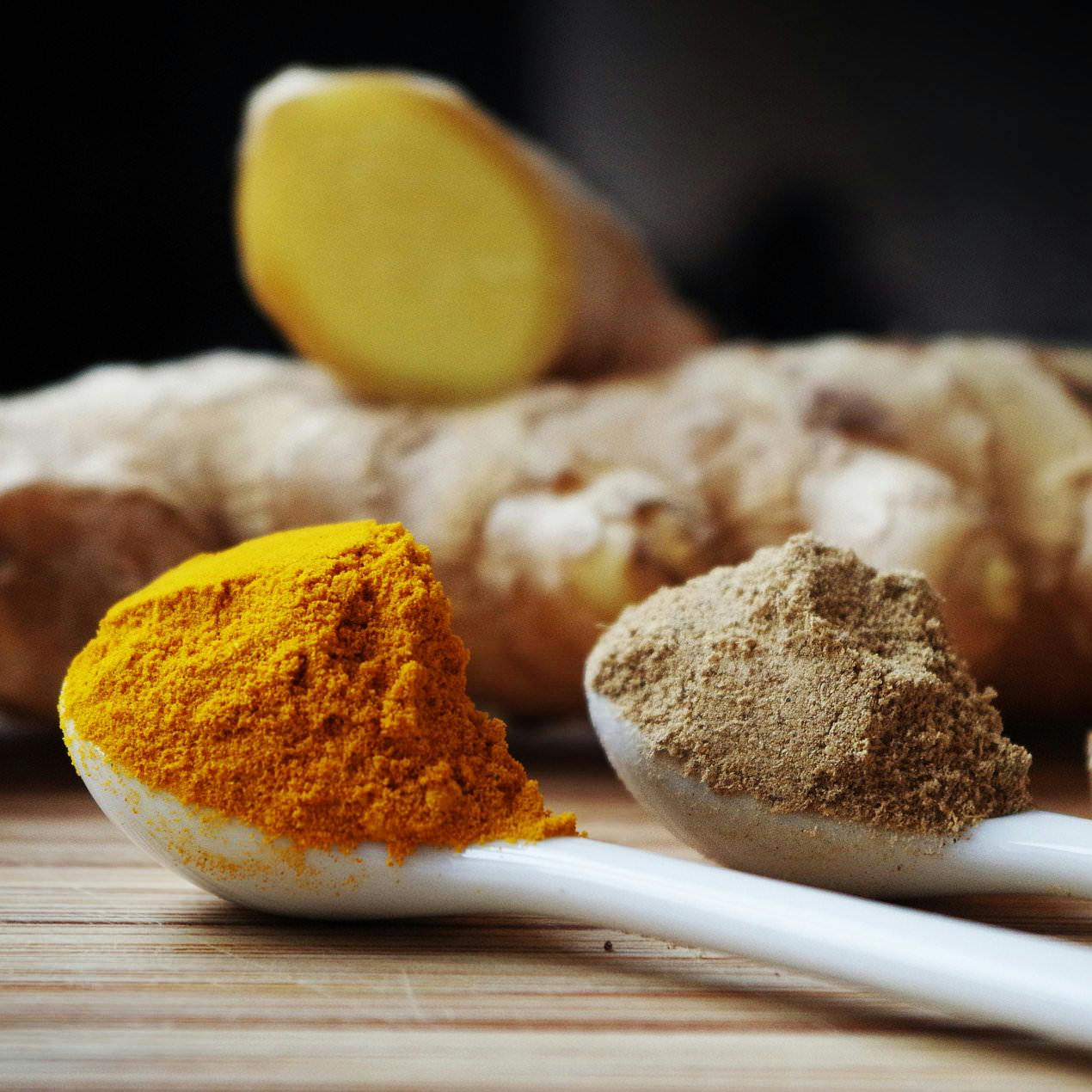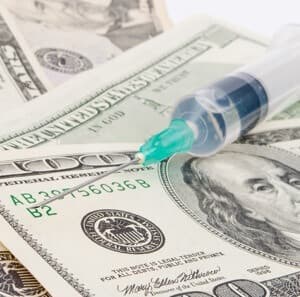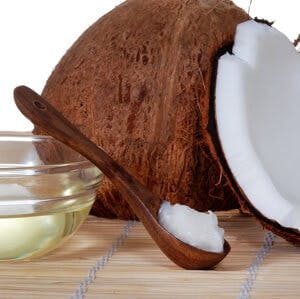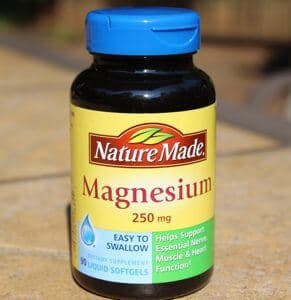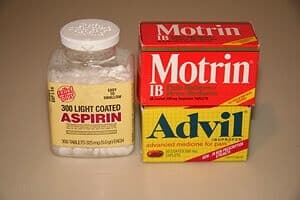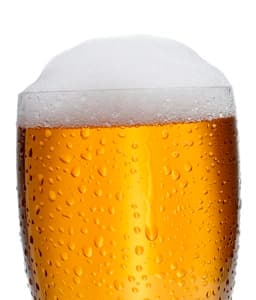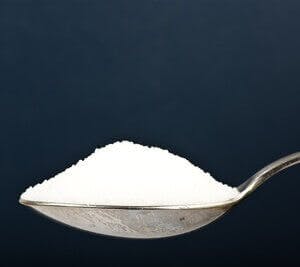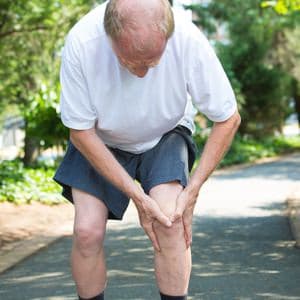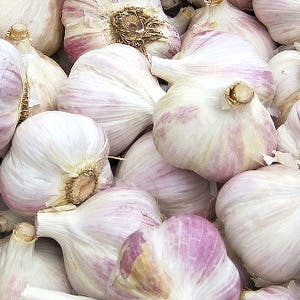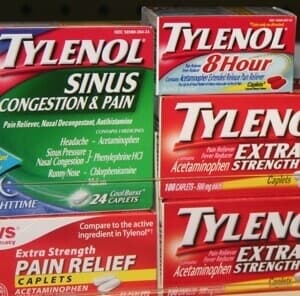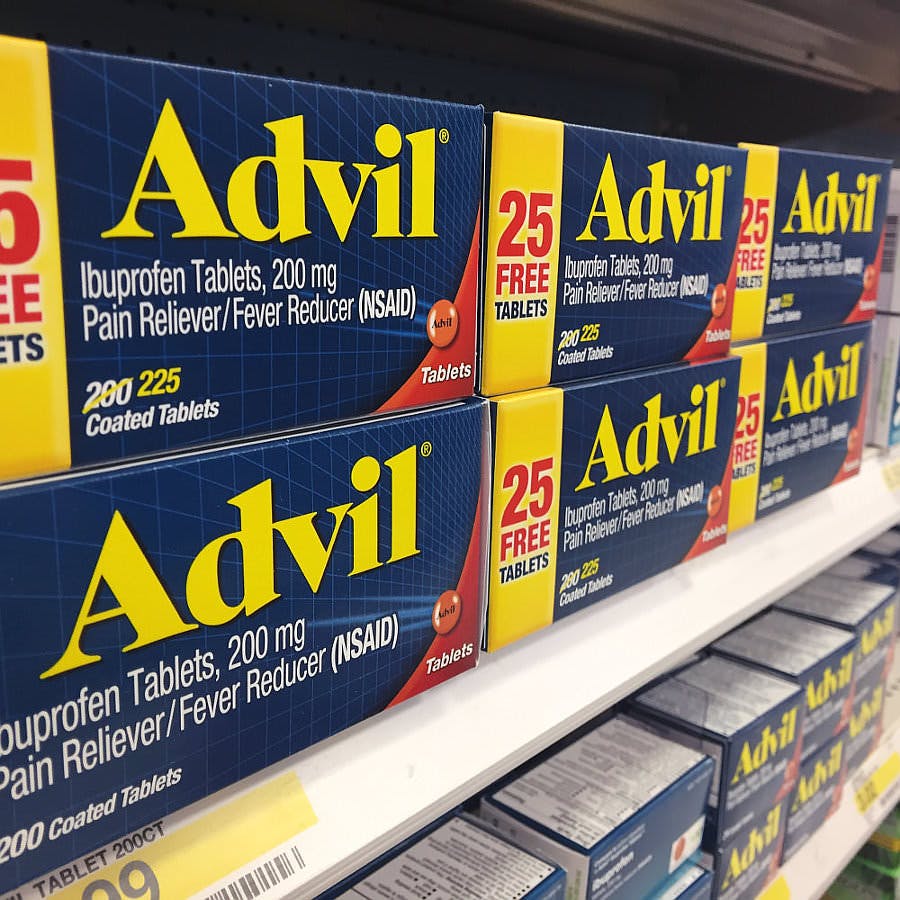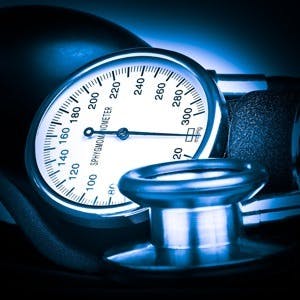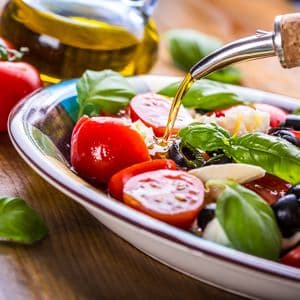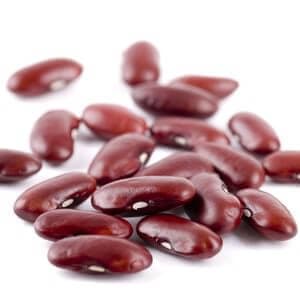Articles categorized as Heart Attack
Could a Zero Calcium – CAC Score – Mean You Don’t Need a Statin?
MDs use coronary artery calcification, CAC scores, to determine heart disease risk. Does the CAC predict heart attacks? Do statins raise CAC?
New Dietary Guidelines Flip-Flop on Saturated Fat
New federal dietary guidelines upend decades of advice and misinformation, revealing the evidence behind the flip-flop on saturated fat.
Will Semaglutide Prevent Heart Attacks, Strokes & Cravings?
Ozempic and Wegovy are brand names for semaglutide. Will you take semaglutide to prevent heart attacks and strokes?
Will Reversing Prediabetes Save Your Heart and Kidneys?
People with prediabetes are at higher risk of heart and kidneys complications. Reversing prediabetes can make a huge difference later!
Aspirin and Cancer: The Overlooked Protection Hiding in Plain Sight
For more than 30 years, evidence linking aspirin against cancer has grown stronger. Why does medicine hesitate to take it seriously?
Saturated Fat Reconsidered: New Research Challenges Old Dogma
Is your doctor's nutrition advice outmoded? Many physicians still warn against saturated fat, though they need a more nuanced message.
Possible Brain Side Effects of Repatha to Lower LDL Cholesterol
Many cardiologists consider new heart drugs breakthroughs vs. heart disease. Could brain side effects of Repatha and Praluent be a problem?
Chelation Therapy: Hope, Hype, and the Latest Heart Science
EDTA Chelation Therapy remains controversial: TACT and TACT2 offer conflicting results. Does EDTA help the heart—or not? Here’s what we know.
Vaccines Against Dementia? New Evidence Reveals Stunning Protection!
Could a shingles shot prevent and/or slow the development of dementia? New Research expands the case for vaccines against dementia.
Are Some Vegetable Oils Worse than Saturated Fat? Colon Cancer?
For decades Americans have been told to eat lots of vegetable oils. They are also in our favorite crunch foods. Are there hidden dangers?
Rethinking Saturated Fat: Were Nutrition Experts Wrong?
New research challenges long-held prohibitions—how long until nutrition experts start rethinking saturated fat restrictions? What about you?
FDA Approves Heart Benefits for Wegovy Weight Loss Drug
Semaglutide (Ozempic, Wegovy) is a hot drug because of weight loss. It doesn't help dementia. What are the heart benefits for Wegovy?
Rosuvastatin Linked to High Blood Sugar
A reader wonders if rosuvastatin contributed to his new diabetes diagnosis. Statins lower cholesterol, but they can also raise blood sugar.
Better Diet for Poor Americans Is Not a SNAP
Can we improve diet quality for Americans? Disparities in diet quality are larger for people on SNAP assistance. Will cash incentives help?
Could Step Counters Help Us Ward Off Dementia?
In studies that coupled step counters with coaching by health professionals, volunteers increased their physical activity.
Pomegranate Juice and Rosuvastatin…a Surprising Interaction!
Pomegranate juice is popular. It has impressive health benefits. But readers tell us pomegranate juice and rosuvastatin are a bad mix.
Vitamin D and Heart Attacks: The Science Keeps Changing
Many health professionals believe vitamin D is useless for heart health. A new study reveals new data about heart attacks and vitamin D.
Is Lp(a) Contributing to Unexplained Heart Attacks?
Doctors measure LDL-C, HDL-C and triglycerides but Lp(a) is contributing to a LOT of heart disease? Could aspirin be helpful if Lp(a) is high?
How Good Is the Shingrix Vaccine Against Shingles, Heart Disease or Dementia?
Will the Shingrix vaccine protect you from shingles or postherpetic neuralgia? What about dementia or cardiovascular complications?
Show 1450: Beyond Cholesterol: Rethinking Your Risk of Heart Disease
Preventive cardiologist Michael Blaha describes the best steps to take to reduce your risk of heart disease.
Forget Steps! Just Walk at Least 15 Minutes at a Time for Daily Exercise.
Daily exercise reduces the risk of premature death from a wide range of conditions. Longer walks are MUCH better than lots of shorter walks.
Light Exposure Overnight Raises Risk of Heart Disease & Strokes
Humans have only been living with a lot of light at night for about 100 years. Does light exposure contribute to heart disease and stroke?
Is Gum Disease a Culprit Leading to Heart Disease?
Saturated fat in the diet may not be the only or perhaps the main culprit leading to heart disease. Gum health counts, too.
Beating Back Garlic Breath with Parsley or a Spoon
Garlic is tasty and good for us. Not only does it have cardiovascular benefits it may also have anticancer activity. But what can we do about garlic breath?
Alka-Seltzer — Plop, Plop, Fizz, Fizz: Is It the Relief You Need?
Is Alka-Seltzer a fast and easy solution to heartburn? Such soluble aspirin could be a life saver if someone is having a heart attack!
How Not to Die of a Heart Attack
Suboptimal risk factors mean you could die of a heart attack; learn which ones are relevant for you and bring them under control.
What Are the Health Benefits of Cocoa Flavanols?
Our underwriter, CocoaVia, offers a 15% discount on cocoa flavanols with the coupon AGEWELL2025. Take advantage of it until Oct. 2, 2025.
Is a Green Mediterranean Diet Healthy for Head and Heart?
A green Mediterranean diet relying on plant protein instead of meat or fish lowers LDL cholesterol, blood pressure and insulin resistance.
What Are the Health Benefits of Coffee and Chocolate?
Learn about the health benefits of coffee and chocolate as well as tea. You don't have to feel guilty about your beverage!
The Infection Factor: Rethinking Heart Disease and Dementia
Research links pathogens to heart attacks, strokes, and cognitive decline. Rethinking heart disease prevention could start with vaccination.
How Helpful Are Beta Blockers After Heart Attacks? Not Very…but!
A new study in the New England Journal of Medicine throws shade on beta blockers after heart attacks. Learn the pros and cons of such drugs.
Shingles Vax Reduces Risk of Heart Attack, Stroke, and Alzheimer’s!
Common infections–colds, flu, COVID, UTIs and SHINGLES–are linked to heart attacks and strokes. Could a shingles vax reduce the risk of AD?
The Unexpected Risks of French Fries
In an eight-year-long study of older Americans, those who ate French fries more than once a week were twice as likely to die than those who rarely ate them.
How Clean Indoor Air Could Benefit Your Blood Pressure
Air pollution affects cardiovascular health. Hypertensive people living near highways can lower blood pressure a bit by cleaning indoor air.
Sitting Sabotages Good Health
People who spend much of their day sitting put themselves in harm's way with cancer, diabetes and heart disease.
Will Boosting Your Step Count Save Your Life?
A study of American adults shows that people who manage a step count of at least 8,000 a day have a lower chance of dying in the next decade.
Is Aspirin Underutilized for Preventing Second Heart Attacks?
Guidelines recommend regular aspirin use to prevent second heart attacks. In the poorest countries, though, this cheap drug is underutilized.
Does Green Tea Interact with Prescription Drugs?
How does green tea interact with nadolol? Green tea compounds can lower blood levels of this heart drug, but does not seem to affect metoprolol.
Why Is the Sugar Substitute Erythritol Risky?
The non-nutritive sweetener erythritol is popular, but is it safe? Studies show it increases the risk for cardiovascular complications.
Heart Attacks = Cardiac Rehab! Why Doesn’t Cancer = Cancer Rehab?A
If cardiologists almost always prescribe cardiac rehab, why don't oncologists prescribe cancer rehab? The benefits are equally impressive!
Make Sure Your Vegetarian Diet Is High Quality
Research suggests that people who follow a high-quality vegetarian diet live longer with fewer complications.
Do We Have Micro Particles of Plastic in Our Brains?
We have plastic in our brains? How does it get there? Research suggests we breathe in microplastic particles. They're also in our arteries.
Why Won’t MDs and Pharmacists Believe You When Generic Drugs Fail?
I recently had the honor to participate in a webinar about when generic drugs fail. It is with David Light and Katherine Eban. Please watch!
If Statins Cause Diabetes, Why Should ALL Diabetics Take a Statin?
Evidence from many studies indicates that statins cause diabetes. Why do doctors downplay this complication? Those at risk should be careful!
Sugar-Sweetened Beverages Carry Serious Cardiovascular Risks
Studies suggest people drinking more sugar sweetened beverages are at higher risk for type 2 diabetes, stroke and heart failure.
Why Didn’t Statins Protect Dad from Clogged Coronary Arteries? What About Aspirin?
Doctors believe statins prevent clogged coronary arteries. Will such drugs prevent most heart attacks? What about aspirin if Lp(a) is high?
Show 1432: Lead, Lies and Lasting Harm: The Chemical Roots of Chronic Disease
Getting lead out of gasoline improved public health. This offers a clear example of the chemical roots of chronic disease.
Does Insomnia Raise Your Risk for Heart Trouble?
Could insomnia raise your risk for cardiovascular complications? Researchers found an association with atherosclerosis and heart attacks.
What Is the Evidence That Cocoa Flavanols Improve Health?
Several studies lead to the conclusion that cocoa flavanols improve health. They can improve blood vessel function after a high-fat meal.
Is Low LDL Cholesterol Linked to Bleeding Strokes?
Could "bad" cholesterol serve a function in the body? A meta-analysis finds low LDL cholesterol may increase the risk for bleeding strokes.
Have You Been Tested for Lp(a) Levels? What’s Your Number?
Elevated Lp(a) levels are a leading cause of heart disease and strokes. Why aren't doctors measuring it? Have you been tested for Lp(a)?
Amazing Benefits from Half a Tablespoon of Olive Oil
The evidence keeps accumulating that olive oil can help people lose weight and reduce the risk of heart disease and dementia. Getting enough?
Flip Flops on Fish Oil: Omega 3 Fats DO Have Heart Benefits!
Omega 3 fats have been controversial for decades. Is fish oil good or bad for the heart? The most recent analysis of VITAL data says good!
Is Inexpensive Food Undermining Public Health?
Agricultural subsidies of crops like wheat and corn make processed foods cheaper, but they may be undermining public health and brain power.
Why You Should Eat the Mediterranean Way
People who eat the Mediterranean way are less likely to die young, have heart attacks or develop diabetes or brittle bones.
Overdosing on Vegetable Oil Could Be Deadly
Studies demonstrate that people consuming more vegetable oil rich in omega 6 fats are more likely to die prematurely.
Is Lp(a) the Best Kept Secret in Heart Disease?
Doctors rarely test for Lp(a), but 1 out of 5 people have high levels. Statins raise Lp(a) but a low-carb diet lowers this key risk factor.
Are Non-Sugar Sweeteners a Healthy Choice?
Non-sugar sweeteners may not offer the expected health benefits. In fact, sugar substitutes may increase inflammation or blood clotting.
Big Pharma’s Dirty Secret: How Its Math Misleads Doctors and Patients
Do you know how effective your medicine really is? Drug companies have a secret strategy: statistics! Their math misleads too many patients.
Why Grandma Was Right About Vegetables
People who consume the most vegetables, apples, tea and cocoa tend to have lower blood pressure and less atherosclerosis.
Are Pecans Good for Your Heart?
Nuts, including pecans, can be a healthful addition to the diet. People who eat a few handfuls a week have lower blood sugar and cholesterol.
Purple Peril? Grape Juice Interaction Differs from Grapefruit Juice
The story on grapefruit juice and medicines can be confusing. The interaction is fairly long-lasting, but only certain drugs interact with grapefruit.
Helping Your Heart Means Boosting Your Brain
A study of French senior citizens shows that if you do a good job of helping your heart with diet and exercise, you also dramatically lower your likelihood of dementia.
Show 1421: Is Lp(a) the Heart Risk No One Talks About?
A lack of medications to lower it may have made Lp(a) the heart risk factor no one talks about. What should you know about it?
How to Stay Healthy with a Mediterranean Diet
Following a Mediterranean diet with lots of veggies, fruit and fish can help reduce the risk of heart disease, diabetes and many cancers.
What Is the Best Diet to Lower Cholesterol?
If you focus on vegetables, fruits and whole grains and avoid processed foods, you're on a good diet to lower cholesterol.
Up to an Egg a Day Is Fine, Scientists Say
A study with 5.5 million person-years of data shows that eating an egg a day won't increase your chance of a heart attack. Don't wash eggs!
If Statins Save Lives, Why Is Heart Disease Still #1 Killer?
Heart disease remains our # 1 killer, even after decades of statin therapy. Why don't statins save lives when it comes to primary prevention?
Is It Really Risky to Eat Red Meat?
An analysis of six studies suggests that if you eat red meat you may run a higher risk of heart problems. Are gut microbes responsible?
Will You Live Longer If You Sip Green Tea?
A large study in China monitored people's tea-drinking habits and their health. Those who sip green tea several times a week seem to live longer.
Expecting Perfection, Accepting Mediocrity: Assessing Fluoride and Statins
Have you ever asked how good statins are at preventing heart attacks in healthy people? What about assessing fluoride effectiveness in kids?
Show 1414: Finding Your Exercise Prescription for Life
It's time to make physical activity a part of our daily hygiene. Our guests describe why we all need an exercise prescription for life.
Researchers Wonder If Alcohol or Wine Is Good for Your Heart
Are you confused about alcoholic beverages? There is contradictory advice. A meta-analysis of 25 studies suggests wine is good for the heart.
Cooking Oil Confusion: What’s Best, Olive or Canola?
Health professionals have been at war because of cooking oil confusion. Some say omega-6 PUFAs are great. Others insist they cause great harm
What’s in Your Frying Pan? Omega-6 or Omega-3 Oils?
Seed oils from corn or soybeans have been linked to higher risk for cancer. Omega-3 oils from avocado, fish or olives seem safer.
How Can You Overcome the Harms of Sitting Too Much?
How much time do you spend sitting on average? Chances are it's way too much and it's surprisingly bad for your health. How can you counteract the harm?
Will Krill Oil Reduce Your Risk of Heart Disease?
British data suggest that fish oil reduces your risk of heart disease modestly. These supplements have other health benefits as well.
Gout Attacks Increase the Risk for Heart Attacks and Strokes
Gout attacks can be excruciatingly painful. Researchers suggest that gout flares raise the risk for heart attacks and strokes after an attack.
Show 1405: Why Does Anger Harm Your Heart?
Researchers are discovering how can anger harm your heart. It has a profound negative effect on the lining of your blood vessels.
Exercise Hard During Free Time to Offset Workday Sitting
Workers who exercise hard during their time off are less likely to develop big bellies, high blood pressure and metabolic syndrome despite sedentary jobs.
Brewing Heart Health: Caffeine from Coffee and Tea Reduces Risks
Can you sip your way to a healthier heart? Can caffeine from coffee and tea reduce your risk for heart attacks, strokes and type 2 diabetes?
Woman Has Heart Attack Despite Very Low Cholesterol
Cardiologists focused on cholesterol as the bad actor in heart disease. But some women have a heart attack because Lp(a) and CRP are too high!
Are Weekend Warriors Doing More Good than Harm?
Weekend warriors who get the recommended amount of exercise in just a few sessions benefit as much as regular exercisers.
Eggs Are Bad – No, Eggs Are Good – Huh?
What do you eat for breakfast? Are you cautious about eggs or do you think eggs are good food? Straight talk on eggs and sat-fat.
Mediterranean Diet Saves Lives
A Mediterranean diet with extra-virgin olive oil or nuts cut deaths from heart attacks or strokes. Children also benefit from this diet.
Why Haven’t Statins Stopped Heart Disease?
Over 50 million Americans swallow statins daily, but heart disease remains our #1 killer. Why haven't statins stopped most heart attacks?
Drugs That Are More Dangerous in Hot Weather
Can beta blockers and anti-platelet drugs like aspirin raise a risk for heart attacks in the heat? Are statins more dangerous in hot weather?
Sauna Bathing and Its Health Benefits
Regular sauna bathing lowers blood pressure and other risk factors for heart disease. It may also help prevent lung disease and dementia. Exercise plus sauna is synergistic.
Does Chocolate Really Help Your Heart?
A Danish study found that people who eat chocolate are less likely to have atrial fibrillation. Does chocolate really help prevent Afib?
Best Way to Take Aspirin for a Heart Attack
For quick emergency absorption in case of a suspected heart attack drink soluble aspirin or chew the aspirin tablet followed by water.
Which Diuretic is Best for Hypertension? HCTZ or Chlorthalidone?
Diuretics such as HCTZ or chlorthalidone are frequently prescribed for high blood pressure. Which drug performed better after heart attacks?
Why Would the FDA Approve Ineffective Drugs?
Many doctors believe that FDA's standards for approving new drugs are very high. How come there are many ineffective drugs on the market?
Should You Restrict the Number of Eggs You Eat?
If you have been told to restrict the number of eggs you eat, you may want to check again. It may be safe to consume an egg a day.
If You Are on Medicare & Overweight You May be Eligible for Wegovy
Medicare Part D will now pay for Wegovy (semaglutide) to help millions of overweight people reduce their risk of heart attacks and strokes.
How Does Red Yeast Rice Compare to Statins?
Red yeast rice (aka RYR) is a very popular dietary supplement. How does it compare to simvastatin? What about RYR side effects? Is RYR safer than statins?
The Never-Ending Egg Dispute Continues
The egg dispute goes on and on in the pages of medical journals. How risky is it to eat an egg or two for breakfast?
Will Vitamin Supplements Prevent Heart Problems?
A recent study was wrongly interpreted to mean food should not be fortified with B vitamins, especially niacin.
Are Full-Fat Milk and Cheese Really Risky?
Studies do not show that people who consume full-fat milk and cheese have higher cholesterol or die younger from heart disease.
Mediterranean Diet vs Metabolic Syndrome
The Mediterranean diet is not the only one that can reduce the likelihood of metabolic syndrome. The Atlantic diet can, too.
What Should You Eat for a Healthy Heart?
When you choose what to eat for a healthy heart, pick vegetables, fruits and whole grains, and avoid highly processed fried foods and sugar.
Can Stopping Aspirin or Eliquis Suddenly Lead to Deadly Blood Clots?
Is aspirin a wonder drug or has it been overhyped? Does stopping aspirin suddenly increase the risk for blood clots? What about Eliquis?
You Have Likely Been the Victim of Diagnostic Mistakes
Diagnostic mistakes are common, often leading to permanent disability and death. A study says nearly 1 out of 5 patients are misdiagnosed.
Healthy Eating Can Help Prevent Heart Disease
Adopting a healthy eating pattern over the years reduces your chance of a heart attack or stroke by about 20 percent.
Should Everyone Over 65 Take a Statin to Prevent a Heart Attack?
A new study suggests that not enough people are taking a statin to prevent a heart attack! It should be 150 million Americans. Really? Yikes!
Is Cooked Oatmeal Better for You Than Instant Oatmeal?
Instant oatmeal raises blood sugar more quickly than cooked oatmeal. As a result, people eating it may get hungry sooner.
Show 1365: Revealing the Secrets of Sudden Cardiac Death
What causes sudden cardiac death? What can be done to prevent it? Our guest, Dr. Zian Tseng, is an expert on this mysterious disorder.
Does Loneliness Raise Your Risk for Parkinson Disease?
A multi-year study of nearly 500,000 individuals shows that loneliness increases the risk of Parkinson disease significantly.
Is Vazalore Safer for the Stomach Than Regular Aspirin?
If enteric-coated aspirin doesn't protect your digestive tract from adverse reactions, what about Vazalore? Will it protect your GI tract?
FDA Review of Ancient Drug (Colchicine) Spikes Price
Inflammation is more important in heart disease than people realize. Could colchicine, a VERY old drug, prevent heart attacks and strokes?
Is Aspirin a Miracle or a Menace?
Aspirin, and its kissing cousin salsalate, can lower blood sugar as well as ease inflammation. Is aspirin a miracle or a menace? New data!
Home Remedies or Drugs? A Surprising Smackdown!
Health care is as divided and polarized as politics. For many people it's herbs and home remedies or drugs. Why not both...when appropriate?
How to Help Your Heart with a Mediterranean-Style Diet
Following a Mediterranean-style diet with lots of vegetables, fruit and fish can lower the risk of heart attack, stroke or death.
Show 1353: Cutting Edge Cardiology from a Top Heart Doctor
In this episode, learn about cutting edge cardiology and drugs in addition to statins that can lower your chances of a heart attack.
Alcohol for Longer Life? How Much Is Enough and How Much Is Too Much?
Is alcohol for longer life real or a myth? How many drinks count as moderate alcohol consumption? Does stress reduction increase longevity?
Nexletol Side Effects vs. Statin Side Effects? Which Wins?
Some people cannot stand statins. A recent research report puts the numbers between 7-29 percent. How do Nexletol side effects compare?
How Do You Weigh the Benefits and Risks of Aspirin?
Before starting a daily regimen, carefully consider the benefits and risks of aspirin. Will you be helped or harmed by this amazing drug?
The Cardiac Effects of COVID-19 Are Really Scary!
Most people think of the coronavirus as a respiratory illness, but the cardiac effects of COVID-19 are also very worrisome.
Dog Owners Get Survival Benefit
A Swedish study demonstrates that dog owners are less likely to die soon after a heart attack or a stroke. A meta-analysis reinforces that conclusion.
Study of Vitamin D Supplements Results in Disappointment
A study of vitamin D supplements demonstrated that these pills do not protect people from heart disease or cancer.
Does CRP Inflammation Trump LDL-C for Heart Disease?
How does LDL cholesterol compare to CRP inflammation when it comes to predicting heart attacks in high-risk patients? New data are intriguing!
How to Improve Cholesterol and Triglycerides with Krill Oil
Taking omega-3 fats from krill oil helped a reader reduce cholesterol, lower blood pressure and stabilize an irregular heartbeat.
Statins and Muscle Pain: What Else Can He Do To Lower LDL?
Many physicians are adamant that statins rarely cause any side effects. And yet readers continue to report a connection between statins and muscle pain.
Do Nutrition Scientists Have a Bias Against Ice Cream?
In studies, people who eat ice cream are less prone to type 2 diabetes, but you haven't heard this. Is there a bias against ice cream?
Show 1307: Cocoa Compounds and the COSMOS Trial (Archive)
A rigorously conducted, multi-year experiment with cocoa compounds vs placebo showed that they may reduce cardiovascular mortality.
Is It Unhealthy to Drink Unfiltered Coffee?
Unfiltered coffee prepared by boiling or French press methods can raise cholesterol. Filtered coffee has numerous health benefits.
Will Nexletol (Bempedoic Acid) Replace Statins?
Is the cholesterol-lowering drug Nexletol (bempedoic acid) a breakthrough vs cholesterol? What are the side effects? Will it replace statins?
Dairy Fat and Olive Oil Are Friends, Not Foes
Do you avoid saturated fat? The AHA tells you to shun dairy fat! Olive oil contains 14% sat-fat. Why are dairy fat and olive oil good for you?
Is Coffee Really Bad for You?
Studies show that coffee drinkers are less likely to get heart failure or die of heart disease. Unfiltered coffee, though, is bad for you.
Show 1325: Recognizing the Ravages of Silent Inflammation
Silent inflammation lies at the root of many chronic conditions. In the interview, learn how to identify and avoid it.
Walnuts are Good for Heart Health!
Many physicians prescribe drugs to lower LDL cholesterol and inflammation. Walnuts are also good at lowering cholesterol and inflammation.
CoQ10 Has Heart Benefits
Readers' reports that the dietary supplement CoQ10 has heart benefits are supported by scientific studies.
Science Supports Supplements for Heart Health
There is a concerted effort to prove dietary supplements for heart health are worthless. What does the science actually reveal? Dig deeper!
Are You Wasting Money On Supplements Against Heart Disease?
A new study suggests that Americans are wasting money on supplements to fight heart disease. How compelling are the data? Get the inside scoop
Will Adequate Magnesium Keep Your Heart Healthy?
A long-term study of atherosclerosis revealed that adequate magnesium is critical for good heart health. A supplement could help.
People with Heart Failure Suffer on Low Sodium Diet
Studies suggest that heart failure patients following a low sodium diet are more likely to die or be hospitalized than those on regular fare.
Is Napping Good for Your Health or Bad for Your Health?
Are you a snoozer? Do you worry about the health consequences of napping during the day? Worry no more. The latest research suggests it may be good for you.
The Salt Wars Rage On | How Do You Cope with the Low-Salt Confusion?
The FDA wants food companies to cut back on salt. AHA guidelines are much stricter. Are the low-salt targets practical? Are they healthy?
Show 1306: The Best-Kept Secret in Heart Disease
In our Saturday broadcast, Dr. Tsimikas explains why lipoprotein a is the best-kept secret in heart disease. What can we do about Lp(a)?
Are Calcium Pills Hardening Your Heart Arteries?
Millions of women routinely pop calcium pills to build strong bones. Instead, they may be creating calcified coronary arteries. What to do?
Show 1300: How Vitamin D and Omega-3s Help Your Health
In this week's interview, a high-powered study called VITAL revealed that vitamin D and omega-3s can reduce the risk of autoimmune diseases.
Should You Take Aspirin for your Heart? Does Your Doctor Know for Sure?
Is it worthwhile to take aspirin for your heart? The experts weigh in with new recommendations. How will you make the right decision?
Show 1249: How Near Death Experiences Transform People’s Lives (Archive)
People who report near death experiences often find that their lives have changed permanently, with new values and no fear of death.
How to Boost Your Cardiovascular Health with Cocoa Compounds
Cocoa compounds can increase blood vessel flexibility and help them relax. That lowers blood pressure and improves cardiovascular health.
Active Seniors Have Fewer Heart Attacks and Strokes
Staying active, even by simply walking farther or faster, helps older adults avoid heart attacks and strokes.
How Dangerous Is It to Stop Taking Aspirin?
The US Preventive Services Task Force says millions of people should stop taking aspirin to prevent a heart attack. Better be careful!
Intermittent Fasting for Better Heart Health
People who practice intermittent fasting even once a month have better heart health. They are less likely to develop heart failure or die prematurely.
What Is the Best Time to Go to Sleep?
A big study in the UK found that people who go to sleep between 10 and 11 pm have the lowest likelihood of cardiovascular problems.
What Is the Story on Nuts and Health?
Scientists suspect there is a connection between nuts and health. Many studies show nut eaters have less heart disease, strokes or cancer.
OTC Statins? Crestor or Lipitor Without an Rx?
Many cardiologists think that more people should be taking statins to lower cholesterol. Should OTC statins like Crestor get FDA approval?
Do You Really Have High Blood Pressure?
People who have high blood pressure in the doctor's office may need to confirm that it is sustained throughout the day with home blood pressure measurement.
Which Is Better for Blood Lipids–Low-Carb or Low-Fat?
A randomized controlled trial found that people have better blood fat profiles and less insulin resistance on a low-carb diet.
How to Make Your Blood Fats Healthier
Regular exercise and a Mediterranean-style diet can change blood fats so that they are less likely to increase the risk for heart disease.
Will Prescription EPA Prevent Heart Attacks?
Researchers report that a prescription EPA (purified omega-3 fat from fish oil) can reduce the risk of heart attacks, but not the chance of dying.
Getting Systolic Blood Pressure Under 130 Makes a Difference
Studies demonstrate that lowering systolic blood pressure under 130 mm mercury can reduce cardiovascular complications.
You Are What You Eat: Is Your Diet Killing You?
To sidestep a diet killing you, eat your vegetables and fruits, choose fish instead of processed meats and shun sugar-sweetened beverages.
Why Should You Eat Colorful Veggies?
People who consume a flavonoid-rich diet full of colorful veggies and berries are less likely to die prematurely of heart disease or cancer.
Is There a Link Between Statin Drugs and Gingivitis?
No one knows if statin drugs to lower cholesterol increase the likelihood of inflamed gums and gingivitis. Dentists must study this.
Bicycle Your Way to Avoid Heart Disease
In Denmark, middle-aged people who travel by bicycle are less likely to have heart attacks. People with diabetes live longer if they cycle.
Will Your Eyedrops Affect Your Heart Rate?
Beta blocker eyedrops like timolol for glaucoma can also lower heart rate and blood pressure. Patients may not be warned of interactions.
How to Choose Whole Grains for a Longer Life
Analyses of many long-term studies shows that eating whole grains for a longer life works best when people get at least three servings a day.
Tai Chi Can Help Control Waist Size
Practicing tai chi can help reduce the waistline, control body weight and raise good HDL cholesterol. It also helps improve balance and sleep.
Do People Who Eat Nuts Live Longer?
A study of older Americans show that people who eat nuts live longer. However, peanut butter eaters get no advantage.
What Is the Best Breakfast to Lower Cholesterol?
One reader discovered that adding walnuts, blueberries, flaxseed and cinnamon made Cheerios the best breakfast to lower cholesterol.
Can You Use Dark Cocoa to Overcome Constipation?
One reader found that drinking dark cocoa eased post-operative constipation. Scientists agree that cocoa compounds can improve bowel habits.
Show 1243: Why We Fall for Medical Myths
Some shreds of truth lend medical myths credibility, and couching them in stories helps make them memorable. How can we tell what to trust?
Show 1242: How the Dental Diet Can Lead to Better Health
The dental diet based on whole foods can improve health not only in the mouth but throughout the entire body. What does it include?
Show 1234: How Microbes Evolve to Become Enemies or Allies
Dr. Paul Ewald describes how microbes evolve and interact with our immune systems to become more or less virulent.
Can Good HDL Cholesterol Go Too High?
We have been told to get our LDL cholesterol down and our HDL choleserol up. Is there evidence that good HDL is bad if it gets too high?
Show 1232: What Should People Do to Protect Their Hearts?
People can use sensible approaches to protect their hearts, such as a Mediterranean diet and exercise. What risk factors matter?
Will Olive Oil Raise Your Good HDL Cholesterol?
Using virgin olive oil in your diet can increase your good HDL cholesterol and possibly lower your risk of heart problems.
Colchicine from Crocus Helps Protect Heart
Low doses of an old gout medicine, colchicine from crocus, reduces inflammation and helps people with chronic heart disease.
Could Your Smartwatch Diagnose a Heart Problem?
A watch that can record ECG tracings from different parts of the body provides enough information for a specialist to spot a heart problem.
Avoiding Hospitals If You Have Chest Pain Is Deadly!
Have you postponed medical care during the pandemic? A Kaiser survey suggests that 48% have. If you experience chest pain, get to the ER immediately!
Can You Change Your Microbiota With Diet?
A gold-standard randomized controlled trial of diet found it is very difficult to change your microbiota long-term.
Why Healthy People Shouldn’t Take Aspirin for Their Hearts
People who take aspirin are less likely to have blood clots that cause heart attacks or strokes. On the other hand, they are more prone to severe bleeding.
Show 1213: How Does COVID-19 Affect Your Heart?
Learn how COVID-19 affects your heart and what you should do to keep your heart as healthy as possible during the pandemic and afterwards.
Do Soy Products Protect the Heart?
An enormous study of health care professionals finds that tofu but not most other common soy products protect the heart. Premenopausal women benefit most.
Does Cooking With Olive Oil Ruin Its Health Benefits?
Scientists have found that cooking with olive oil reduces its polyphenol content. There is still plenty to spare, though, making olive oil heart-healthy.
Show 1200: Making Sense of Changing Nutritional Guidelines
Is fish oil helpful or useless? Does eating red meat make any difference for heart health? Can you keep up with changing nutritional guidelines?
Can You Reduce the Deadly Impact of Bereavement?
Australian scientists have found two inexpensive drugs can lower the risk of heart problems early in bereavement, although nothing eases the pain of grief.
Avoiding Insecticides That Could Harm the Heart
Pyrethroid pesticides may increase cardiovascular risk, although these compounds work to repel ticks. People want help on avoiding insecticides.
Are Insecticides Bad for Your Heart?
Greater exposure to pyrethroid insecticides was linked to higher mortality from heart disease in a new study published in JAMA Internal Medicine.
Should You Take Aspirin or Shun the Wonder Drug?
It's surprising to learn that even after a century aspirin remains highly controversial. Should people take aspirin to prevent heart attacks and cancer?
Will Chile Peppers Extend Your Life? Hot Peppers vs. Heart Disease!
People all over the world love hot peppers. New research suggests that chile peppers can help you live longer and reduce the risk of a heart attack.
Beware Routine Stents or Bypass Surgery for Stable Heart Disease
Heart patients have been told for years that stents or bypass surgery prevent heart attacks and prolong life. A $100 million study contradicts that belief.
Will Taking Fish Oil Protect You from Heart Disease?
New data suggests that taking fish oil can protect people from heart attacks, heart failure, stroke and premature death without boosting prostate cancer.
Who Benefits by Taking Repatha for High Cholesterol?
A reader wonders whether the benefits of Repatha for high cholesterol outweigh the risks. This is a decision that should be made on an individual basis.
Show 1187: Are Supplements Really a Waste of Time?
Many people take supplements. A major review last summer concluded, though, that they are a waste of time for heart disease. Is that really true?
Show 1186: What Happens When Doctors Make Diagnostic Errors?
No one knows quite how many diagnostic errors doctors make each year, but the number is high. Some have serious or deadly consequences.
Will Eating Seaweed Protect Your Heart?
Epidemiologists in Japan have found that eating seaweed reduces the risk of heart disease.
Can Men Get an Extra Benefit from a Statin?
While doctors argue about how well a statin prevents heart disease in healthy people, researchers have found an unexpected benefit from a statin for men.
Is Meat OK to Eat Now? Do Food Flip-Flops Make You Mad?
Public health experts have told us for decades that red meat causes heart attacks and cancer. But new studies question that dogma. Is meat OK after all?
Fish Oil for the Heart? Is It Good After All?
Fish oil for the heart has been on a roller coaster. It has been good for the heart, ineffective for the heart and now, once again, very good for the heart!
Are Optimists Protected from Heart Attacks?
A meta-analysis of 15 studies finds that optimists are less likely to suffer heart attacks and strokes. They are also less likely to die prematurely.
Show 1182: How You Can Use Exercise as Medicine
Doctors who use exercise as medicine offer personalized prescriptions for activity. This can be as powerful as medications for promoting health.
Could Soft Drinks Be Killing You?
A large European study found that people who usually had two soft drinks a day were more likely to die prematurely than those who had less than one a month.
Is Your Diet Putting You at Risk for Heart Disease?
Vegetarians have a lower risk for heart disease than meat eaters. However, they have a slightly higher chance of suffering a stroke.
Is It Better to Get Protein from Plants or Animals?
People getting most of their protein from plants and consuming a healthful plant-based diet are more likely to live longer and less likely to get diabetes.
How Soon Do Smokers Benefit from Quitting?
A careful study shows that smokers benefit from quitting. It may be more than a decade, though, before their risk of heart attacks drops to normal.
For Seniors, More Blood Pressure Medication Is Not Better
Increasing blood pressure medication at hospital discharge might do more harm than good for older people without heart disease.
People Who Have Sex More Often Live Longer
Israeli heart attack survivors who said they had sex more often lived longer (and possibly happier) than those who had sex infrequently or not at all.
Are Diets and Supplements Useless for Your Heart?
An analysis of more than 200 trials concluded that diets and supplements won't protect you from heart attacks. But this conclusion might not apply to you.
Forget Vitamin D Supplements for Heart Disease
A meta-analysis in JAMA Cardiology shows no benefit from vitamin D supplements for heart disease. This is the latest in a series of such disappointments.
Show 1168: What Should You Know About Women’s Heart Health?
We often assume that women's heart health is the same as men's, but there are some subtle and significant differences. What should you know?
Is White Meat Better for Your Heart Than Red Meat?
Should you choose white meat such as chicken instead of red meat like beef or pork? To lower cholesterol, pick plant protein in a low sat fat diet.
Baby Aspirin for a Heart Attack
Long-standing advice to call the ambulance and then chew a baby aspirin for a heart attack is still good. Most people no longer should take aspirin daily.
Is Juice as Bad for Your Health as Soda?
Fruit juice seems like a healthful choice, but it is high in fructose. People who drink a lot of juice are at risk of premature death.
For Blocked Arteries, Is Surgery More Effective Than Stents?
A comparison of stents to CABG results shows that surgery is more effective than stents when people have more than one blocked coronary artery.
Eat Breakfast – Live Longer! Skip Breakfast – Die Faster
Does it matter whether you eat breakfast or run out the door on an empty stomach? A new study suggests that breakfast eaters have less heart disease. Why?
Show 1160: How Good Is the Evidence for Cutting Salt?
Cutting salt from our diets has been dogma for many years. Yet there is not very much evidence to support the extreme efforts some people make.
Will Kiwifruit Raise Your Good HDL Cholesterol?
A reader found that eating two kiwifruit daily for many months raised beneficial HDL cholesterol into the desirable range.
What Is the Best Way to Store Extra-Virgin Olive Oil?
Extra-virgin olive oil boosts the power of HDL. To preserve its benefits, store it in dark glass, not plastic, away from light and heat.
Will Drinking Diet Soda Raise Your Risk of Stroke?
Data from the Women's Health Initiative suggests that heavy diet soda consumers are more likely to suffer strokes and heart attacks.
Do High Triglycerides Pose a Risk for Your Heart?
People with high triglycerides are more likely to develop heart disease. What can you do to lower this blood fat?
Show 1147: How Do You Control Your Cholesterol?
To prevent heart disease, you need to control your cholesterol. Do you do that with diet, supplements and exercise, or do you also take medication?
The Law of Unintended Consequences Strikes Hospital Patients
The Hospital Readmissions Reduction Program (HRRP) was supposed to save lives. But the law of unintended consequences struck. Why are patients dying faster?
Can Fish Oil Really Help Your Heart?
Fish oil supplements prevent fatal heart attacks, especially for people who don't eat much fish. However, they can also increase AFib.
Vitamin D Strikes Out Against Heart Attacks and Cancer
In the VITAL trial, vitamin D strikes out for preventing heart disease and cancer. Are such supplements completely useless?
Is Fish Oil to Prevent Heart Attacks a Dud?
The VITAL study looked at fish oil to prevent heart attacks. The results were mostly disappointing, but fewer people taking fish oil died of heart attacks.
Will Alirocumab Save You from a Heart Attack?
A new study shows that alirocumab added to statins can help some people at very high risk of a heart attack. How high is your risk?
Why You Can Die of a Broken Heart
People experiencing severe grief or depression because of bereavement have elevated levels of inflammation. This could contribute to broken heart syndrome.
Do People Who Eat Fish Grow Old More Healthfully?
A long-running study suggests that people who eat fish and shellfish regularly are less prone to chronic disease as they age.
Can You Stop Aspirin Suddenly Without Risking a Blood Clot?
Can you stop aspirin suddenly? That is probably a question most health professionals have not asked themselves. Researchers report that sudden discontinuation of aspirin can have serious consequences.
Will Statins Help or Harm 76-Year-Old Father?
Doctors have been uncertain whether statins help or harm their oldest patients. A big new study suggests that the benefit from statins fades with age.
Is Whole Fat Dairy (Milk, Cheese and Yogurt) Good for the Heart?
Do you buy low-fat or no-fat yogurt? Why? Do you like the taste or do you fear the saturated fat in whole fat dairy products? A new study says dairy products are good for the cardiovascular system.
Statins Fail to Help Healthy Older People
A study in older Spanish people found that statins fail to prevent heart attacks and strokes in people over 75 unless they have type 2 diabetes.
Was Aspirin to Blame for Leaky Heart Valve?
A leaky heart valve is a mechanical problem. Nonetheless, it makes sense to let your health care providers if you are taking aspirin or any other OTC drug on a regular basis.
The Dangers of Diclofenac and Other NSAID Pain Relievers
A Danish study reviews the dangers of diclofenac and finds that it can harm the heart and digestive tract. Are topical NSAIDs like Voltaren Gel any safer?
Aspirin Strikes Out for Preventing Heart Attacks
Aspirin can work for preventing heart attacks, but it can also cause excessive bleeding. People need to weigh the benefits and risks before taking it long-term.
When Is High LDL Cholesterol a Problem?
A study of low-risk individuals that ran for more than a quarter of a century found that even in these people, high LDL cholesterol can shorten life expectancy.
Are High Carb Diets Better Than Low Carb Diets?
In a long-running cohort study, people getting about half their calories from carbohydrates had a better chance of long life than those eating either low carb or high carb diets.
Should You Stop Taking Aspirin Before a Biopsy?
Aspirin prevents clots but it also increases the chance of bleeding. So deciding whether to stop taking aspirin before a procedure is a tough call.
Does Work Email Bother You at Home?
Expecting employees to respond to work email 24/7 and on weekends and holidays increases job stress and its health risks.
Can an Antidepressant Help after a Cardiac Event?
Counteracting depression with an antidepressant medication after a cardiac event appears to reduce the likelihood of cardiovascular complications later.
Multivitamins No Help Against Heart Disease
a meta-analysis of 18 large studies found multivitamins no help in preventing heart disease and other cardiovascular problems such as stroke.
Will Eating Walnuts Lower Your Cholesterol?
An analysis of data from previous studies shows that people eating walnuts have lower cholesterol and triglycerides. They don't gain weight or raise their blood pressure.
Risky Trans Fats in the Global Food Supply
WHO wants countries to ban risky trans fats from their foods. Such a move could save 500,000 lives or more a year worldwide.
Can People with Diabetes Really Eat Eggs?
People with type 2 diabetes have been told not to eat eggs–or at least not very many–because that will raise cholesterol and increase their cardiovascular risk. A new study shows that just isn't so.
Will a Sauna Bath a Day Keep Strokes and Heart Attacks Away?
Finnish researchers report that people who use a sauna bath nearly every day are much less susceptible to strokes, heart attacks and dementia.
No Study Support for Fish Oil Soothing Dry Eyes
Although fish oil has a reputation for soothing dry eyes, a recent randomized controlled trial found that placebo capsules of olive oil worked just as well.
How Can You Ease Arthritis Pain Safely?
With salsalate, you may be able to ease arthritis pain safely. It is far less likely to irritate the digestive tract or cause cardiovascular problems than most NSAID pain relievers.
Will Garlic Really Lower Your Blood Pressure?
Do you wonder whether garlic has earned its reputation as a heart-healthy flavor? Studies suggest that garlic may lower your blood pressure and cholesterol, at least a bit.
Should You Worry About Calcium Side Effects Like Colon Polyps?
Do you take calcium to keep your bones strong? How good is the evidence that it works? Do you know about calcium side effects such as colon polyps? New data are worrisome.
Show 1111: What Should You Know About Controversies in Cardiology?
In this broadcast for Feb. 24, 2018, we discuss controversies in cardiology such as the re-definition of hypertension and the proper utilization of stents with two cardiologists.
Fish Oil Flops When It Comes to Heart Protection
A large meta-analysis of 10 studies found no heart protection from omega-3 supplements compared to placebo.
Will Aged Garlic Fight Heart Disease?
A randomized placebo-controlled trial of aged garlic extract demonstrated that it reduces inflammatory compounds and LDL cholesterol.
Atorvastatin Side Effects — Is Psoriasis One of Them?
It often takes many years to discover unusual or rare adverse drug reactions. Could psoriasis be one of the atorvastatin side effects? A mystery revealed!
How Can You Lower Your LDL Cholesterol with Snacks?
Research shows that eating a small amount of almonds and dark chocolate daily can improve LDL cholesterol, albeit modestly.
The Shocking Results of a Heart Stent Experiment
People who have chest pain after exercise often get an angiogram. If there is narrowing in an artery they may be told they need a heart stent. Is that true?
FDA Reverses Its Stand on Soy Health Claims
Soy protein products have long been allowed to make cardiovascular health claims. Now the FDA is re-evaluating whether the evidence supports such claims.
If You Stop Aspirin Suddenly Could You Trigger a Heart Attack?
If your doctor recommends low-dose aspirin to prevent a heart attack or stroke be very careful if you have to stop aspirin. It could lead bad complications.
Is It Safe to Use a Sauna If You Have High Blood Pressure?
People who frequently use a sauna bath have lower blood pressure, fewer colds or flu and a reduced likelihood of dementia.
How Potassium Rich Foods Help Your Heart Stay Healthy
A diet with plenty of potassium rich foods can help prevent hardening of the arteries. Potassium prevents calcium build-up in artery walls.
Will Stopping Aspirin Lead to A Heart Attack?
Low-dose aspirin is frequently prescribed to heart patients to prevent blood clots. Can stopping aspirin suddenly increase the risk for heart attacks?
Should You Add Meditation to Your Medication?
The American Heart Association has issued its first guidelines on meditation. Although the supporting data should be stronger, the practice is promising.
What Happens If You Eat Saturated Fat?
When people eat saturated fat, their risk of stroke drops. If they are also avoiding refined carbohydrates, their triglycerides also come down.
Show 1095: How Do You Cope with Changing Recommendations?
Do changing recommendations about what you should eat and which medications to take drive you crazy? We explore salt and a new way to treat heart disease.
Why You Should Get Up from Your Chair
People who get up and move around frequently are less likely to die early than those who simply sit for the entire time they are working.
Preventing Heart Attacks With a Unique Anti-Inflammatory Drug
Many people think that preventing heart attacks is as simple as lowering cholesterol. What if inflammation is a culprit? How can you reduce inflammation?
Is the Bread Worse for You Than the Butter?
A new study including more than 135,000 adults shows that a high-carb diet is linked to a higher risk of premature death–the bread IS worse than the butter.
Are New Cholesterol Drugs Way Too Pricey?
You can now lower your LDL cholesterol to unprecedented levels with new cholesterol drugs. Are Repatha and Praluent worth their hefty price tags?
Almonds Are Better Than Banana Muffins for HDL
A small handful of almonds can improve the function of HDL cholesterol when compared to a low-fat, high-carb banana muffin.
What Should Patients Do When Doctors Fight?
When there is a paradigm shift in medicine, it creates warring factions. Doctors fight over data. That's true of statins. It leaves many patients confused.
Will Stopping Statins Kill People?
The statin skirmishes of recent years have turned into bitter conflict. Dr. Nissen says stopping statins will lead to many deaths. What about side effects?
High Blood Level of Calcium Raises Heart Attack Risk
People with a genetic makeup that leads to a naturally high blood level of calcium are more vulnerable to heart attacks and strokes.
Shingles Linked to Risk of Heart Attack
People who suffer a shingles attack have a 59 percent higher risk of heart attack and a 35 percent higher risk of stroke.
Show 1085: The Statin Standoff and New Drugs for the Heart
Cardiologists don't agree on how well statin cholesterol-lowering drugs work to prevent heart disease. What do you know about the statin standoff?
Is There a Link Between Poverty and Heart Disease?
A study of 17,000 American adults shows that heart disease rates have dropped significantly only for the affluent, not for people living in poverty.
What Bread Is Best for Your Microbiome?
What bread is best, white bread or sourdough? The balance of microbes in your digestive tract determines which bread raises blood sugar more quickly.
Is Lowering Cholesterol with Saturated Fats a Paradox?
Sugar might be more dangerous than saturated fats in the diet as a risk factor for coronary heart disease. One reader lowered blood lipids with sat fats.
Are Olive Oil and Wine Really Good for You?
Olive oil and wine both contain hydroxytyrosol. When it is metabolized, this seems to protect people from heart disease and strokes.
How Will Beetroot Juice Help Your Heart?
When study volunteers drank beetroot juice, it calmed their sympathetic nervous systems and lowered blood pressure and heart rate.
Really Bad News About Ibuprofen, Naproxen and Other NSAIDs
People in pain do NOT want to hear bad news about ibuprofen, naproxen or other NSAIDs. To take such drugs safely, people must know the risks!
Where Is the Synergy Against Heart Disease?
Vitamin D and exercise act together with synergy against heart disease, according to results from the Atherosclerosis Risk in Communities study.
Is It Risky to Reduce Salt in Your Diet?
How much should you reduce salt in your diet? One study shows that people who kept their sodium intake low for years ended up with high blood pressure.
Should a Flip Flop on Saturated Fat Freak You Out?
Dietary guidelines have consistently urged: AVOID SATURATED FAT! 3 prominent cardiologists flip flop on saturated fat.
How to Ease Statin-Induced Muscle Pain
The anti-inflammatory component of turmeric, curcumin, may have the power to alleviate statin-induced muscle pain so people can stay on a statin.
Why Do Heart Attack Patients Stop Taking Statins?
Studies show that heart attack patients benefit from high-intensity statin drugs, but many stop taking these medications within a few years.
Will Vitamin D Protect Your Heart?
People with higher levels of vitamin D are less likely to die from heart attacks or strokes, but no one knows if supplements will protect your heart.
Can You Afford Repatha to Crush Your Cholesterol?
A new type of medication, the PCSK9 inhibitor, has a dramatic effect on lowering cholesterol. But can you afford Repatha to get your LDL cholesterol so low?
People Who Exercise Boost Their Chances of Surviving a Heart Attack
People who exercise in their leisure time may be less likely to have a heart attack and are significantly less likely to die immediately if they do.
Absorbable Stent Is Worse, Not Better, for Preventing Heart Attacks
Two years of evidence show that the new absorbable stent is linked to more heart attacks rather than fewer compared to conventional stents.
Should You Take Fish Oil to Protect Your Heart?
If you have heart failure or coronary heart disease, the American Heart Association recommends that you take fish oil to protect your heart.
Is Coconut Oil Good or Bad for Your Health?
Is coconut oil good? The answer appears to be that it is not harmful. It could have a role in a healthy diet along with vegetable oils.
Does Testosterone Really Boost the Risk of Heart Attacks?
Men using testosterone replacement therapy had a lower risk of heart attacks, even though testosterone treatment is linked to more coronary plaque.
Why Smoking Just a Little Is Still Bad for You
Even people smoking only a few cigarettes a day are putting themselves at risk of dying prematurely.
How Bad Is It to Eat Saturated Fat?
Many of us worry that consuming saturated fat will boost our chance of a heart attack. A study from Norway suggests we should worry about processed food.
Is There a Link Between NSAIDs like Ibuprofen and Heart Attack?
Millions of people take ibuprofen and naproxen every day to ease aches and pains. Is there any possibility of a danger of ibuprofen and heart attack?
Is a Bit of Beer Better for Heart Health?
Middle-aged Chinese people didn't lose as much of their heart-healthy HDL cholesterol levels if they enjoyed a bit of beer every so often.
Are ALL Arthritis Drugs Including Celebrex Risky for the Heart?
Tens of millions of people take NSAIDs like ibuprofen and naproxen every day to ease pain. Is celecoxib (Celebrex) safer or just as bad for the heart?
Exertion and Anger Can Lead to Heart Attacks
People who indulge a sudden burst of extreme activity or experience anger raise their chance of a heart attack. Emotion and exertion together are riskiest.
Listen to Dr. DuBroff Discuss the Cholesterol Hypothesis
Dr. Robert DuBroff, cardiologist and lipidologist, tells why he thinks we need to look again at the cholesterol hypothesis and re-evaluate statins.
Medical Journals Clash in the Latest War Over Statins
The medical journals The BMJ and The Lancet have published articles with contradictory assessments of the value of statins for prevention.
To Reduce Your Heart Attack Risk, Get Cholesterol Down
People with a high heart attack risk benefit from lowering their LDL cholesterol. How can you get your LDL under control most effectively?
Are Your Vitamin D Levels Bad Because of BPA and Phthalates?
Do you know what your vitamin D levels are? Could your shampoo, conditioner, deodorant or insect repellent be lowering your levels of this crucial nutrient?
How Sugar Deflected the Blame for Heart Disease
The sugar industry cleverly managed to shift the blame for heart disease to fat and cholesterol 50 years ago. How should we evaluate diets today?
Doctors Deeply Divided Over the Value of Statins
If you're confused about the benefits and risks of statins for lowering cholesterol, you're not alone. Even cardiologists are arguing about these drugs.
How Does a Mediterranean Diet Compare to a Statin for Your Heart?
Italians who ate a Mediterranean diet compare their 37 percent lower risk of heart attack to a 24 percent lower risk for those taking a statin.
Staying Active Can Help Prevent Chronic Health Problems
People who engage regularly in moderate to vigorous physical activity are less prone to chronic health problems such as heart disease or diabetes.
How to Restore the Heart After an Attack
Prescription-strength fish oil given after a heart attack was able to help restore the heart to better health and function.
How to Get the Greatest Benefit from Lowering LDL
Lowering LDL cholesterol levels to between 70 and 100 mg/dL protects people at high risk of heart attacks or strokes; lower LDL offers no extra benefit.
Is Space Travel Bad for the Heart?
Space travel exposes astronauts to deep space radiation that damages blood vessels. This may explain the high cardiac mortality of Apollo astronauts.
Is There Room for Butter in a Healthful Diet?
Should you make room for butter on your table? A new study shows that using butter does not lead to cardiovascular complications.
FDA Approves a Stent That Can Disappear Like Magic
The first bioresorbable stent will soon become available, allowing treatment when it is needed without patients taking an anticlotting drug for life.
Is Butter Better? Why Butter is Back with a Bullet!
Butter has been vilified for many years but a new study says butter is not bad for your heart and may actually be beneficial against diabetes. How come?
Do Omega-3 Fats Really Protect the Heart?
Eating good amounts of omega-3 fats in fish and plant foods seem to prevent fatal heart attacks, though there is no difference in nonfatal heart problems.
Will Higher Bad LDL Cholesterol Help Older People Live Longer?
Doctors have been taught that so-called bad LDL cholesterol is a killer. When high, statins are almost always prescribed. New data challenge that idea.
Keep Moving Is Good Advice for Older People
Research shows that older adults who keep moving instead of becoming sedentary are healthier and live longer: 15 minutes a day helps!
Should the “Salt Is Safe” Heretics Be Burned at the Stake?
Salt is safe and saturated fat won't kill you. Such heretical messages contradict decades of public health dogma. What does the latest research have to say?
Will Coconut Help You Stay Healthy?
Some evidence suggests that consuming coconut oil may raise good HDL cholesterol, lower triglycerides, control blood sugar and help against Alzheimer's.
Is Working the Night Shift Bad for Your Heart?
Nurses who work a rotating night shift for ten years or more are at a significantly higher risk of stroke, heart attack or other cardiovascular problem.
How to Protect Your Heart If You Have Diabetes
People with diabetes are more likely to suffer from heart disease, but treatment with metformin may help you protect your heart.
Does New Study Demolish the Diet-Heart Hypothesis For Good?
For years, the diet-heart hypothesis dictated that Americans should avoid saturated fat and choose vegetable oils rather than butter. Was that a mistake?
How to Prevent a Heart Attack with Aspirin
People in their 50s or 60s at high risk for heart disease should ask their doctors about taking low-dose aspirin to prevent a heart attack.
Is It All Right to Cook with Coconut Oil?
What is the best oil to use for cooking? It is fine to cook with coconut oil despite its saturated fat content. No deep frying, though!
Lowering Cholesterol Was Helpful, Blood Pressure Not So Much
In the HOPE-3 trial, lowering cholesterol helped people avoid heart attacks and strokes; blood pressure treatment was less helpful.
New Cholesterol Drug Failed to Save Lives
The experimental drug evacetrapib lowered bad cholesterol dramatically and raised beneficial HDL even more but failed to save lives for heart patients.
How Bad is Bad Cholesterol for Your Heart?
Doctors have called bad cholesterol (LDL) the enemy for decades. But a new study confounds the cardiologists. The drug worked great but failed miserably!
When Will Campbell Soup Cans Be BPA-Free?
BPA, an endocrine disruptor, is found in the lining of soup cans, but Campbell's Soup has just announced that its cans will become BPA-free.
Is Cardiac Evaluation Before Surgery a Mistake?
Do people with no cardiac symptoms really need coronary artery angiography before surgery? It often results in cardiac interventions such as stents.
How to Prevent Heart Disease by Soaking Up Sun
Swedish women who make a practice of soaking up sun live longer than their paler counterparts.
How to Cut Your Chance of a Repeat Heart Attack
Those who have suffered a cardiac event are at greater risk for a repeat heart attack; learning stress management techniques can lower that risk.
Will Eggs Increase Your Chance of a Heart Attack?
Is it appropriate to worry that eating eggs will raise TMAO and increase the chance of a heart attack? It depends on the rest of the diet.
Will Praluent Work If You Cannot Stand a Statin?
What can you do when your doctor insists you must take a statin but you experience unbearable muscle pain and weakness. Matt opted for Praluent.
Is BC Powder a Good Way to Treat a Heart Attack?
Have you ever heard of BC Powder? It's been around for over 100 years and remains popular in the south. It's a fast way to get aspirin into the bloodstream.
Eggs are Exonerated in Finnish Heart Study
You've been told to avoid eggs, cut back on cholesterol and stay away from saturated fat. The Finnish Heart Study Turns that advice upside down.
How to Avoid Heart Attacks by Eating Your Oats
Middle-aged Danes who eat whole grains, especially oats and rye, have a reduced likelihood of heart attack.
What Pain Reliever Is Safe for a Heart Patient?
NSAID pain relievers are popular, but they pose risks for a heart patient. Instead of such medications, we suggest remedies that won't hurt the heart.
Will You Harm Your Heart by Eating Eggs?
People have been warned that eating eggs will raise their chance of having a heart attack. But the evidence from Finland doesn't support that belief.
Will You Have Better Heart Health by Eating Saturated Fat?
A Dutch study has found that people eating saturated fat have a lower risk of atherosclerosis and heart disease than those who consume more carbs.
Could Anxiety Make for Misdiagnosis of a Woman’s Heart Attack?
Anxiety can cause many of the same symptoms as a woman's heart attack. Is that why an anxious woman is less likely to be diagnosed properly?
Do Heart Attacks Have Different Symptoms in Women?
The American Heart Association warns women to be aware that they may experience heart attacks differently from most men, but they are at risk.
Should You Worry About a Slow Heart Rate?
Many people wonder if a heart rate below 50 beats a minute is a danger, but a new study says a naturally slow heart rate is no cause for concern.
Skeptical Doctor Doubts The Goodness of Garlic
Garlic has been used by healers for thousands of years but it is not a staple of modern medicine. Why has this extraordinary herb been dismissed by doctors?
Should You Be Taking a Statin for Your Heart?
A new recommendation from the US Preventive Services Task Force will put many more Americans on statins. Are you taking a statin for your heart?
Will a High Heart Rate Kill You?
Epidemiologists have found a link between a high resting heart rate and a higher likelihood of dying from cardiovascular causes.
Stents Ease Angina but Fail to Stretch Survival
PCI techniques to place stents can reduce pain from angina but don't help people with stable heart disease live longer than those being treated with drugs.
Cashiers Have Higher Levels of BPA from Handling Receipts
Because cash register receipts contain BPA, cashiers have higher body burdens of this potentially harmful chemical.
Solving the Problem of Stents?
FDA is considering approval of a new type of stent that will be resorbed into body tissue after about three years. This may be safer than older stents.
Statins Are NOT a Magic Bullet for Longer Life
Doctors may tell patients that statins will save their lives, but they don't say how much longer that life will be. New data shows you can count it in days.
Will Pain Reliever Prevent Heart Attacks?
Acetaminophen can relieve pain and reduce fever, but unlike aspirin, it does not appear to prevent heart attacks.
Text Messages for a Healthier Lifestyle
Coaching by way of text messages helped people make significant lifestyle changes to improve their health, such as quitting smoking and losing weight.
Cardiovascular Risks of Joint Replacement Surgery
People who have hip or knee replacement surgery are at greater risk of a heart attack for a month after the surgery; the risk of blood clots lasts longer.
How Accurate Is the Cardiac Risk Calculator?
Flaws in the risk calculator for heart disease could lead to overprescribing of statin-type cholesterol-lowering drugs.
Trans Fat Is Worse Than Sat Fat When It Comes to Heart Health
Although it was once hailed as health food, trans fat is worse than the experts believed and contributes to the risk of heart disease and early mortality.
Testosterone May Help Instead of Harm Men’s Hearts
Normalizing testosterone levels with replacement hormone appears to benefit men's heart health, or at least does not seem to damage it.
Southern Cooking Bumps Risk of Heart Attacks
Southern cooking is tasty, but fried chicken, sweet tea, biscuits and bacon can increase the likelihood of a heart attack.
Bystanders Using Defibrillators Can Save Lives
With training, bystanders using defibrillators can greatly increase the likelihood of people having heart attacks surviving without harm to the brain.
Should Half of All Adult Americans Take Statins?
New recommendations would put half of all American adults on statins to lower the risk of heart disease. Does that really make sense?
Leisure Time Exercise Helps Americans Live Longer
People who enjoy the recommended amount of leisure time exercise cut their risk of premature death.
Australians Live Longer with Vigorous Activity
An Australian study finds that people who indulge in vigorous activity are less likely to die early.
Combining OTC Pain Relievers and Heartburn Pills Is Risky
Both OTC pain relievers and heartburn pills can increase the possibility of experiencing a heart attack; people using these drugs should know the risks.
Eat Chocolate! It’s Good for Your Heart
People who consume chocolate regularly are less prone to heart attacks and strokes.
What Took the FDA So Long to Ban Trans Fats?
The FDA has finally announced that it will ban trans fats; food manufacturers have three years to figure out how to replace them.
Endocrine-Disrupting Chemicals May Add to Inflammation
Inflammation contributes to chronic disease; pollution from pesticides lodges in fat and triggers inflammation.
How Vitamin D Deficiency Contributes to Diabetes and Heart Disease
Immune system cells deprived of vitamin D carry fat and deposit it in artery walls.
Statin Smackdown: Doctors Disagree on Pros & Cons
Some doctors love statins. Others say the benefits have been exaggerated and the risks downplayed. Have you ever looked at the data to decide for yourself?
FDA Issues Testosterone Warning, But Research Is Murky
The FDA warns men not to take testosterone except in very limited circumstances, although some research suggests testosterone benefits heart health.
Help Your Heart to a Handful of Peanuts
In two large populations in the US and China, people who ate more peanuts lived longer and were less likely to have a heart attack or stroke.
Coffee Does Not Harm the Heart
Coffee drinkers seem to have less calcium clogging their coronary arteries.
Pain Relievers Are Dangerous After a Heart Attack
NSAID medications increase the risk of bleeding or heart events while people are on anticoagulants after a heart attack.
Does Sauna Habit Boost Heart Health?
Finnish men who took a sauna bath daily were half as likely to die from a heart attack as those who visited the sauna weekly.
Childhood Vitamin D Affects Adult Arteries
Adults who had low levels of vitamin D as children are more likely to have thick, inflexible artery walls.
Is Sex Good Exercise?
Having sex can provide almost as much exercise as a vigorous walk or a gentle jog.
Researchers: Testosterone Is Good for the Heart
Does testosterone pose cardiovascular hazards? Researchers think there is no evidence it does.
Whole Grain Lovers Live Longer
People who include more whole grain in their daily diets live longer and are less likely to develop heart disease.
Getting a Fitness Tracker to Work with You
Using a fitness tracker to provide feedback on exercise and its results can be a great way to reinforce healthy habits.
Yoga Has Real Cardiovascular Benefits
People who practice yoga are able to lower their blood pressure and heart rate as well as those who do more conventional aerobic exercise.
Should You Give Up On Aspirin?
Did a Japanese study on the use of aspirin to prevent heart attacks and strokes bomb out or produce positive results? Get the inside story on aspirin.
How Well Does HDL Work?
The most important measure of HDL cholesterol may not be how much there is, but rather how efficiently it works to remove cholesterol.
Benefit-Risk Balance Tricky after Stent
Keeping blood from clotting in a drug-eluting stent puts a patient at risk for potentially fatal excess bleeding.
New Study Supports Polyunsaturated Fat
Epidemiologists find that people substituting polyunsaturated fat for sat fat lower their likelihood of heart attacks.
High-Fat Mediterranean Diet Has Health Benefits
Mediterranean diets high in nuts or olive oil help people overcome metabolic syndrome and its risks.
Love and Friendship Are Good for the Heart
Good social support is linked to better recovery from heart attacks at all ages.
What Cardiologists May Not Tell You about Getting a Stent
An innovative study published in JAMA Internal Medicine found that many cardiologists overstated the benefits and downplayed the risks of stents.
Women…Don’t Mistake Heart Attack for Heartburn!
Have you ever had a bad case of indigestion? Did you wonder whether it might be a heart attack? What symptoms should men and women be aware of?
Will Your Pain Reliever Trigger a Heart Attack?
NSAID-type pain relievers like ibuprofen, naproxen, celecoxib, meloxicam and others have been linked to heart attacks and strokes
New Guidelines Could Lead to Many More People Taking Statins
Millions of people are taking statins based on new guidelines from cardiologists. Are they as helpful as the experts maintain?
Could Breakfast Save Your Life?
Several studies have found that skipping breakfast is associated with a bigger chance of developing heart disease or heart rhythm problems.
Diet vs Drugs for Heart Health
When it comes to comparing diet vs drugs for maximizing heart health, don't overlook the marvelous benefits of the Mediterranean diet.
Chantix May Harm Heart
The stop-smoking drug Chantix can cause serious cardiovascular complications.
Calcium Controversy Continues
Questions about the safety of calcium supplements urgently need to be answered.
Walnuts Win Raves
Walnuts are rich in healthy polyunsaturated fats and polyphenols with anti-inflammatory and antioxidant activity.
Diet to Fight Heart Disease
Foods can lower triglycerides and reduce the risk of more heart blockage.
How to Reduce CRP and Inflammation
Do you know about CRP and inflammation? This marker of inflammatory reactivity tells a lot about what is going on inside your body.


